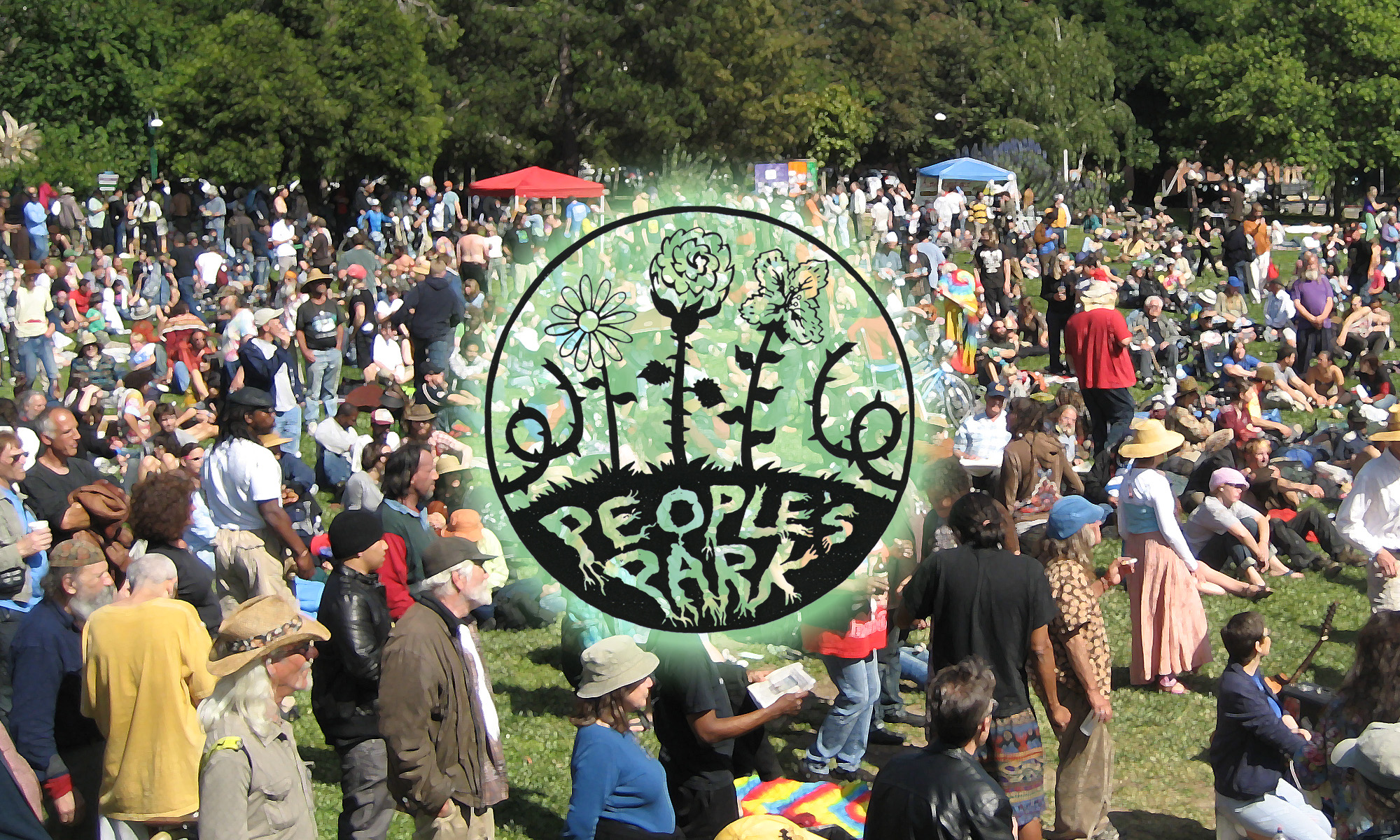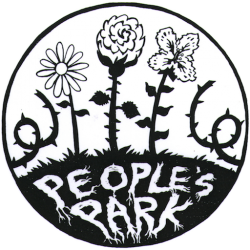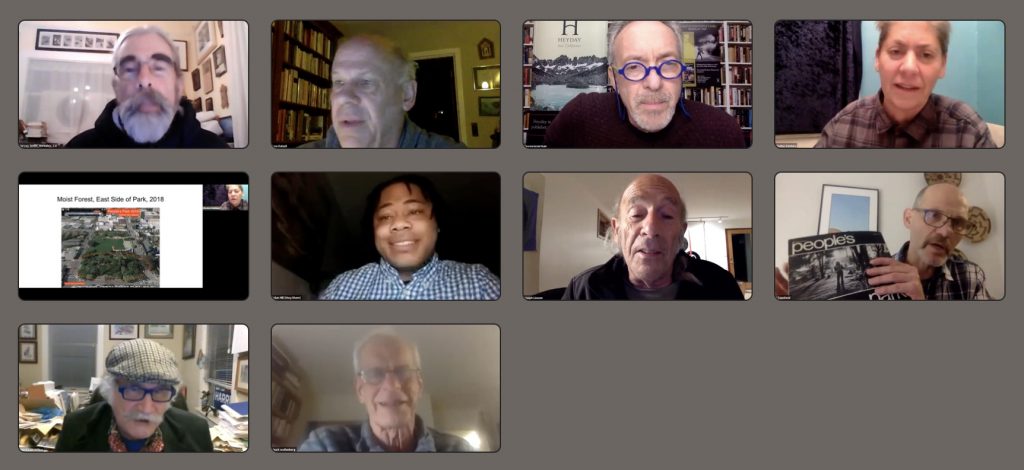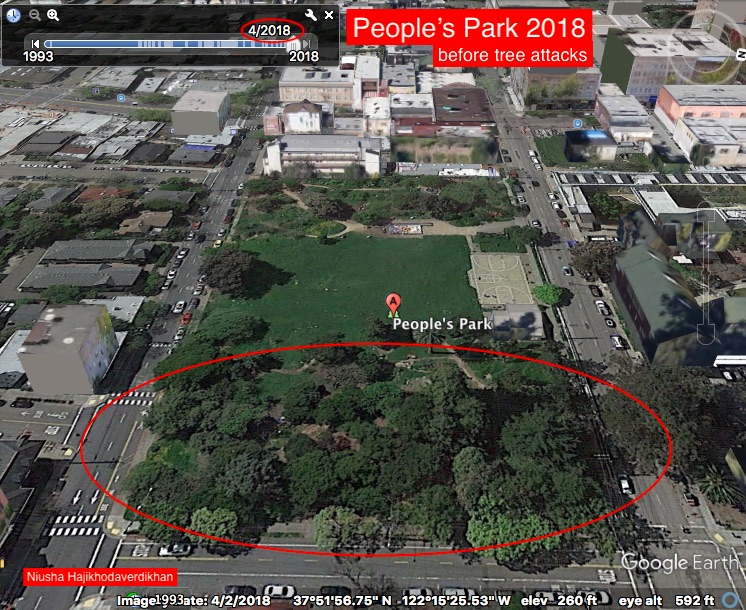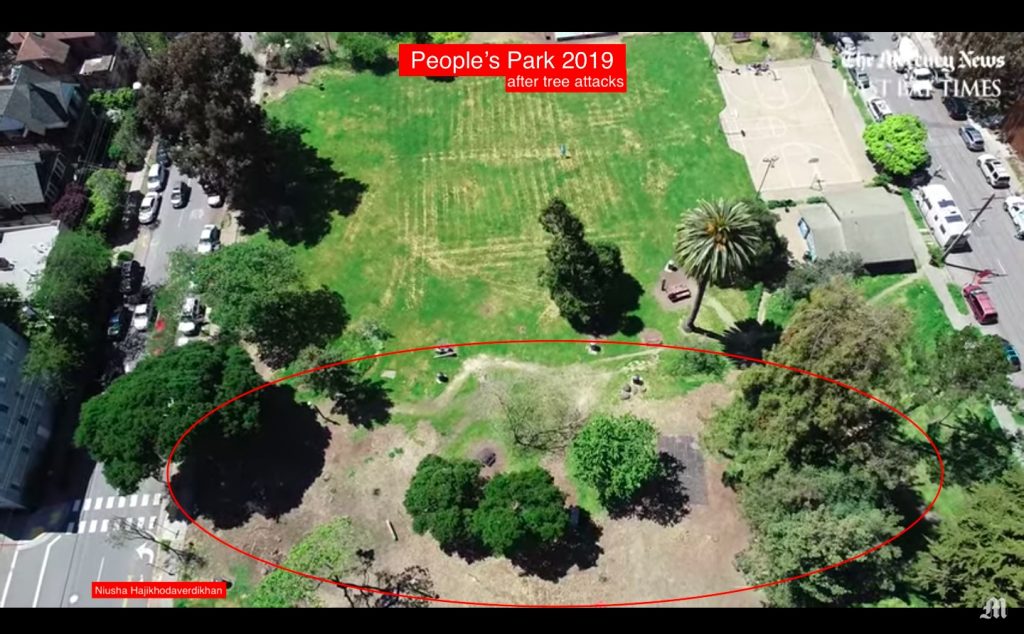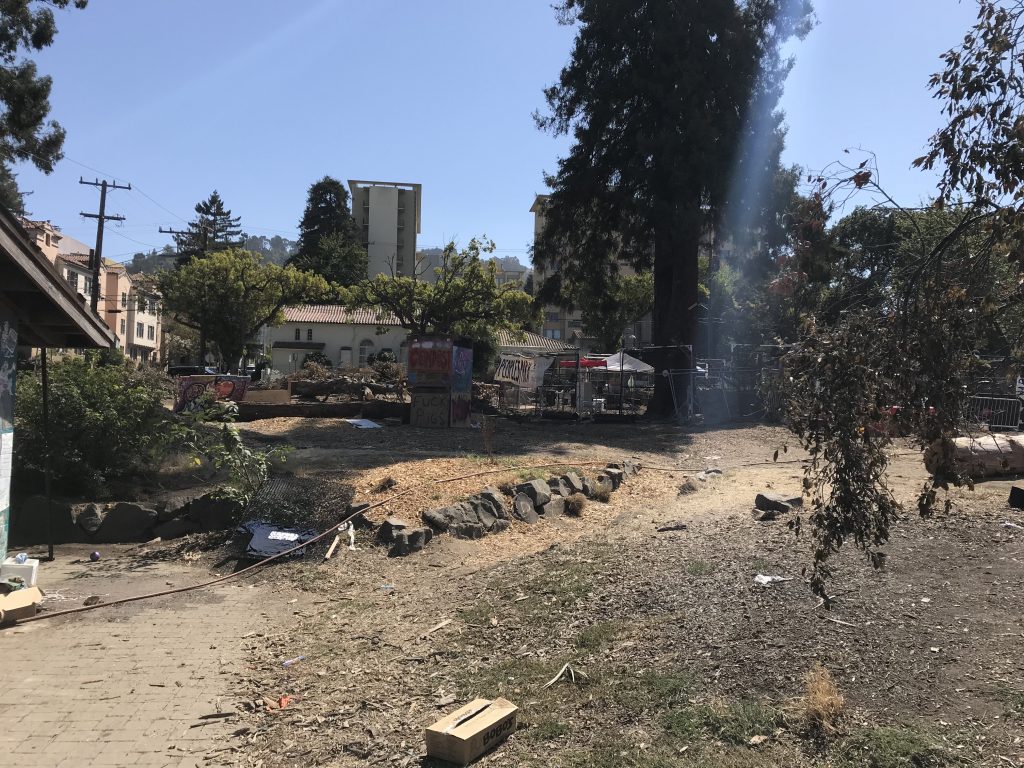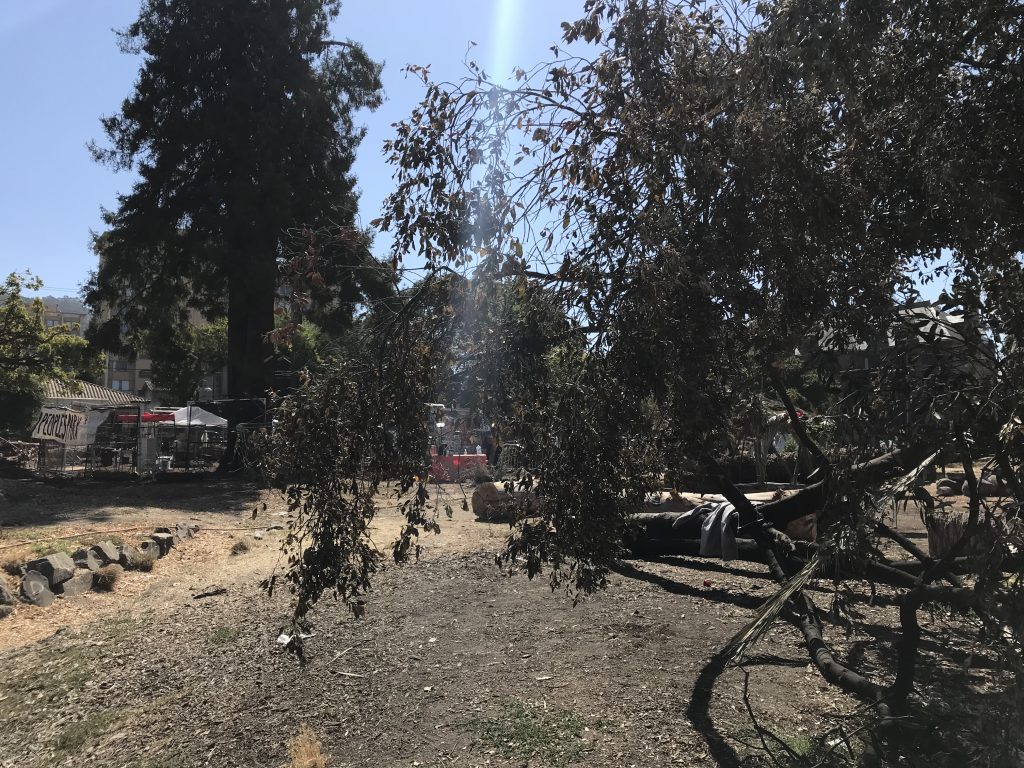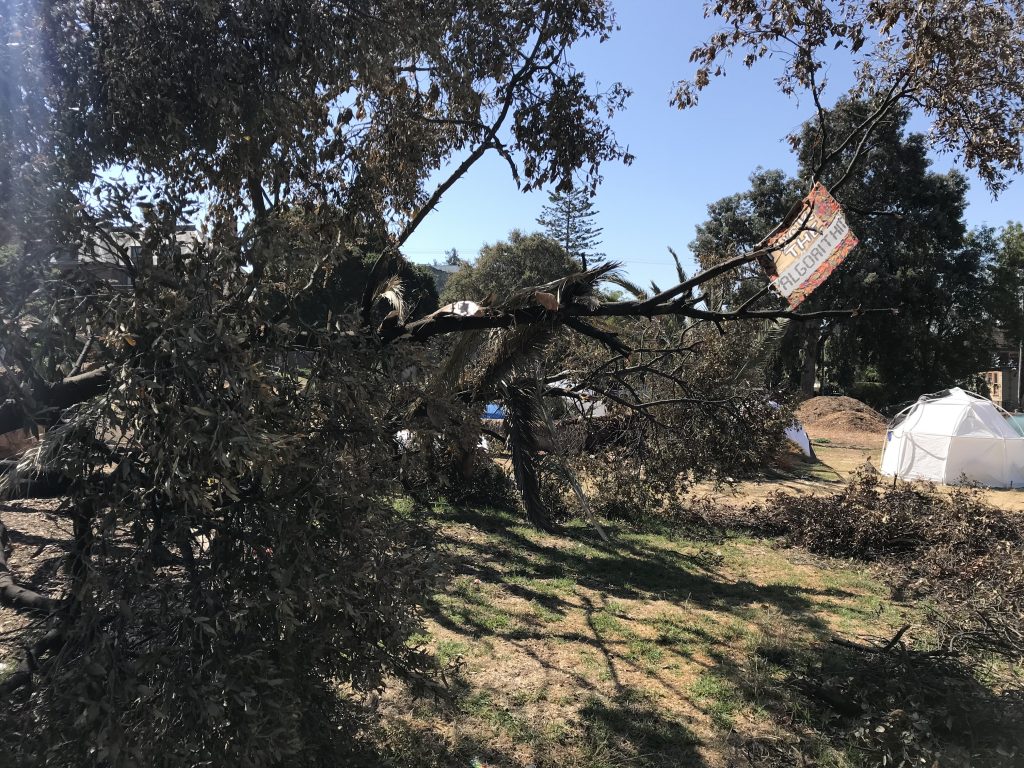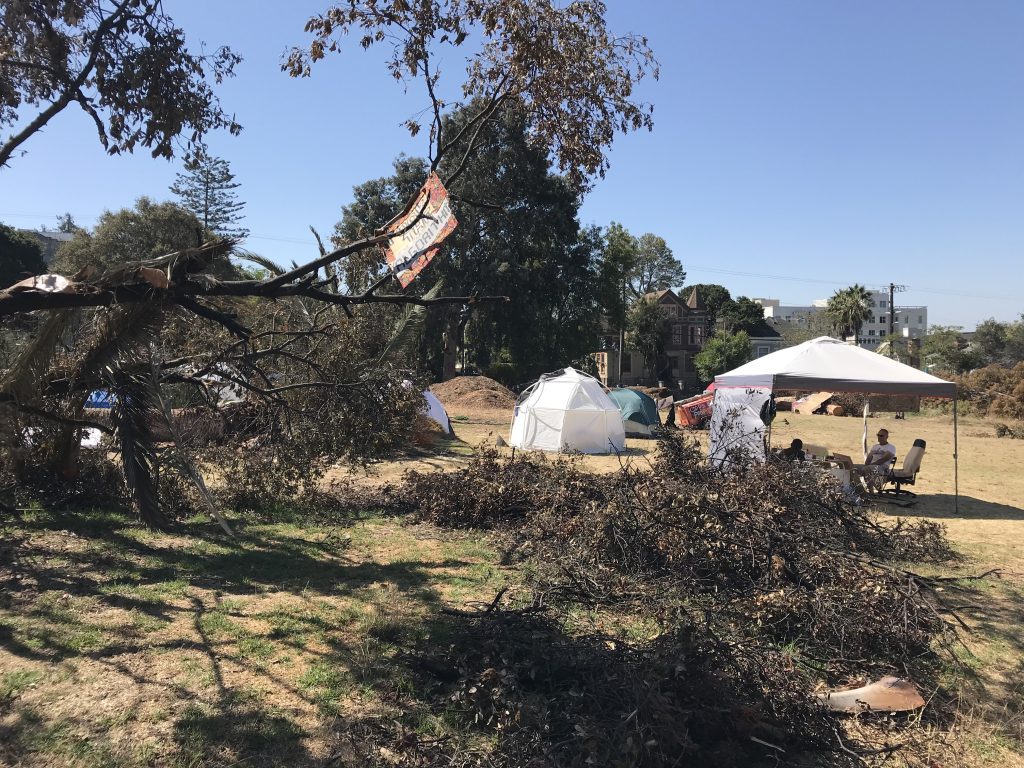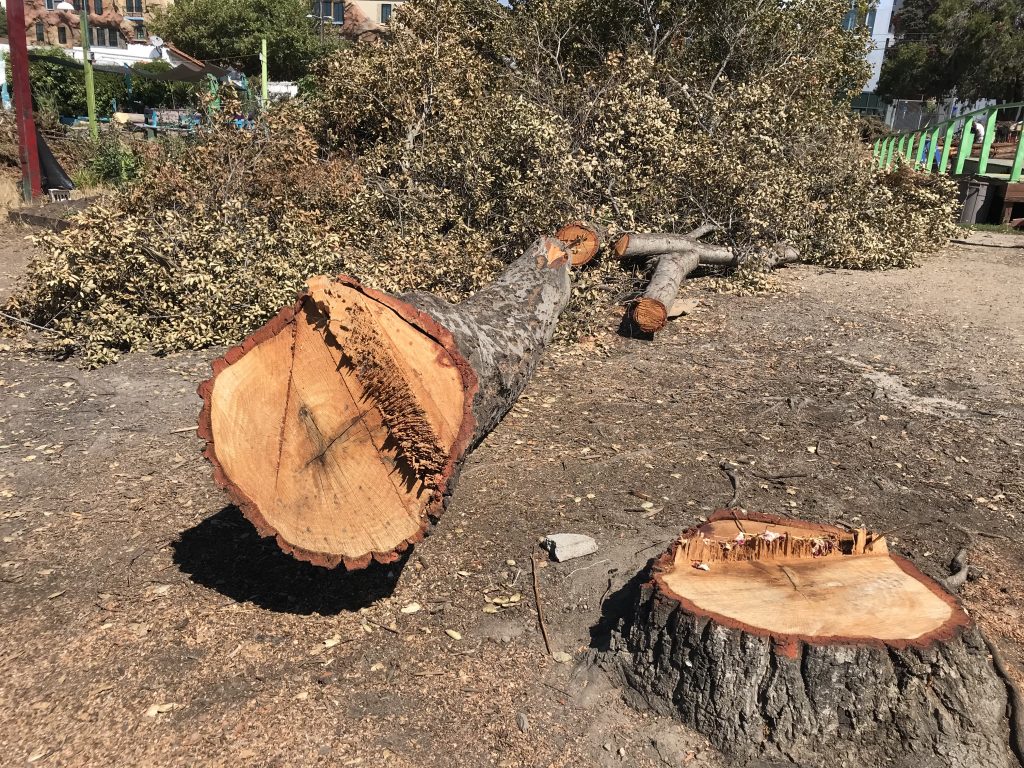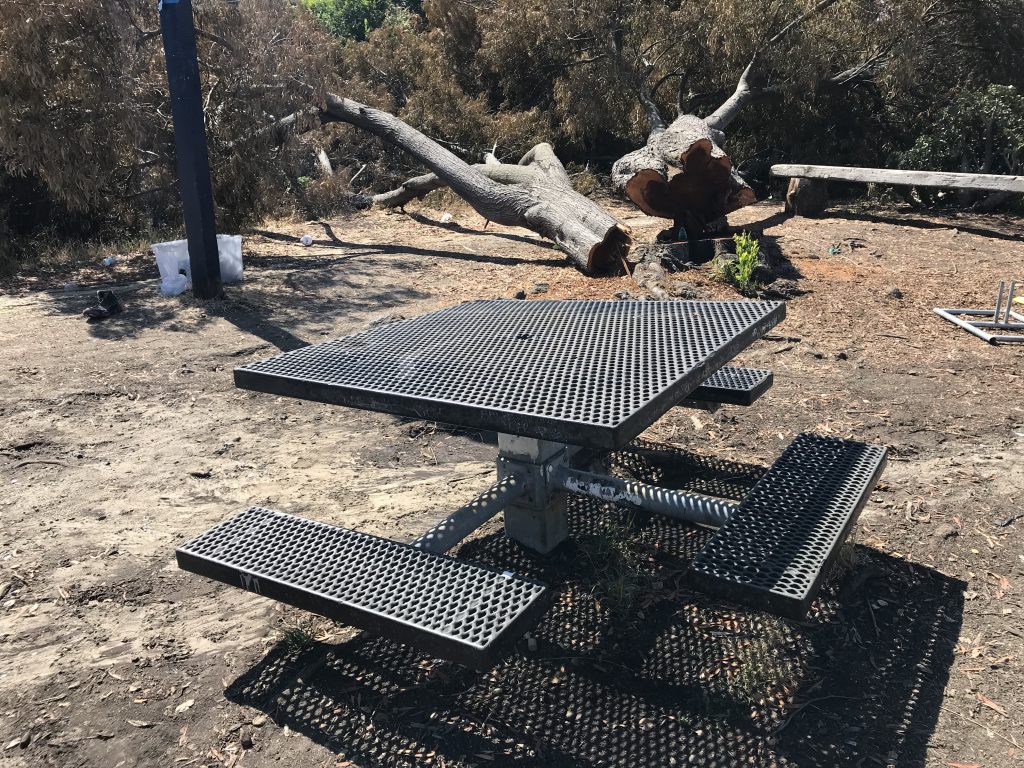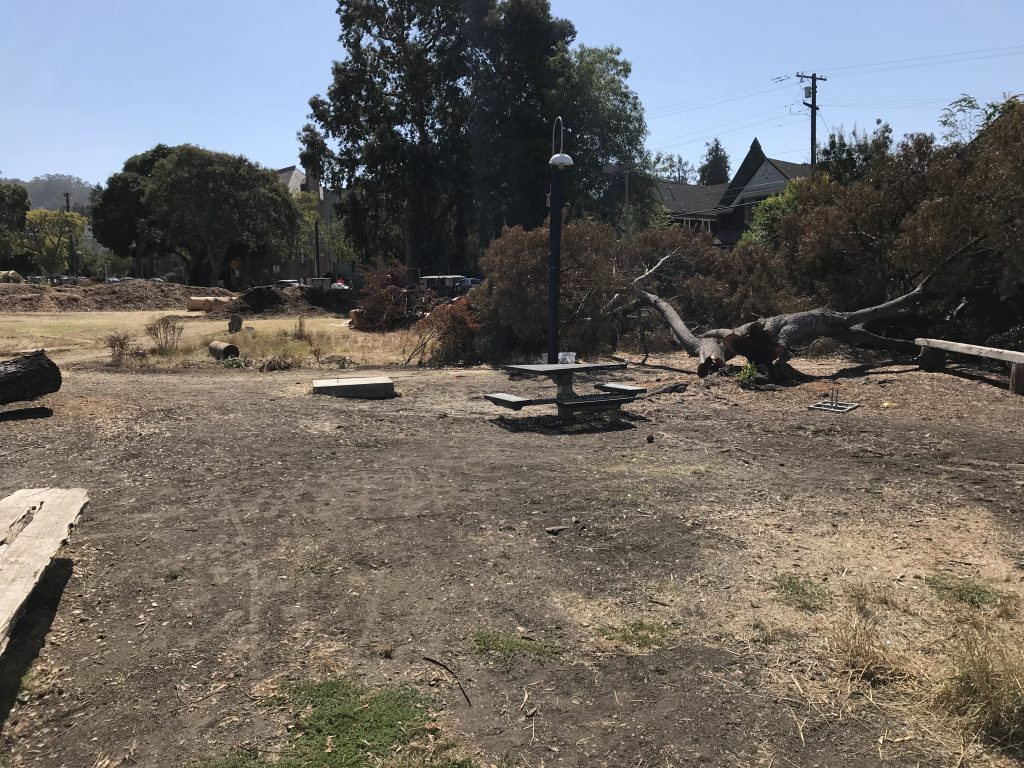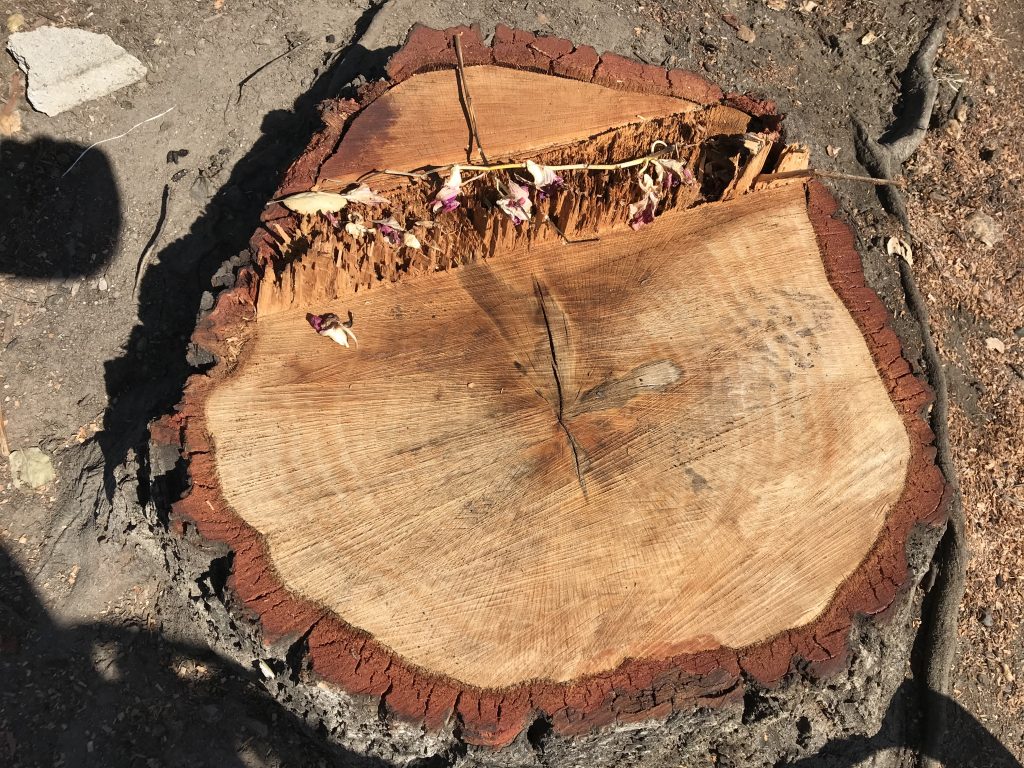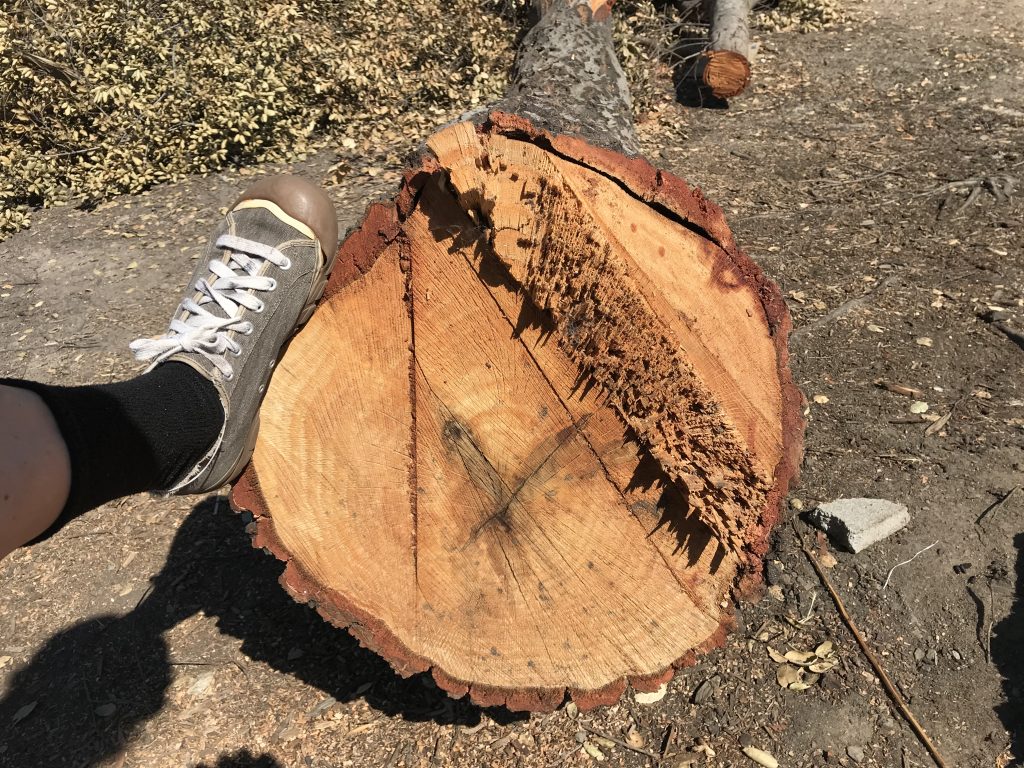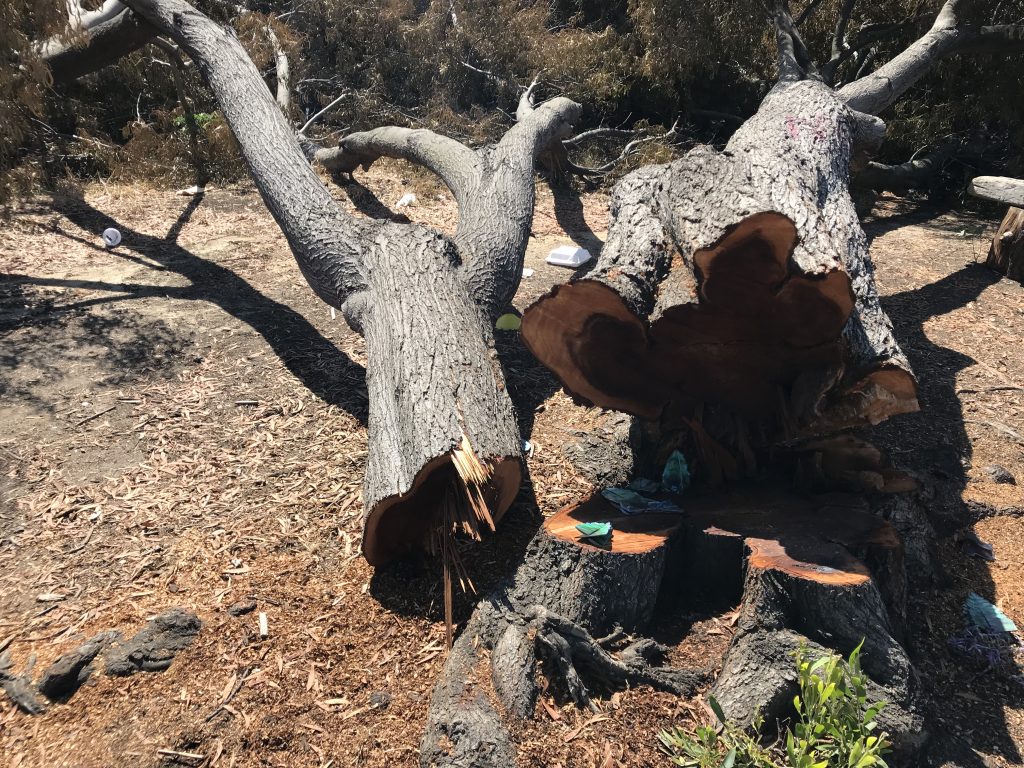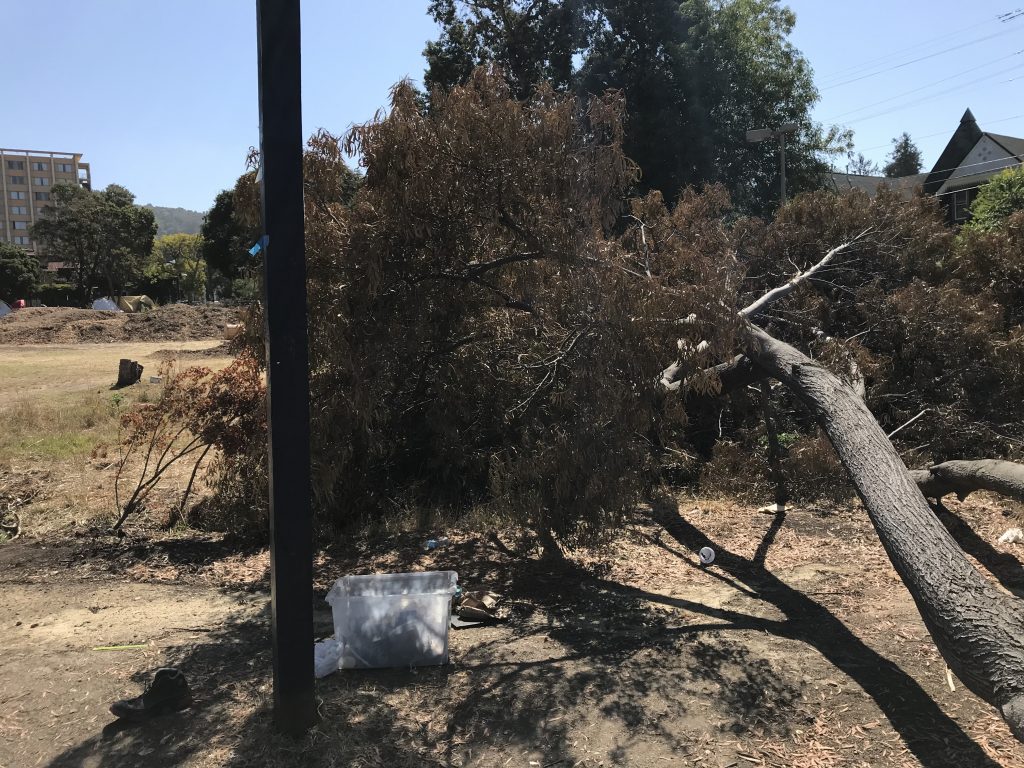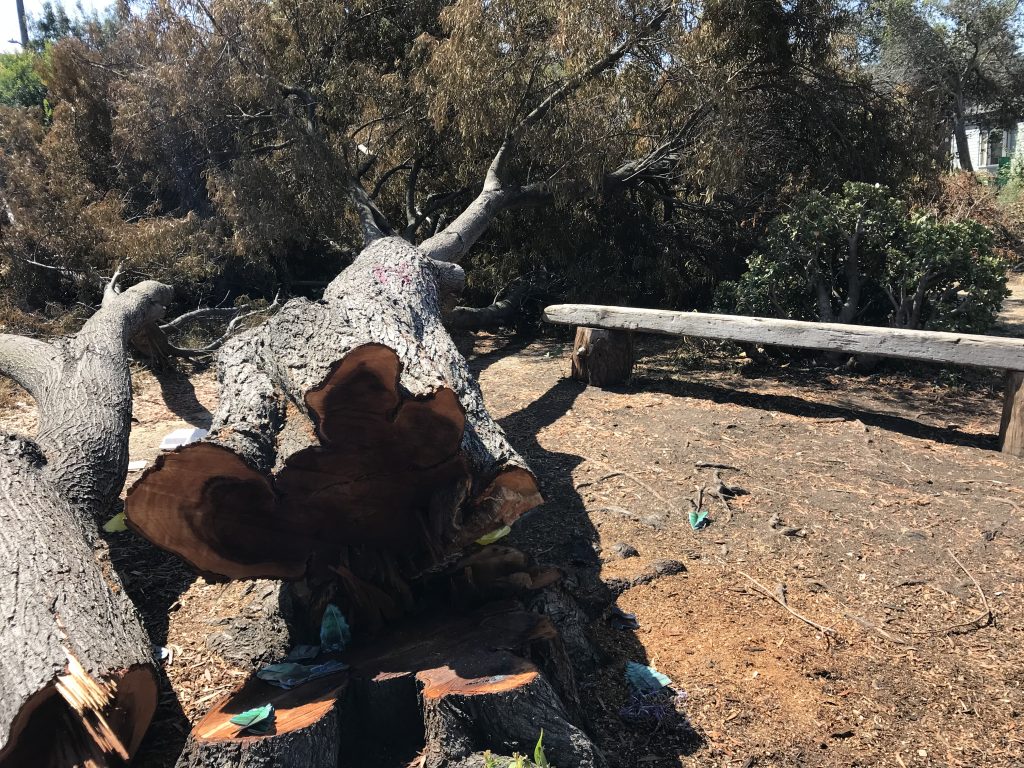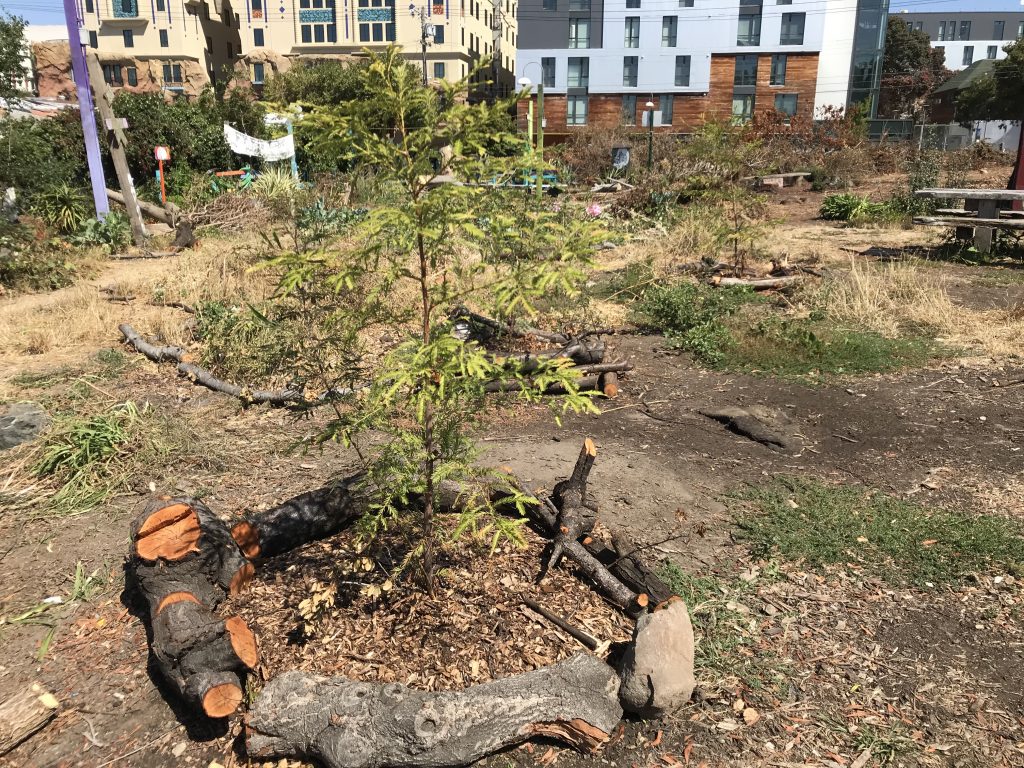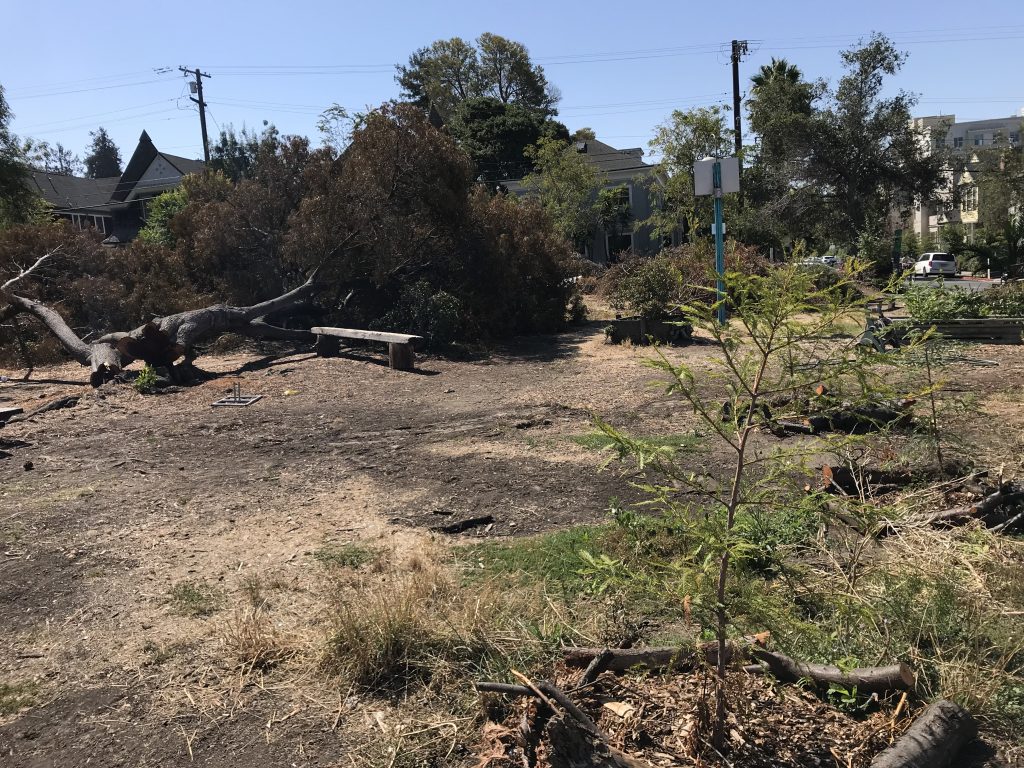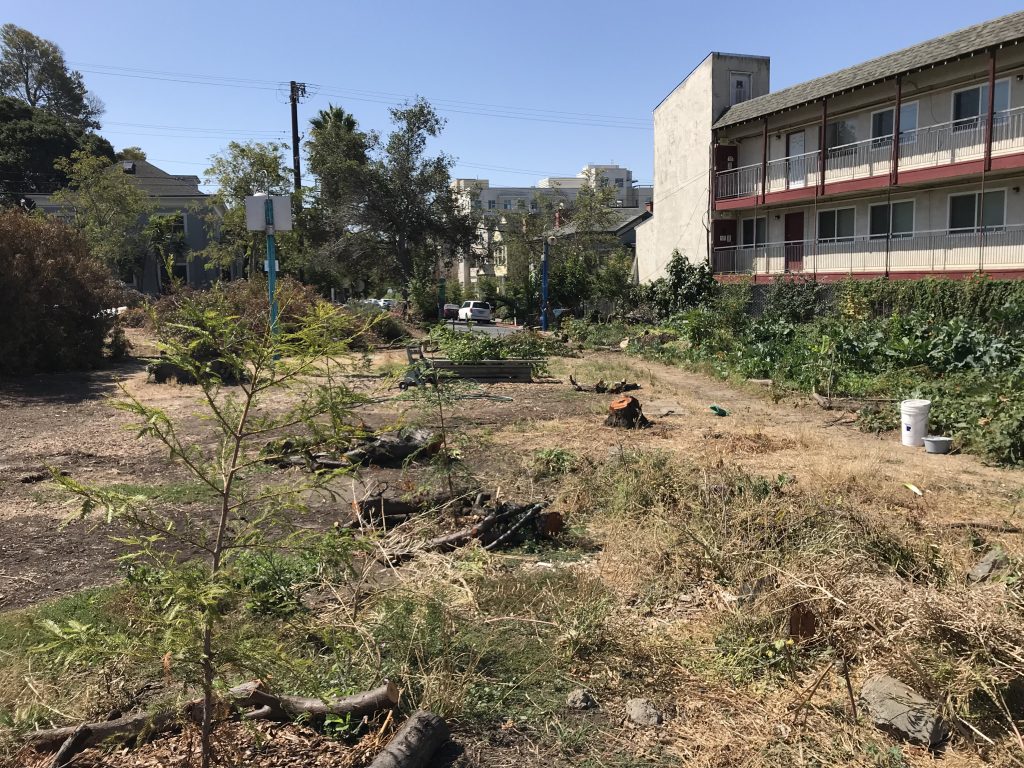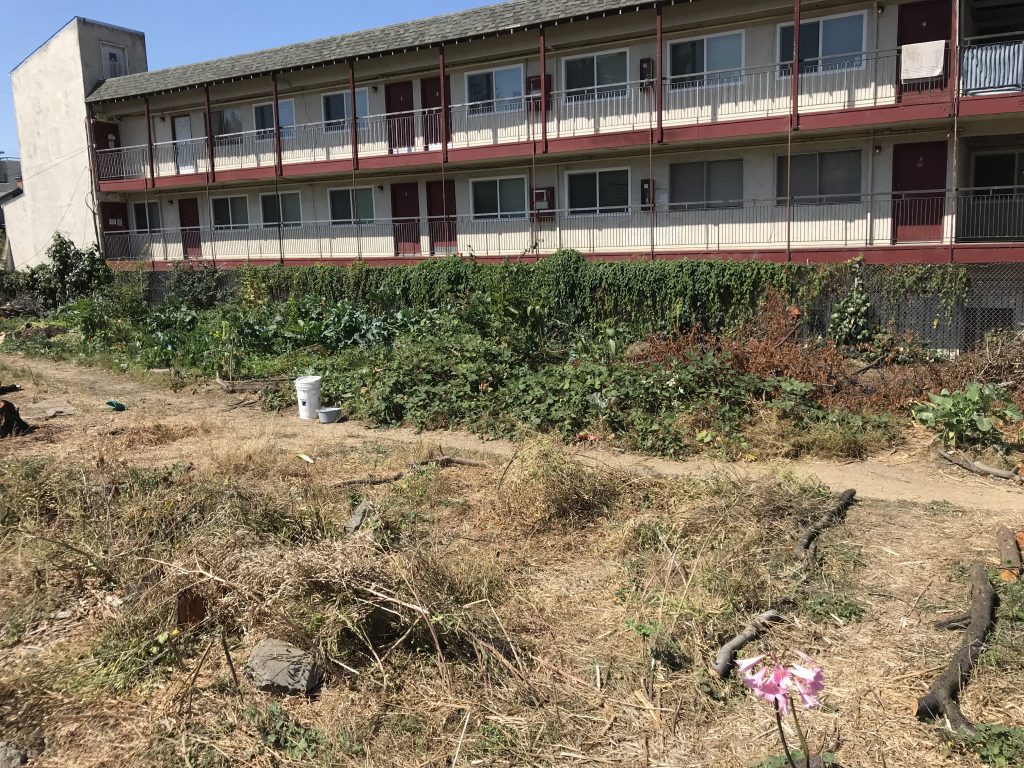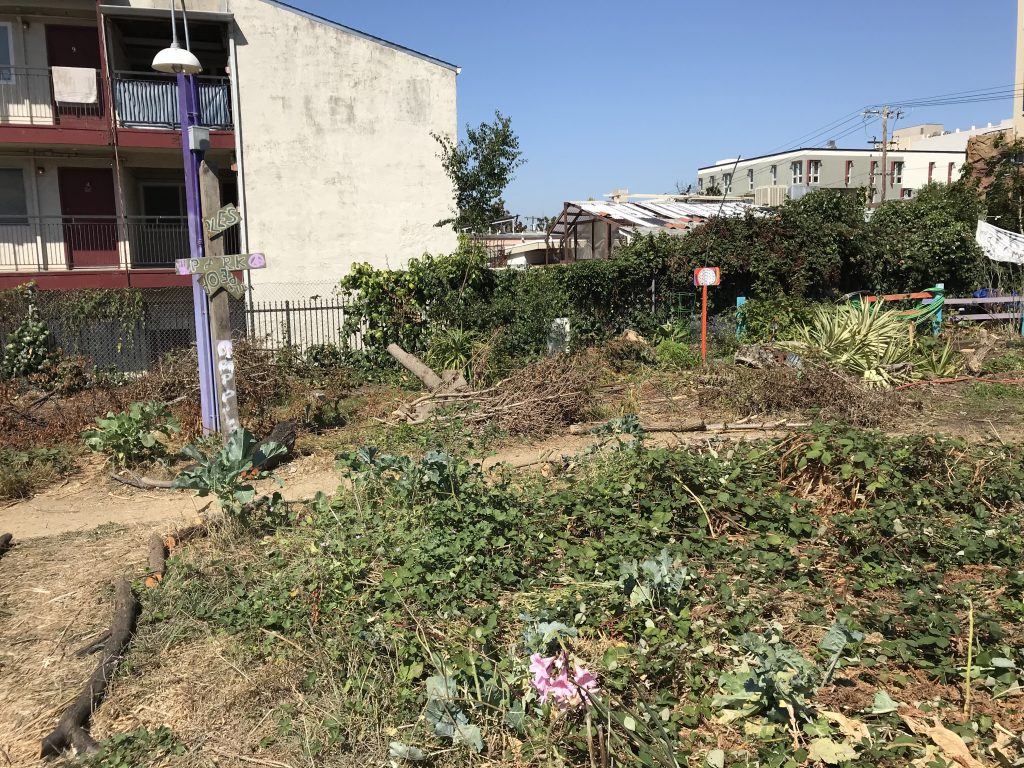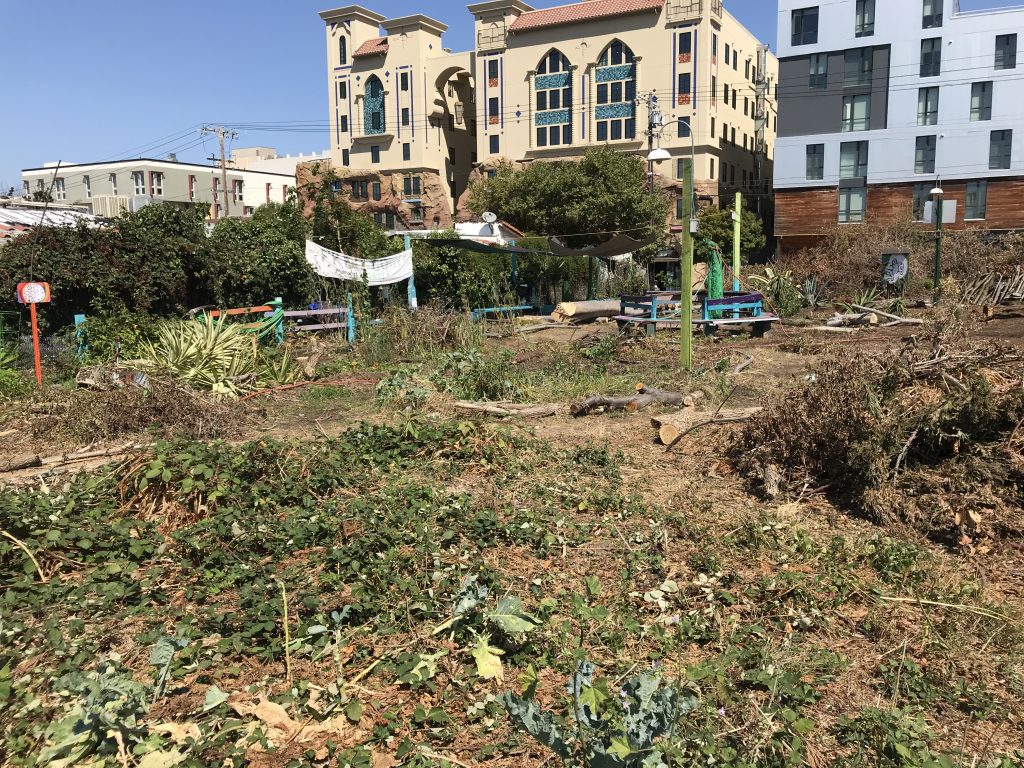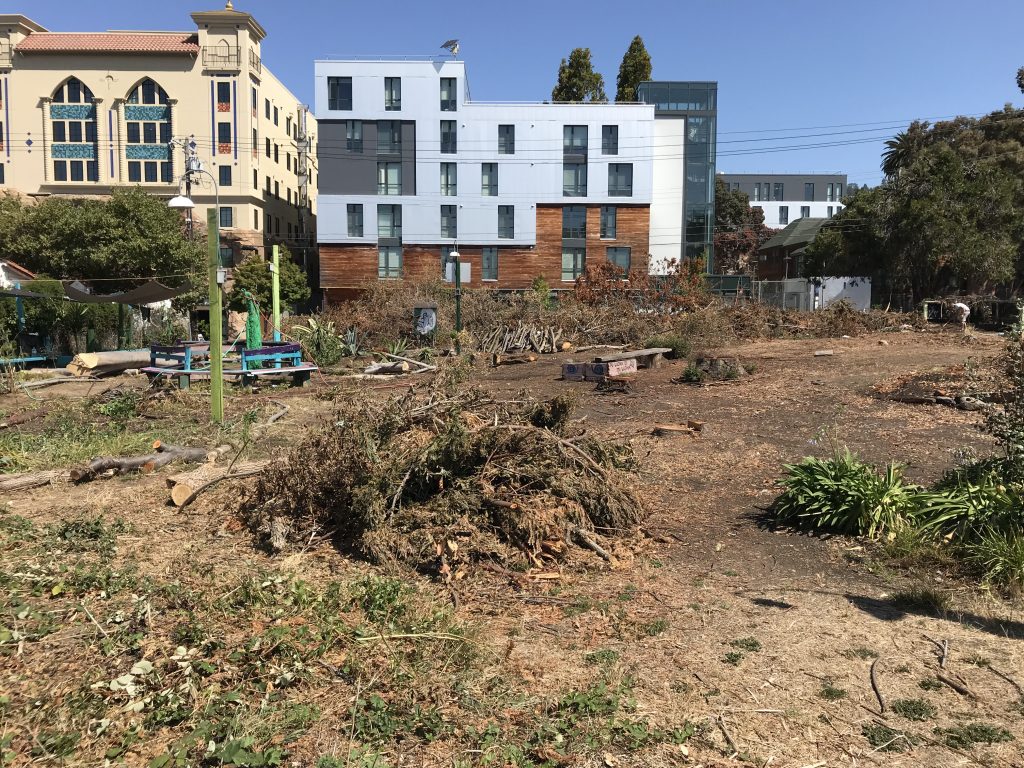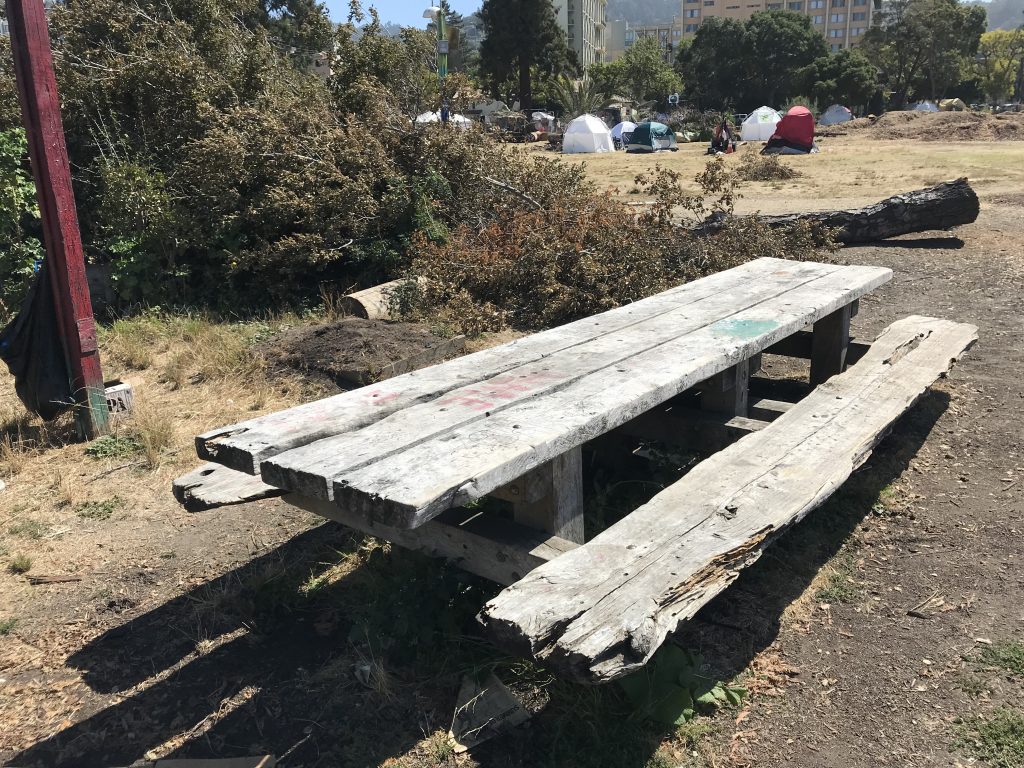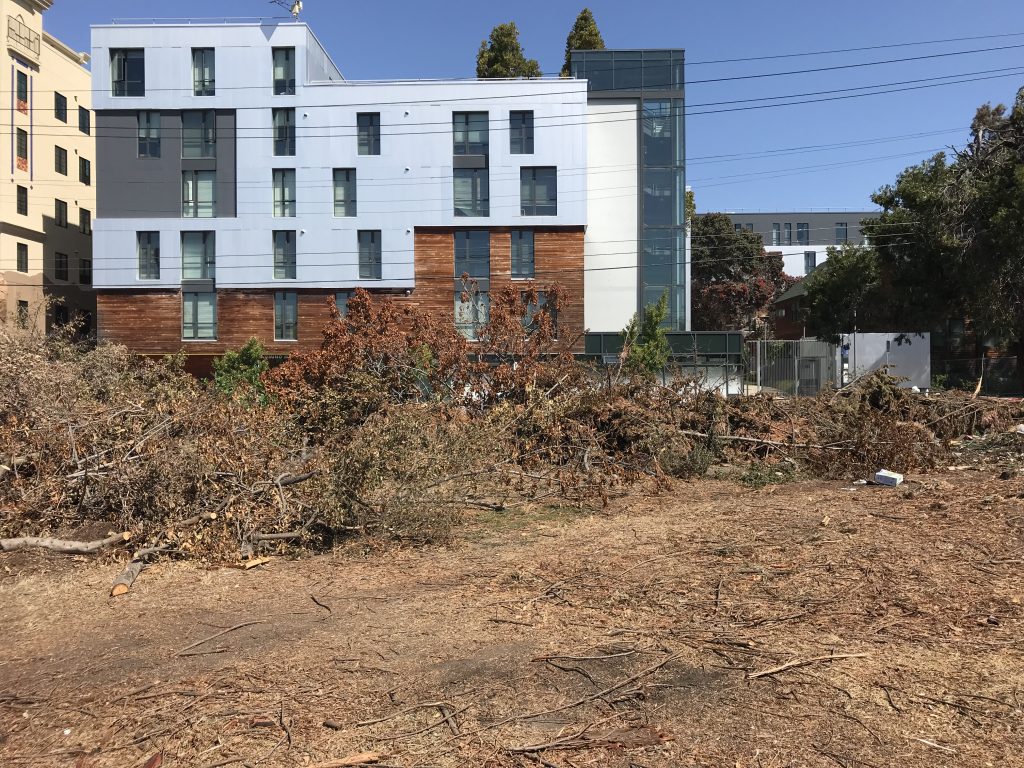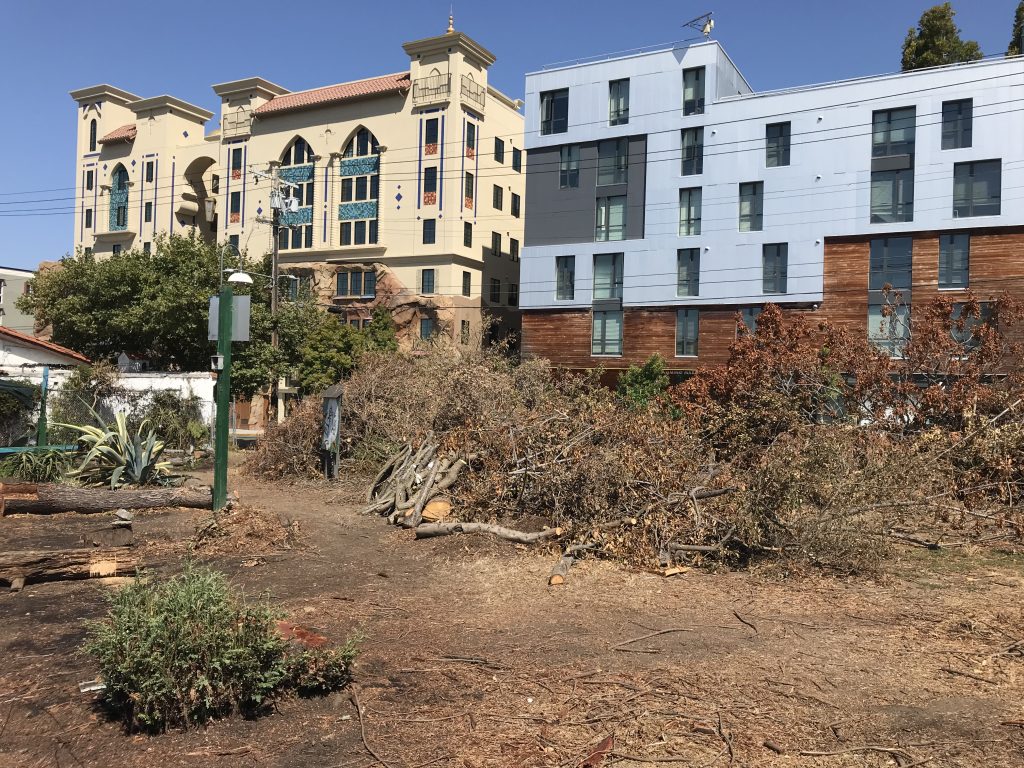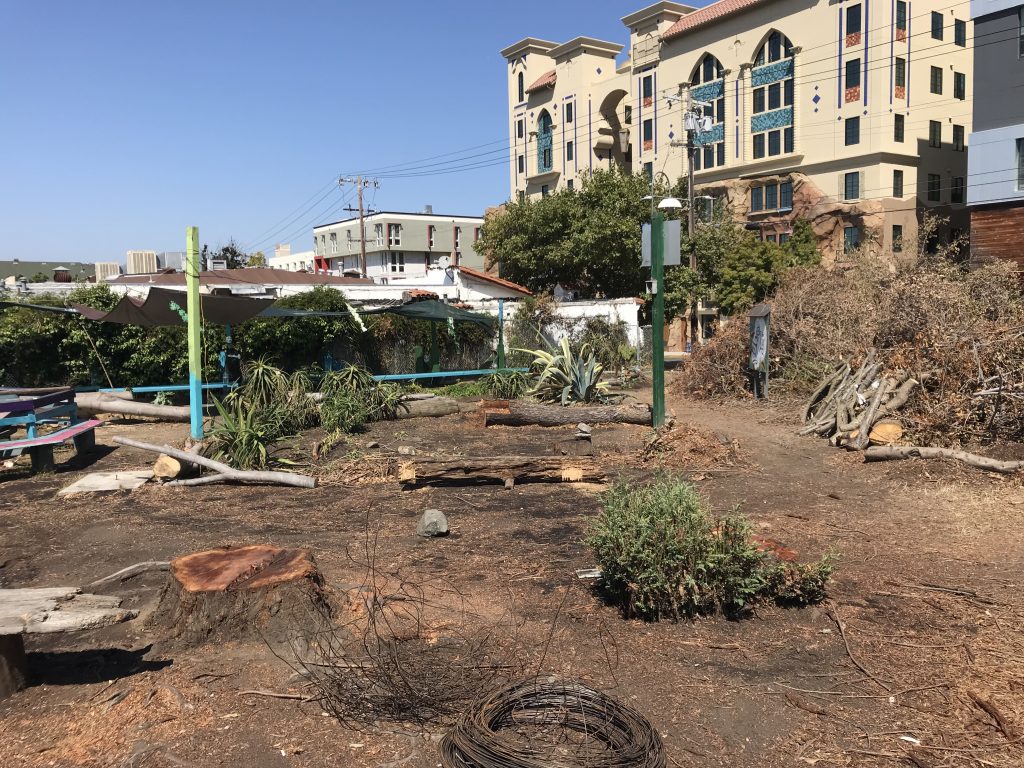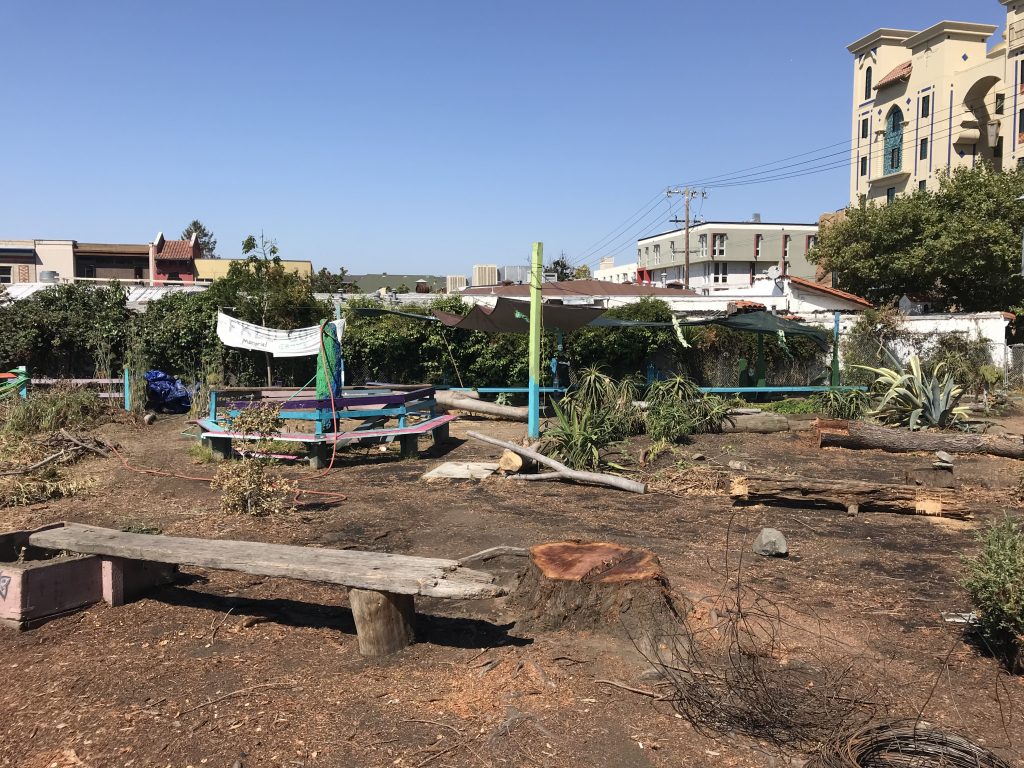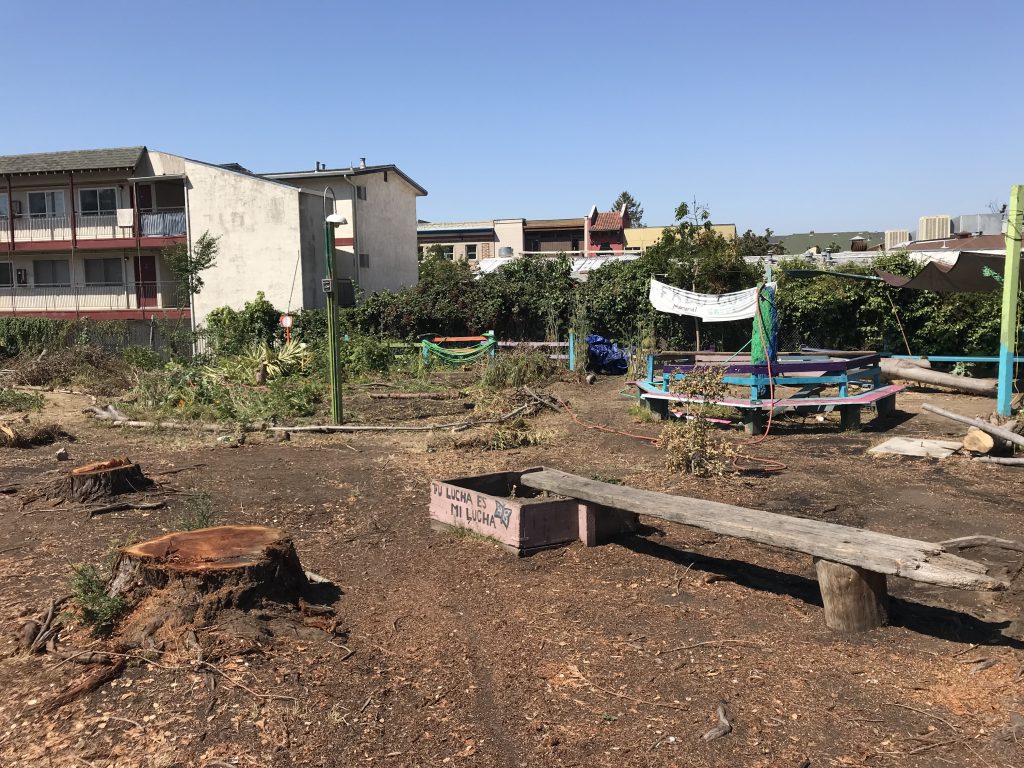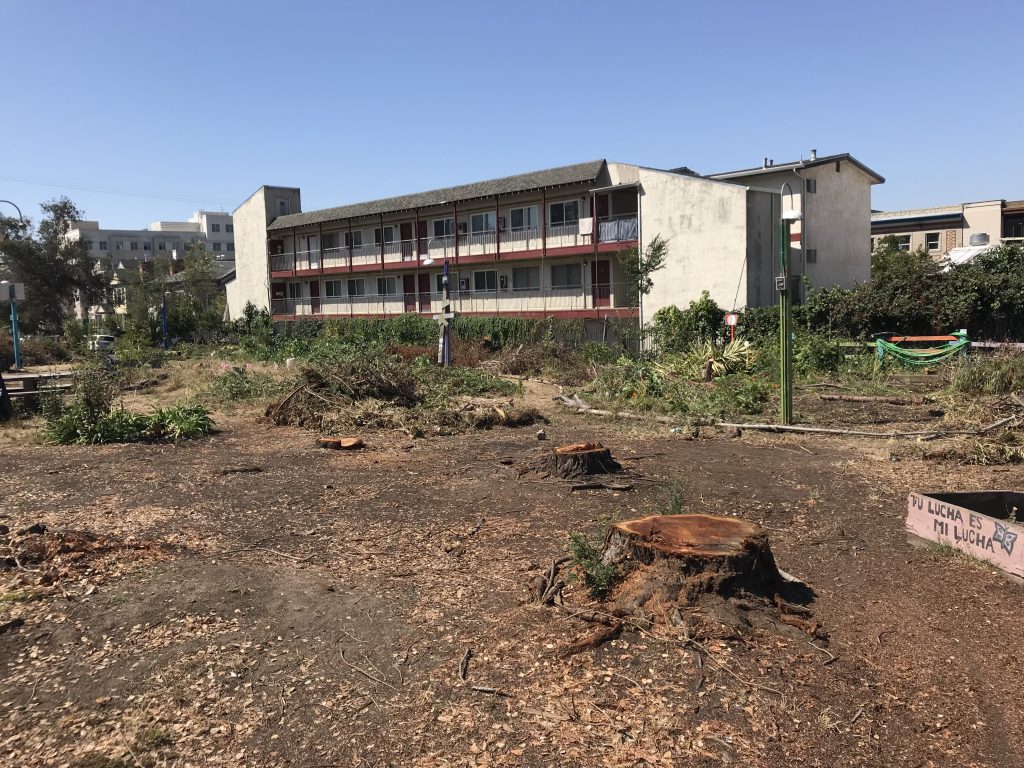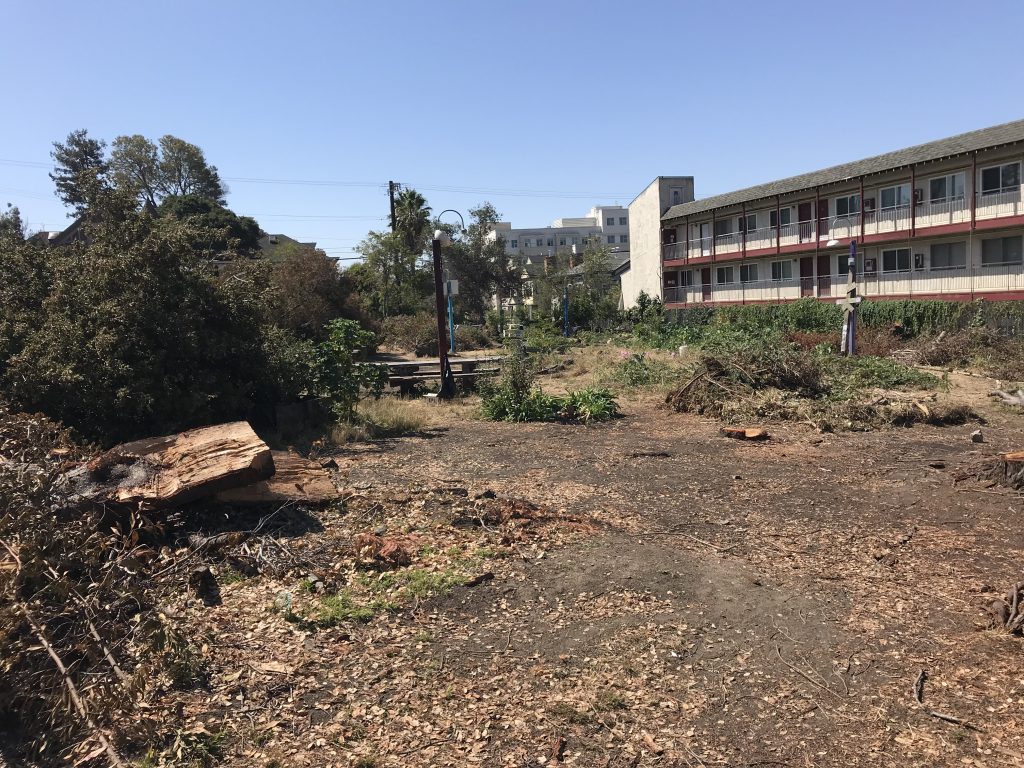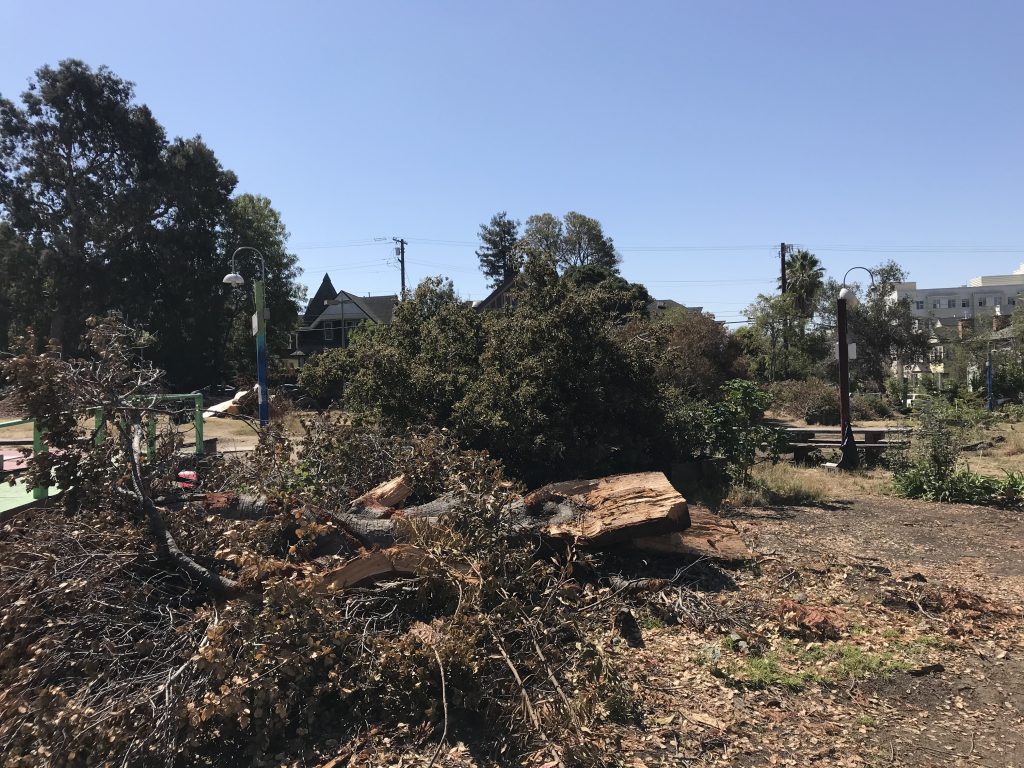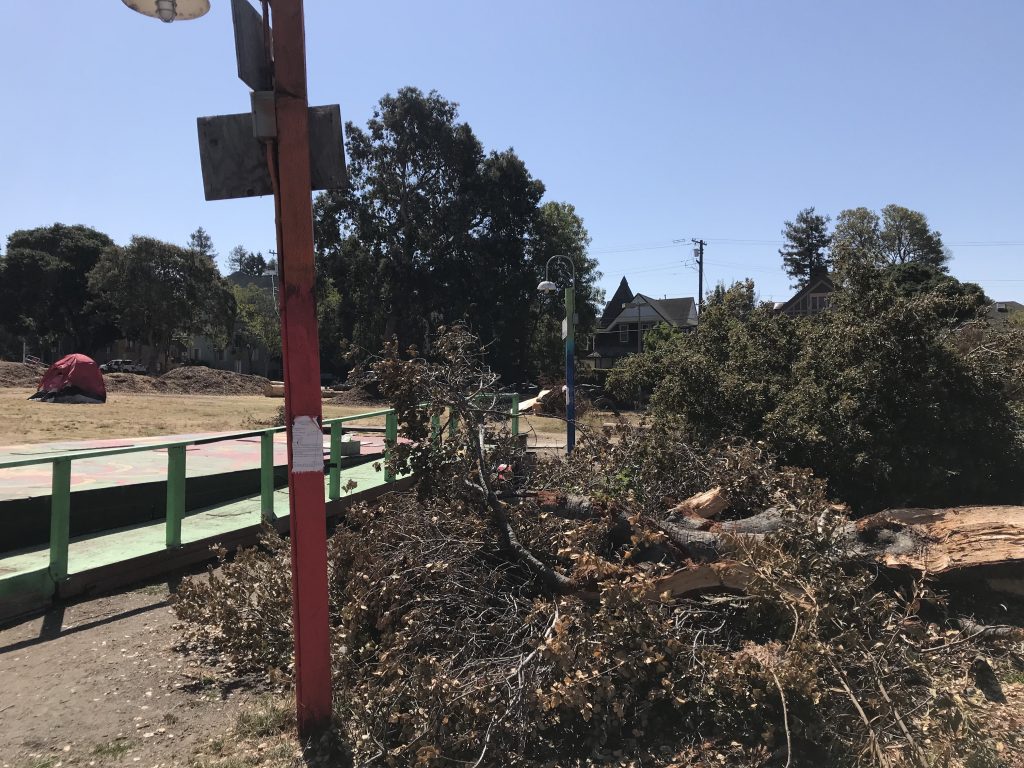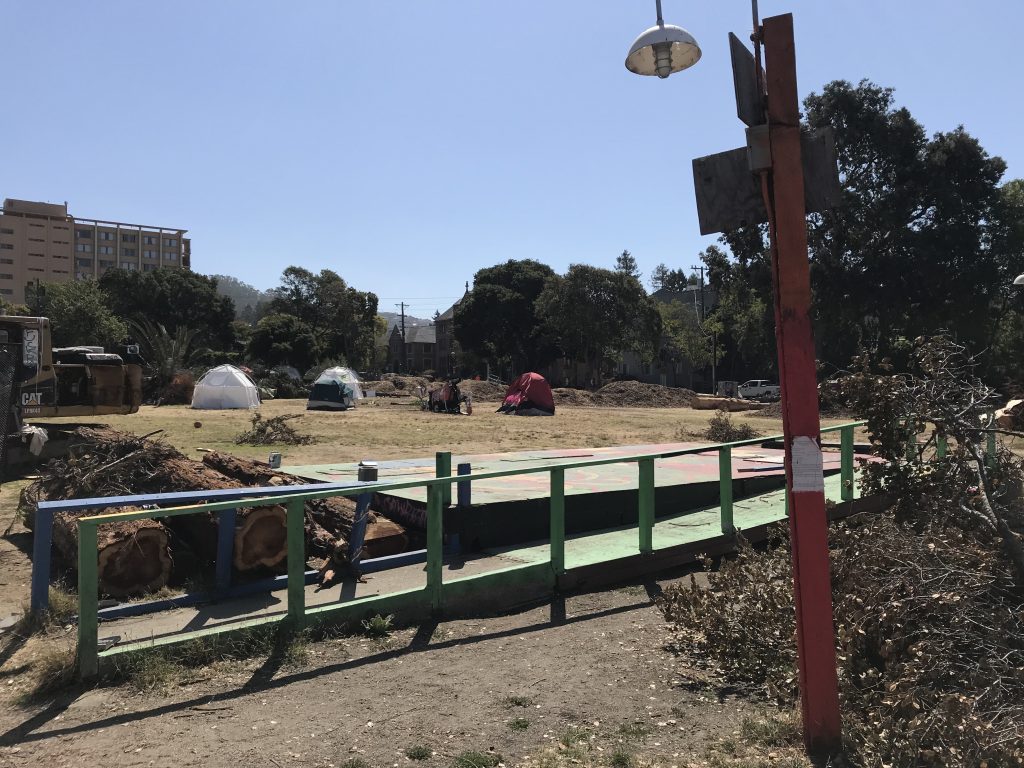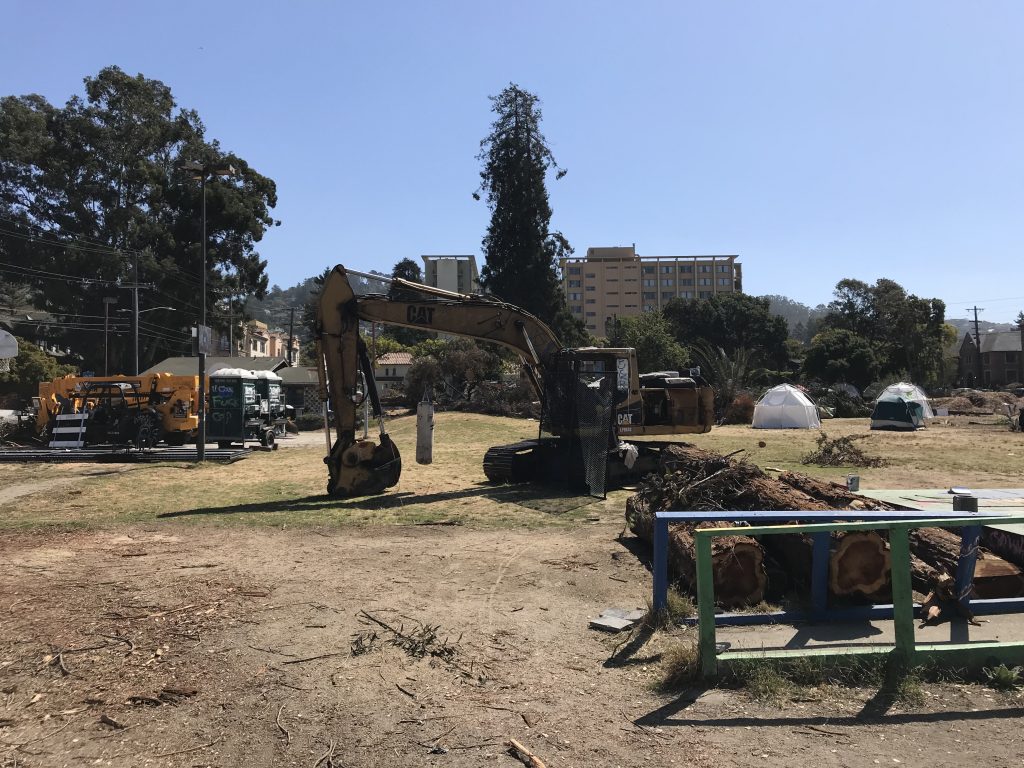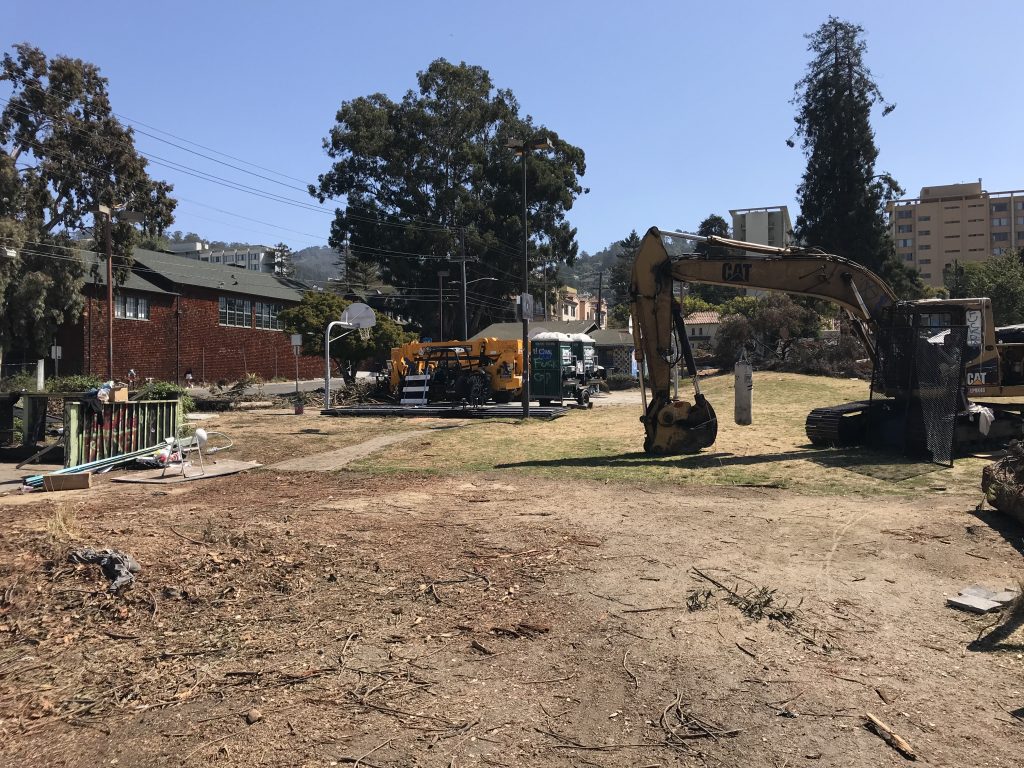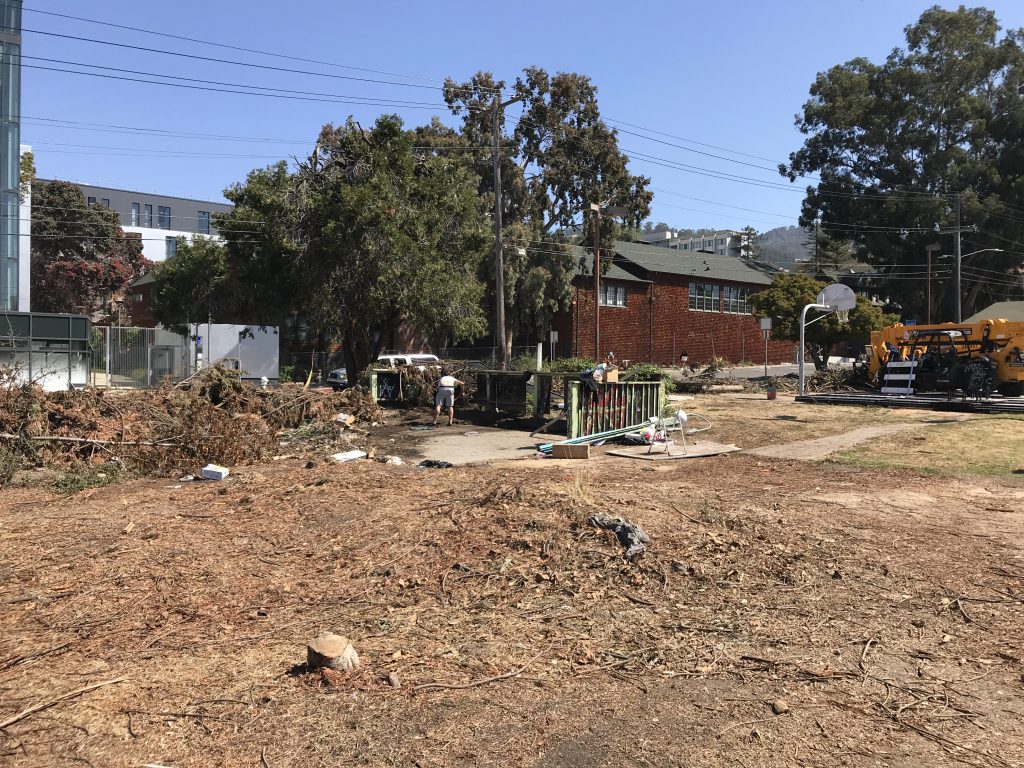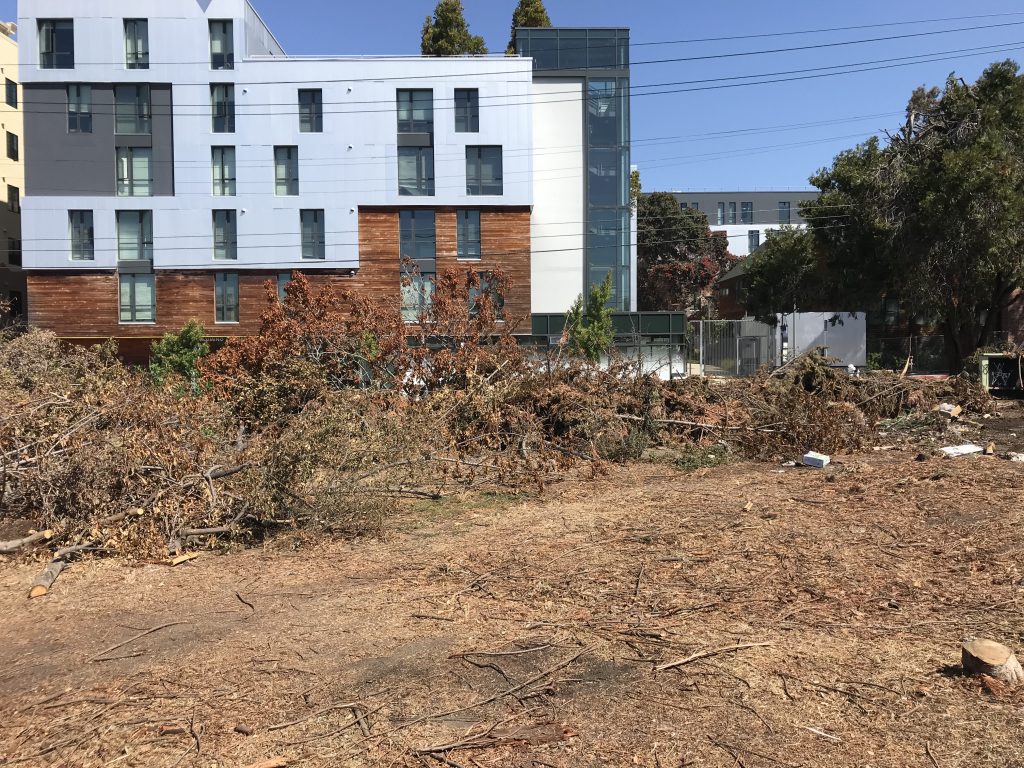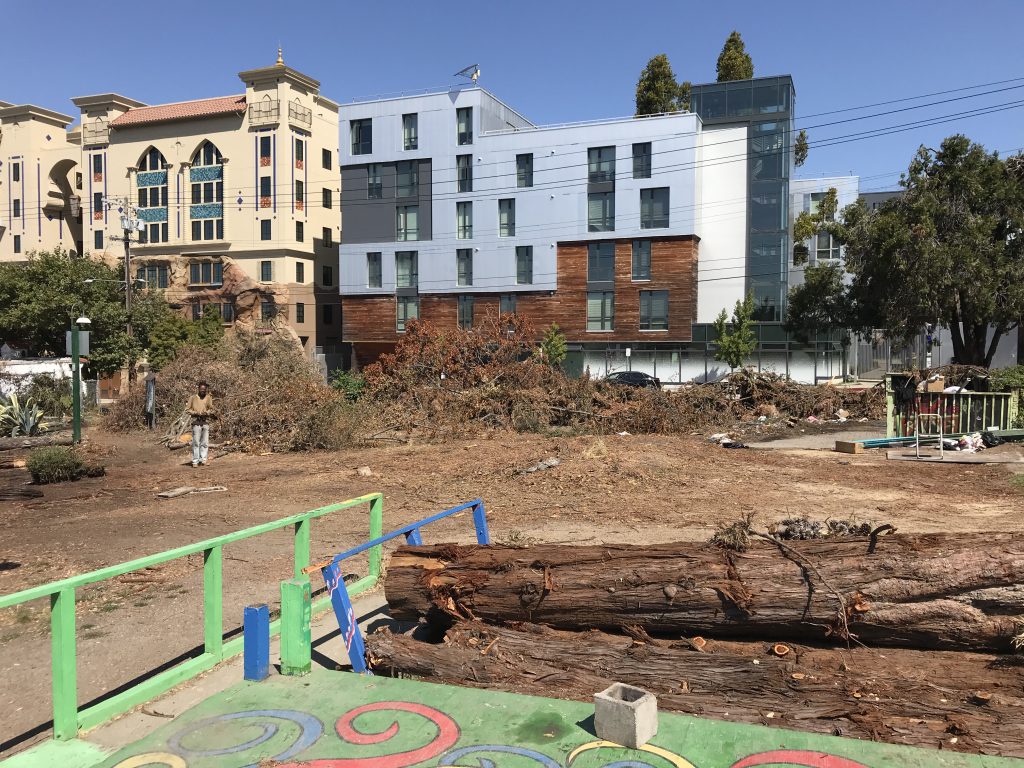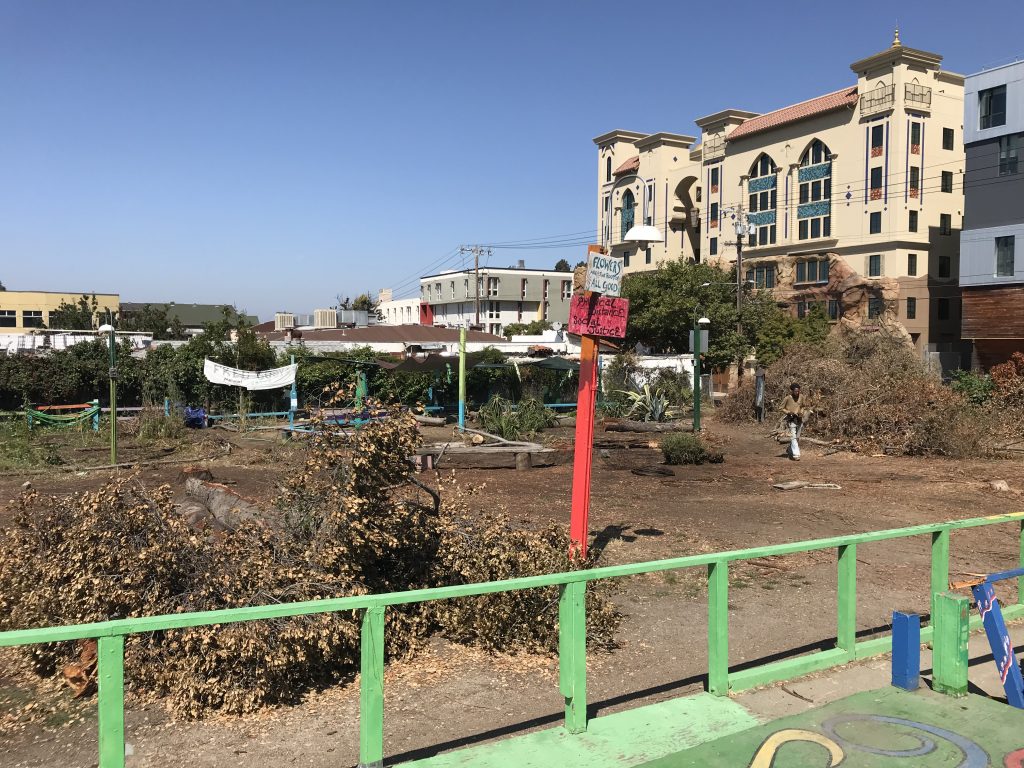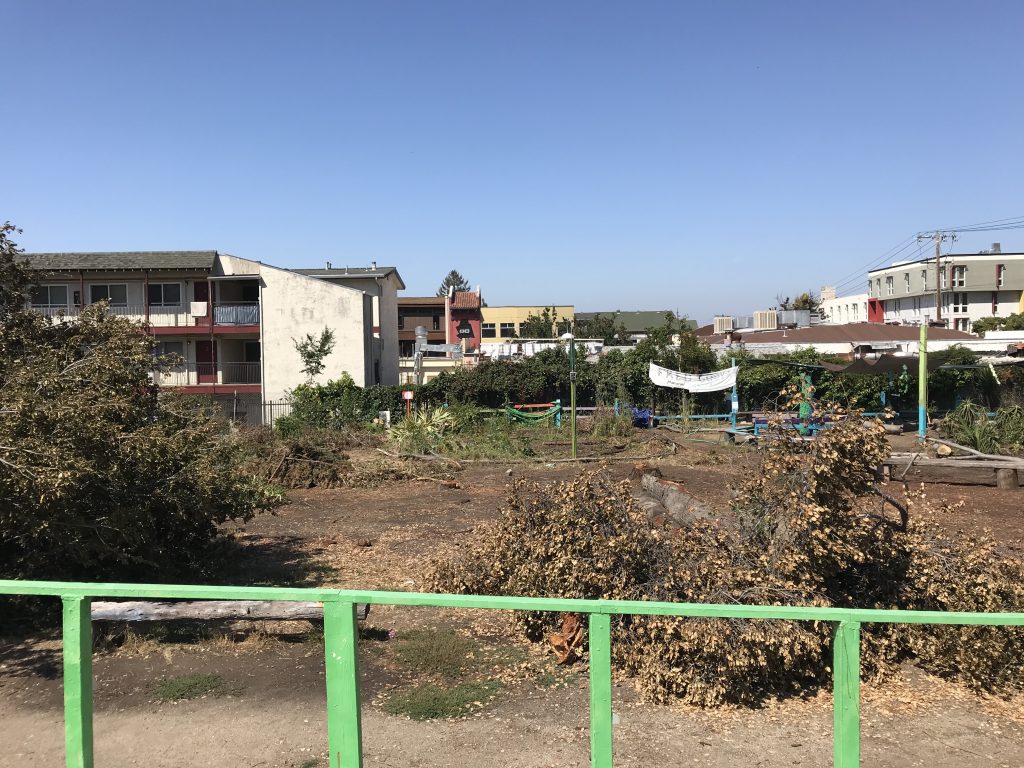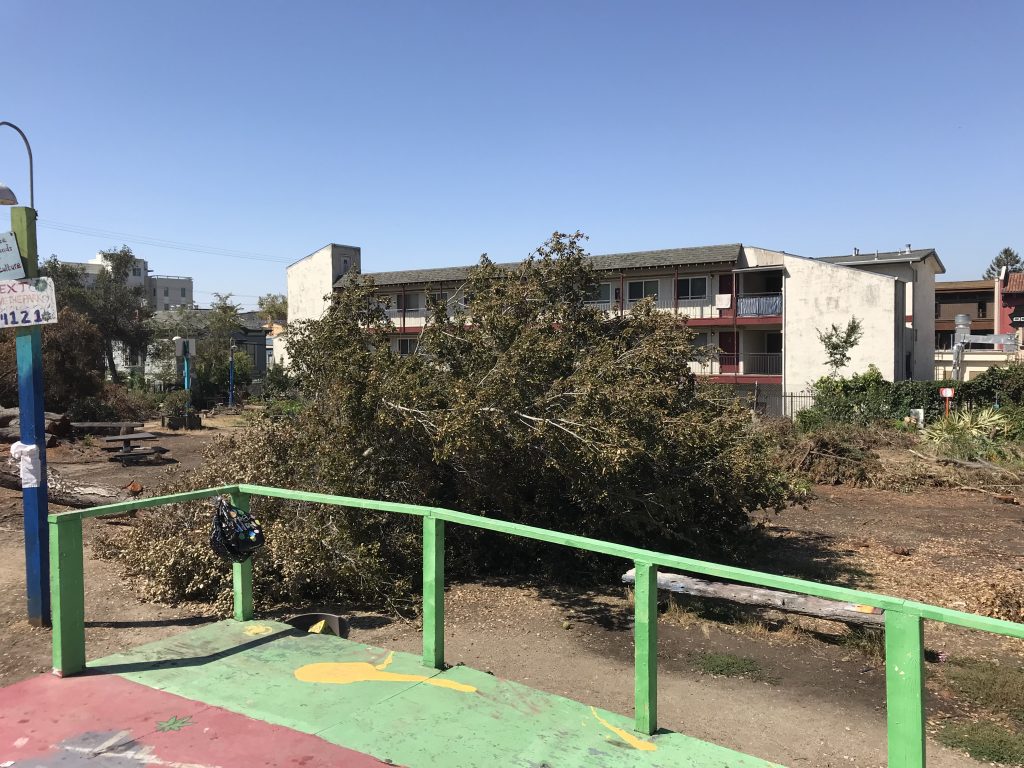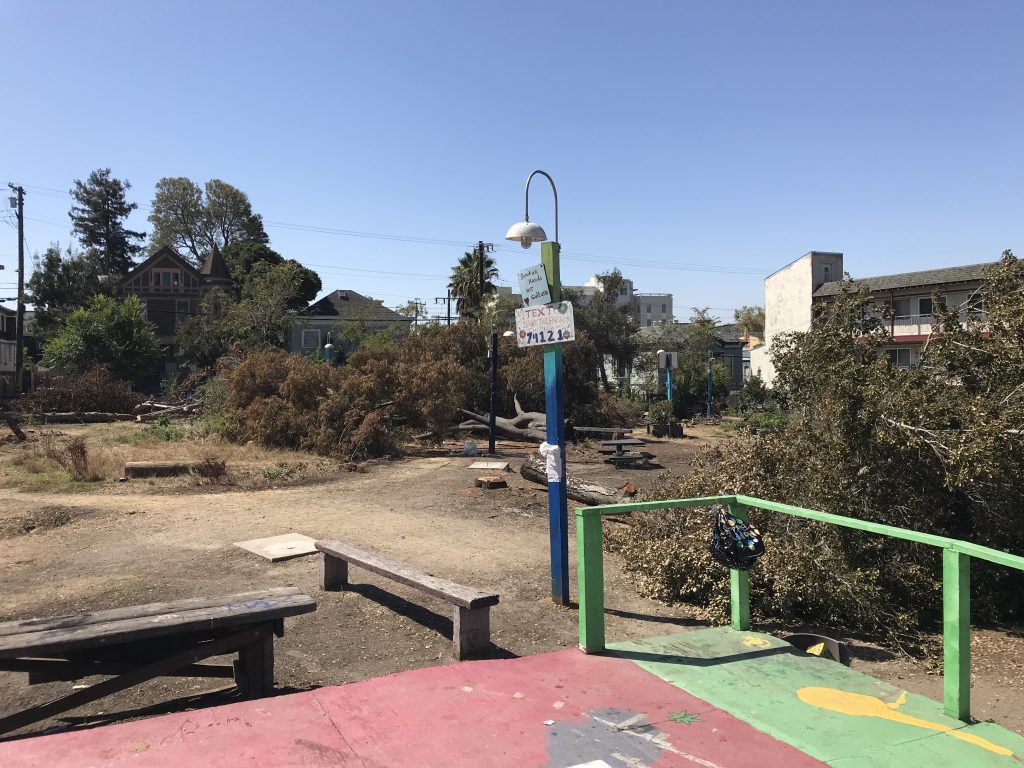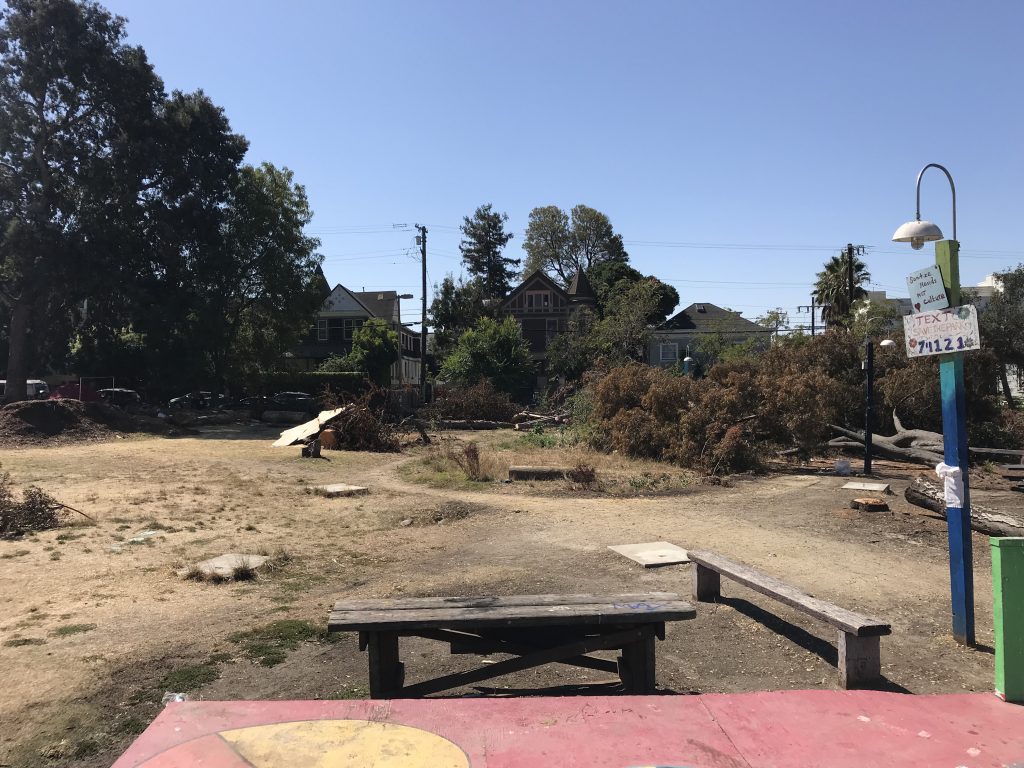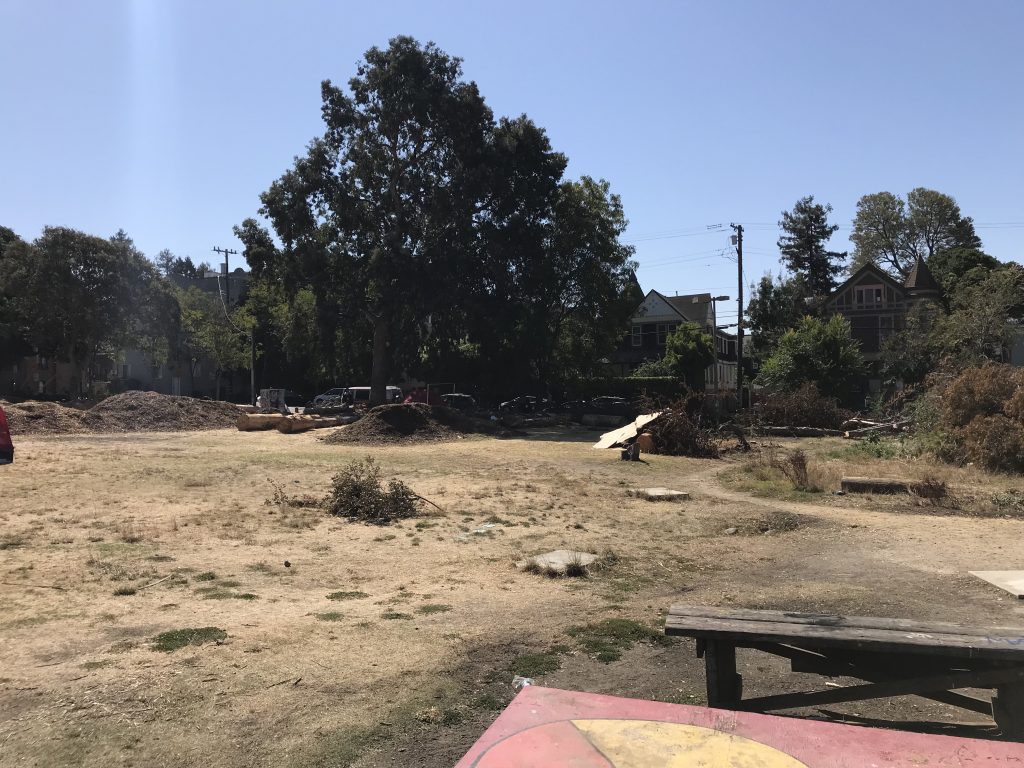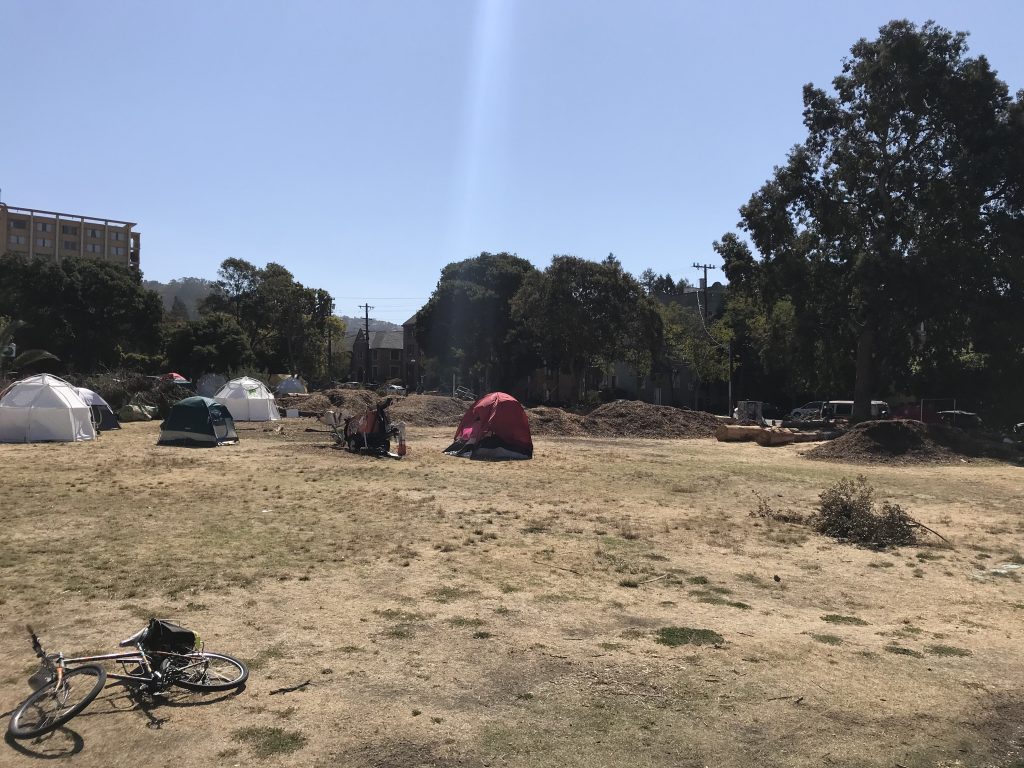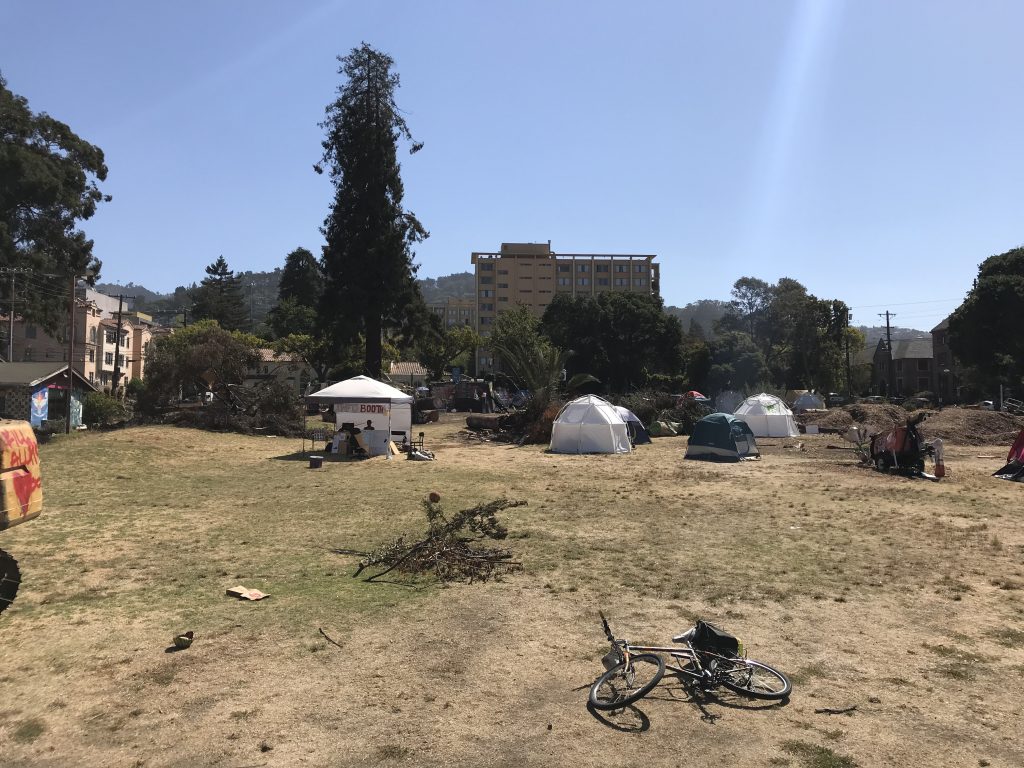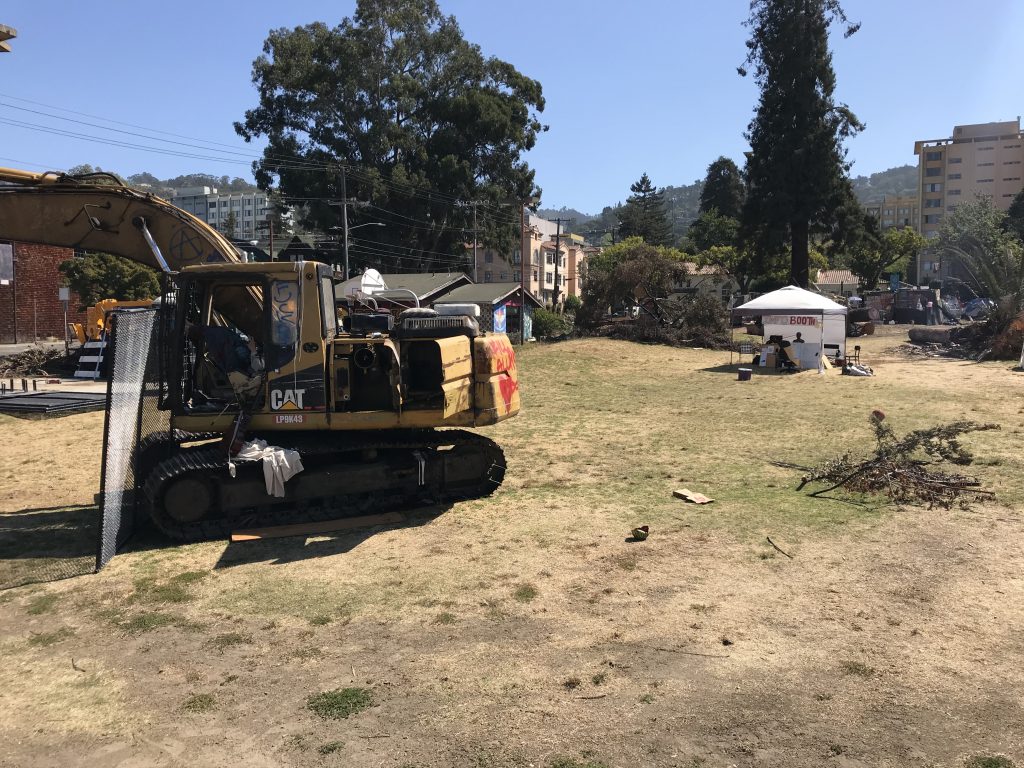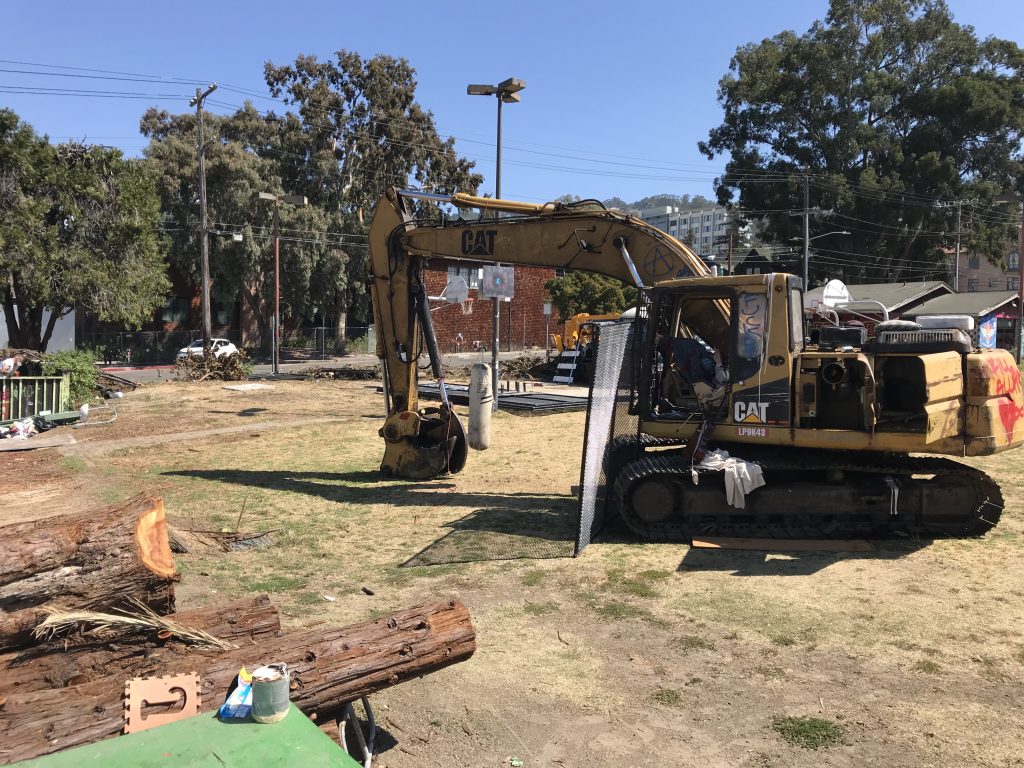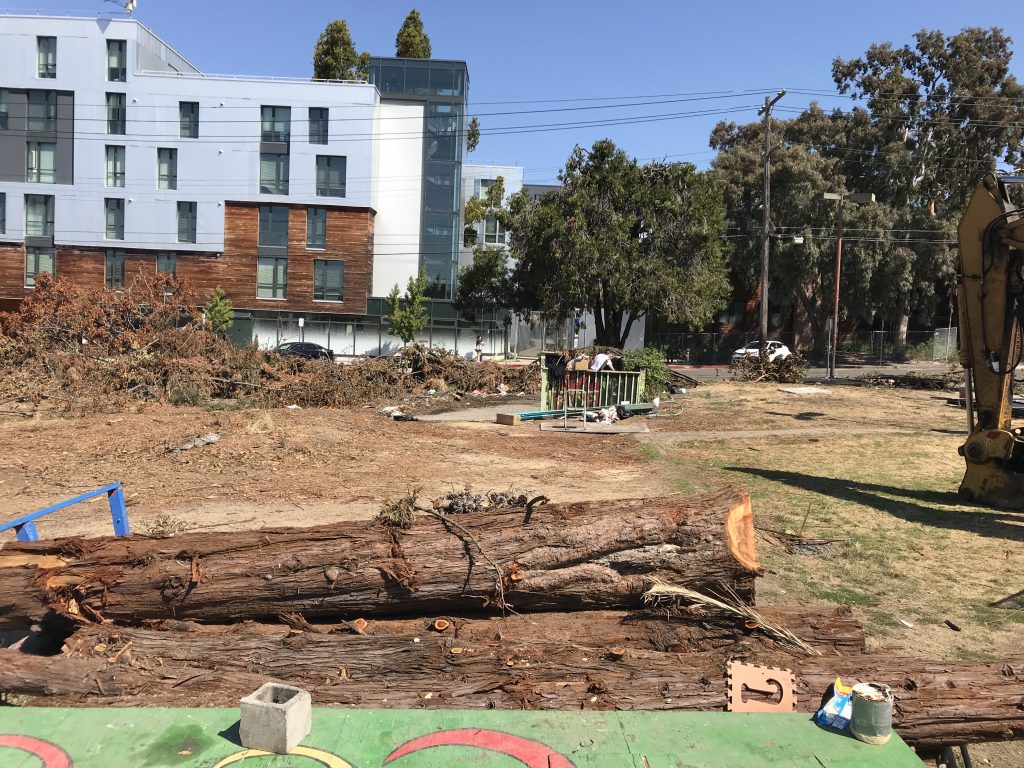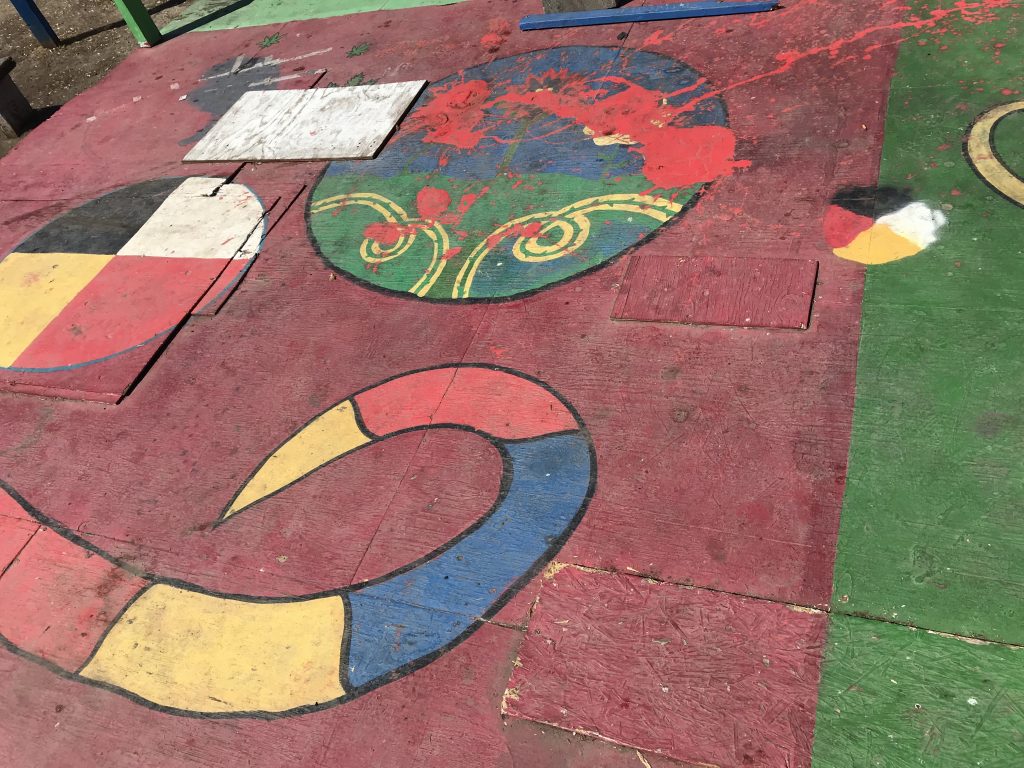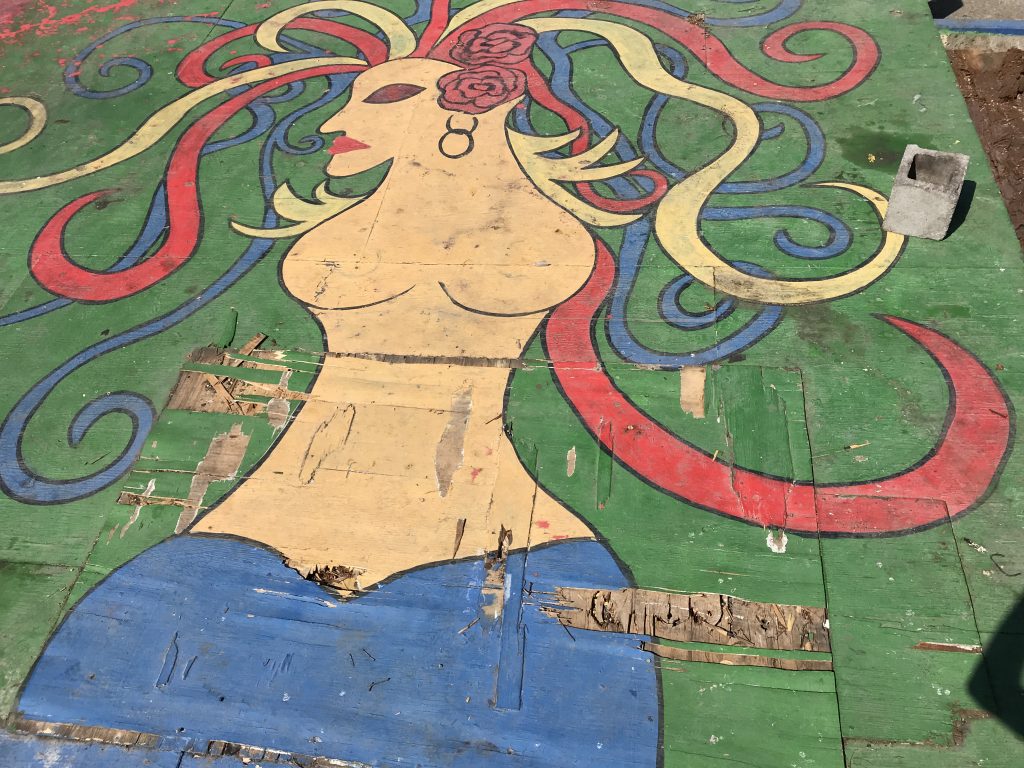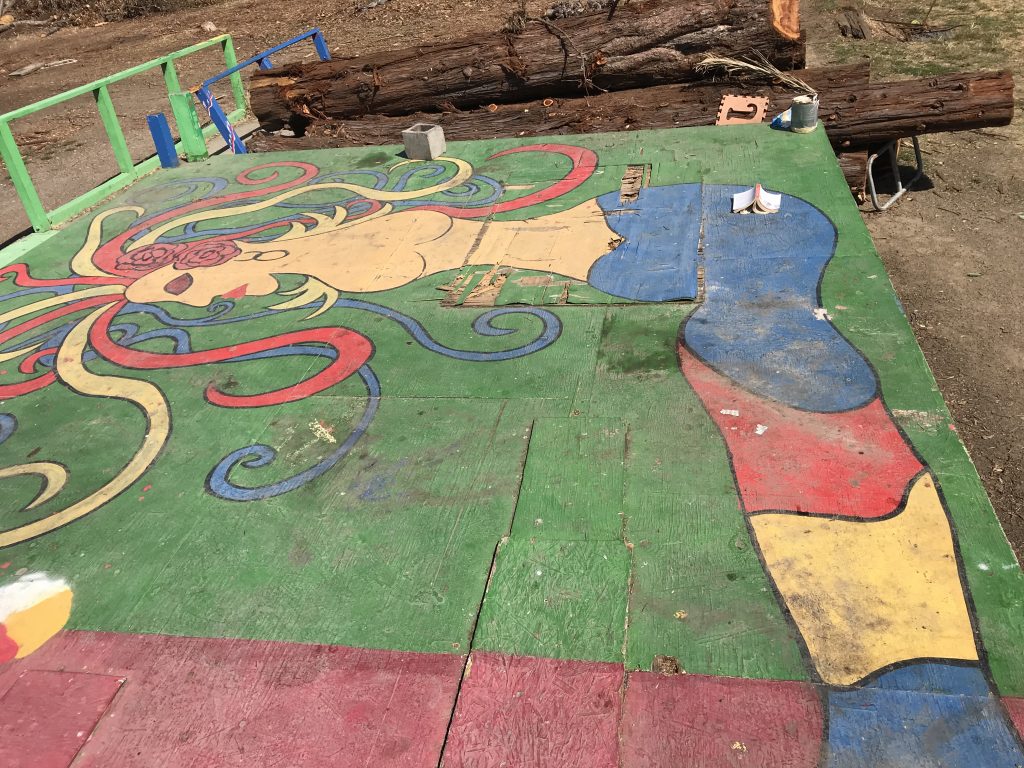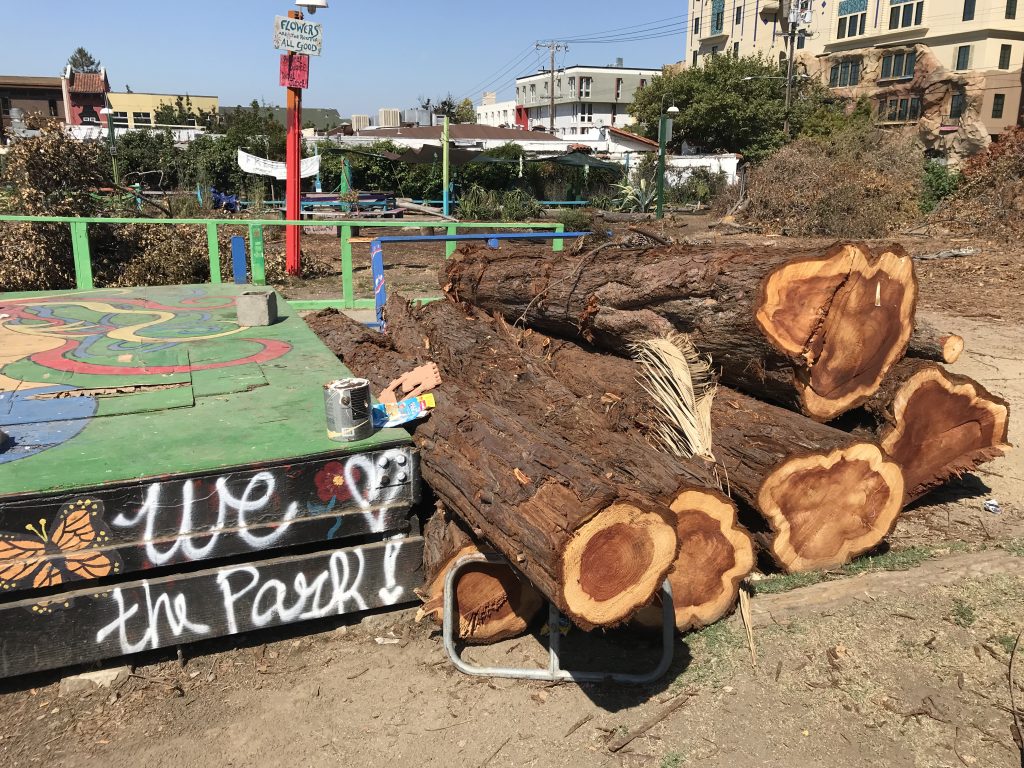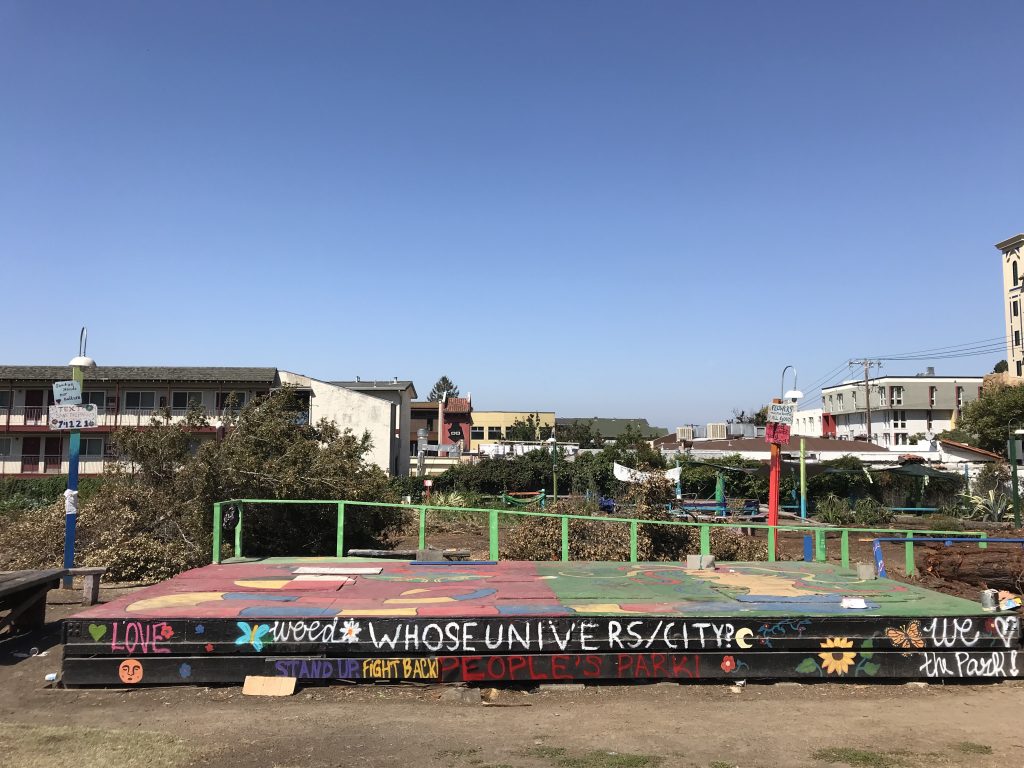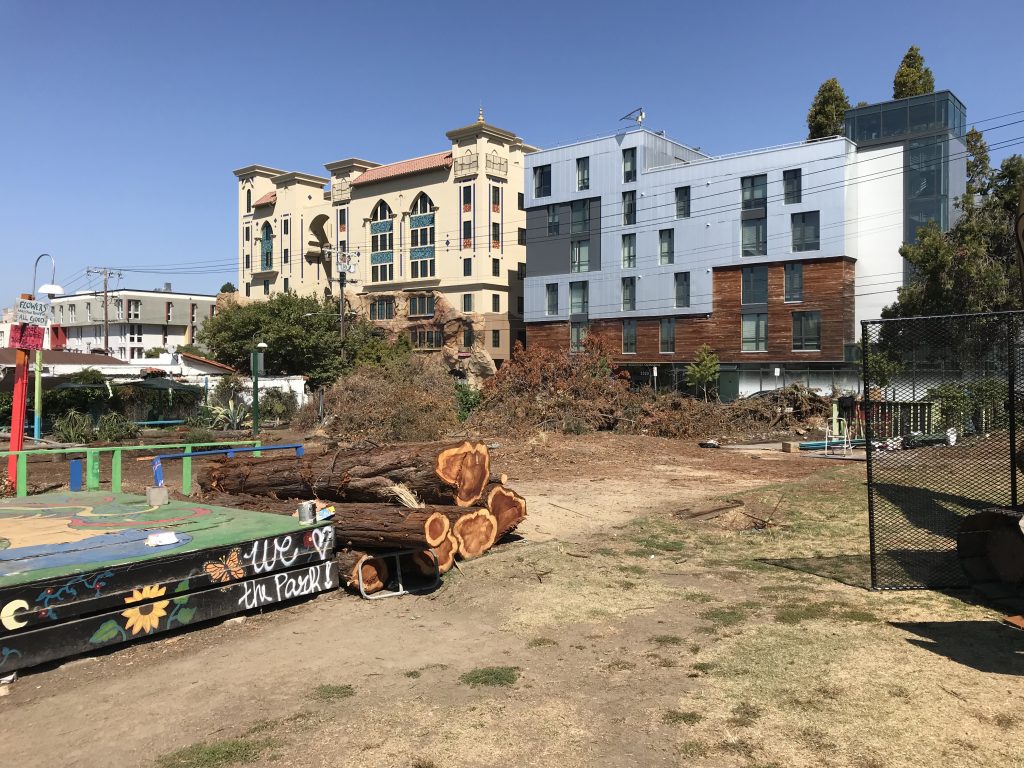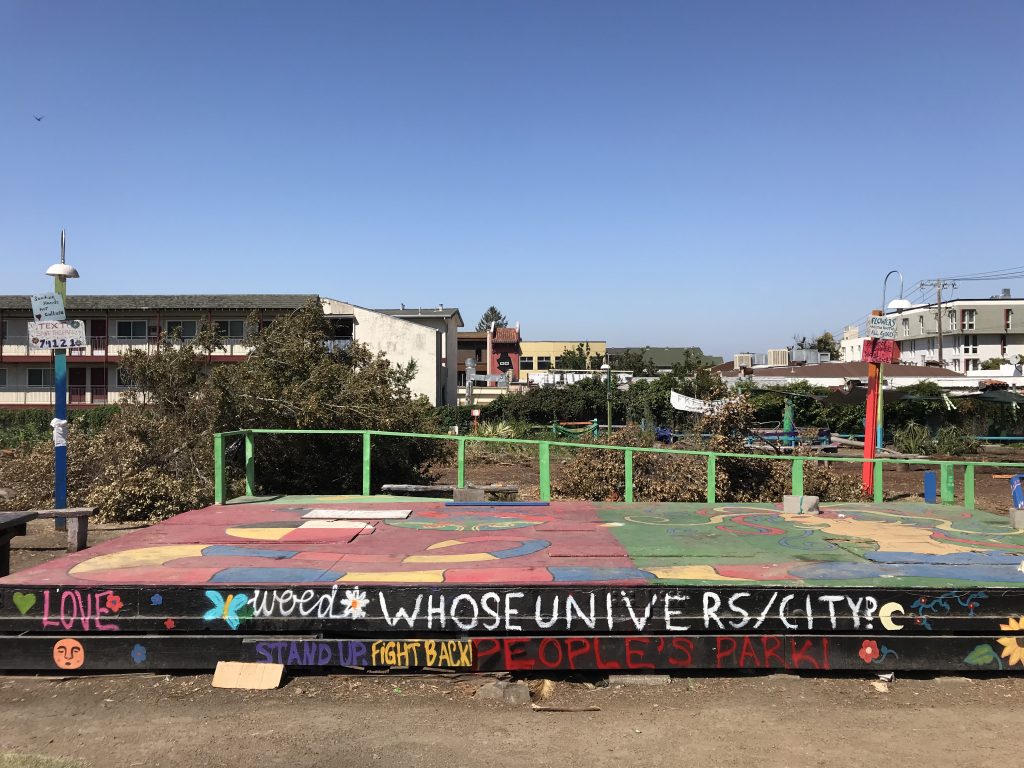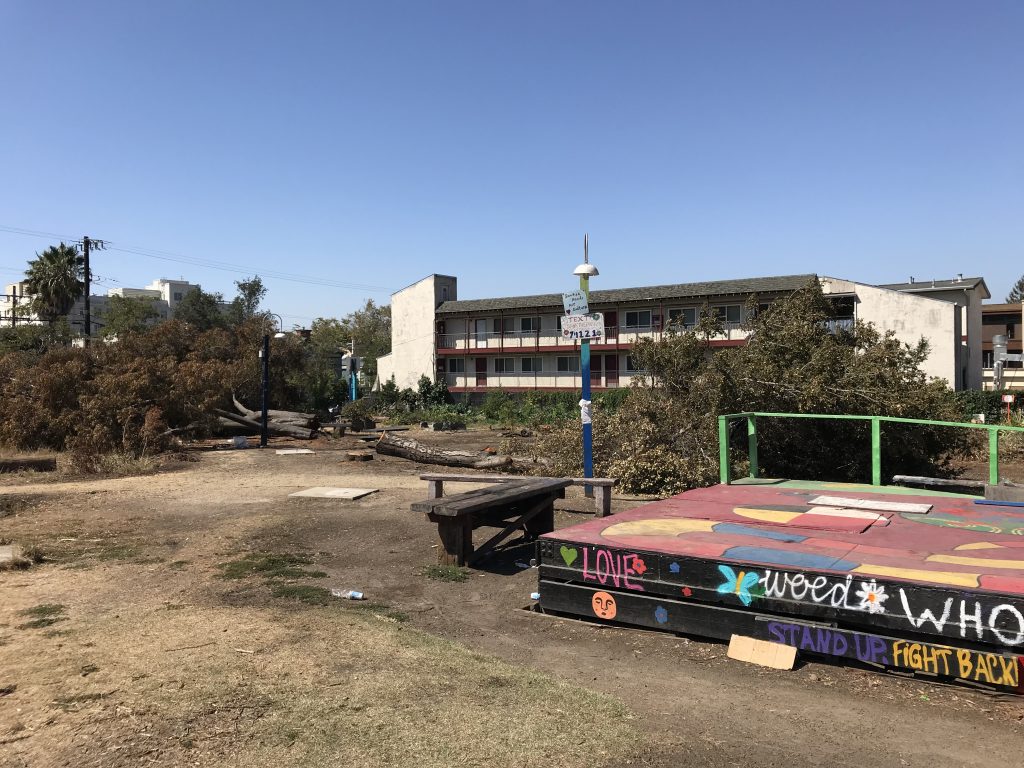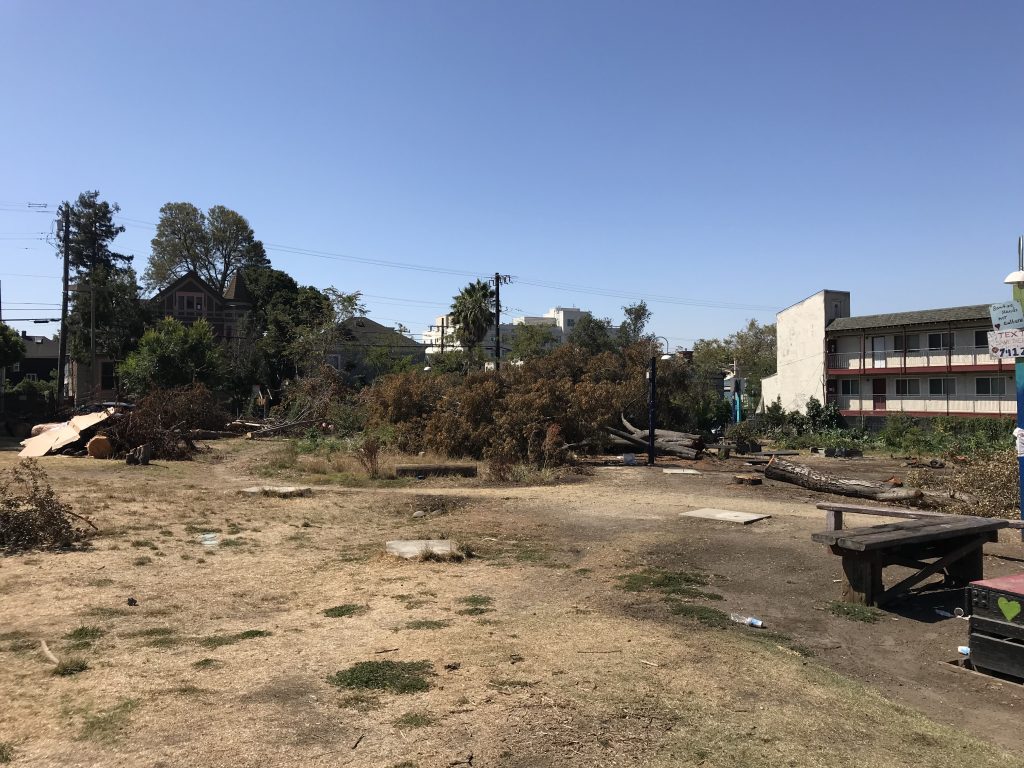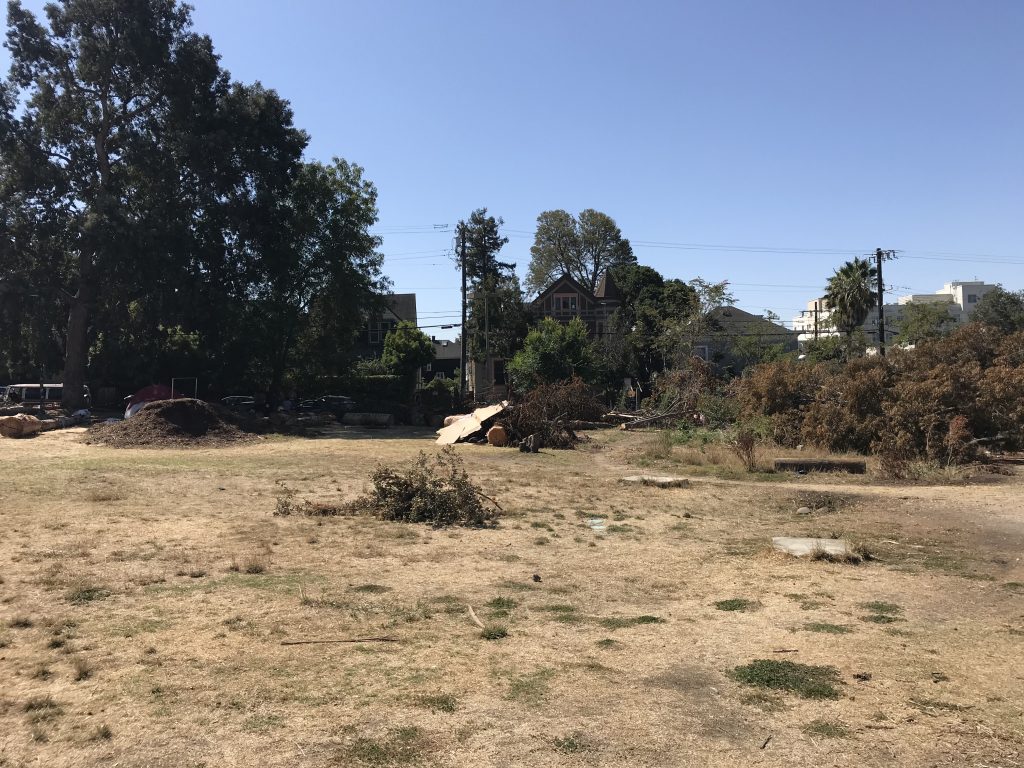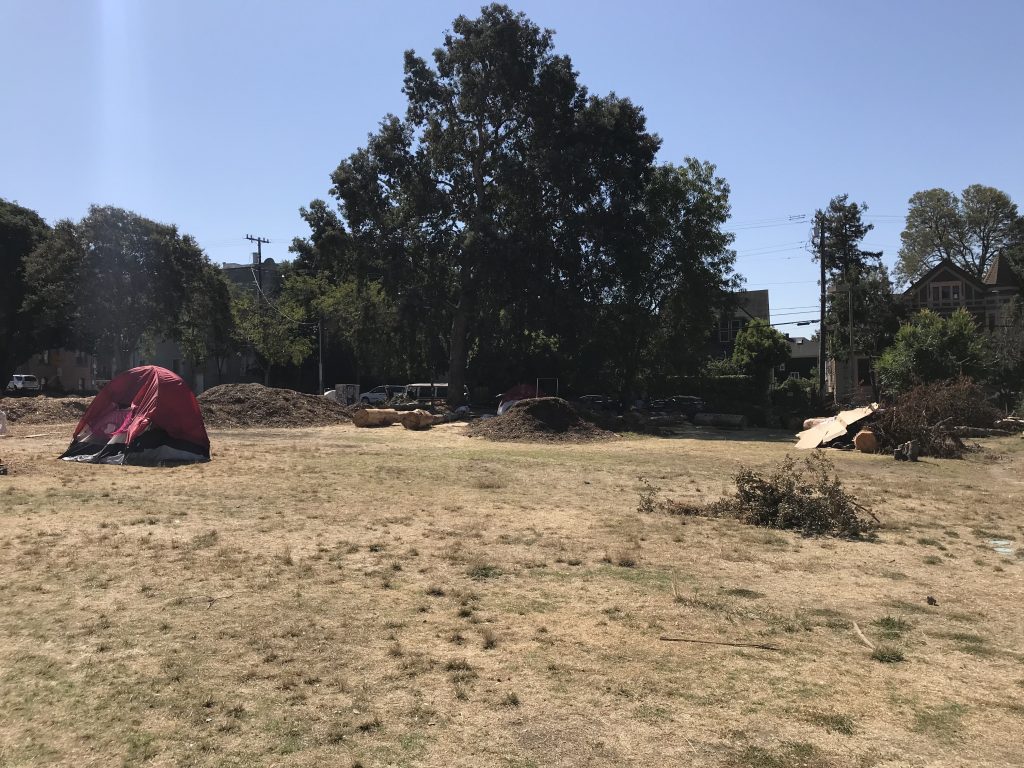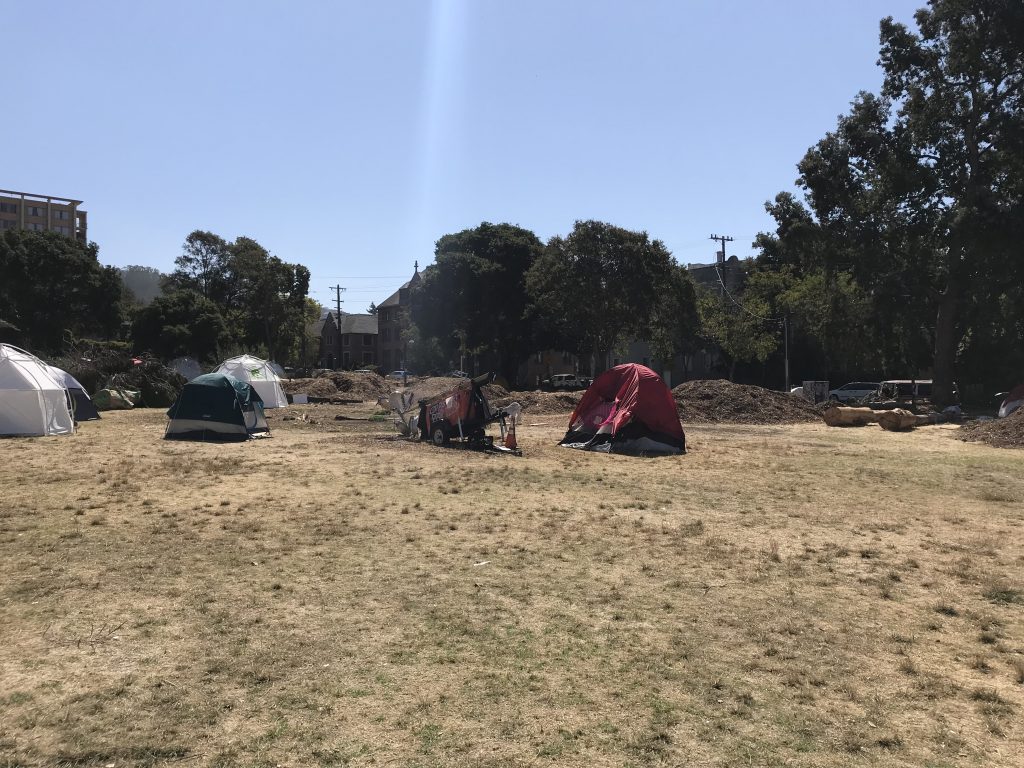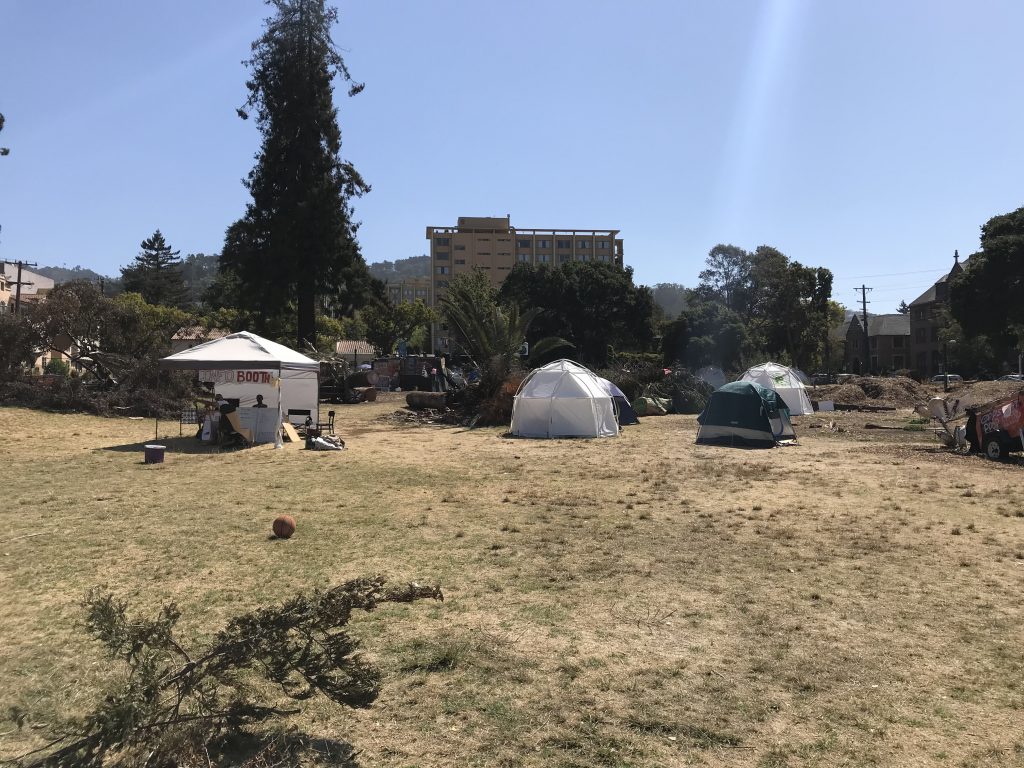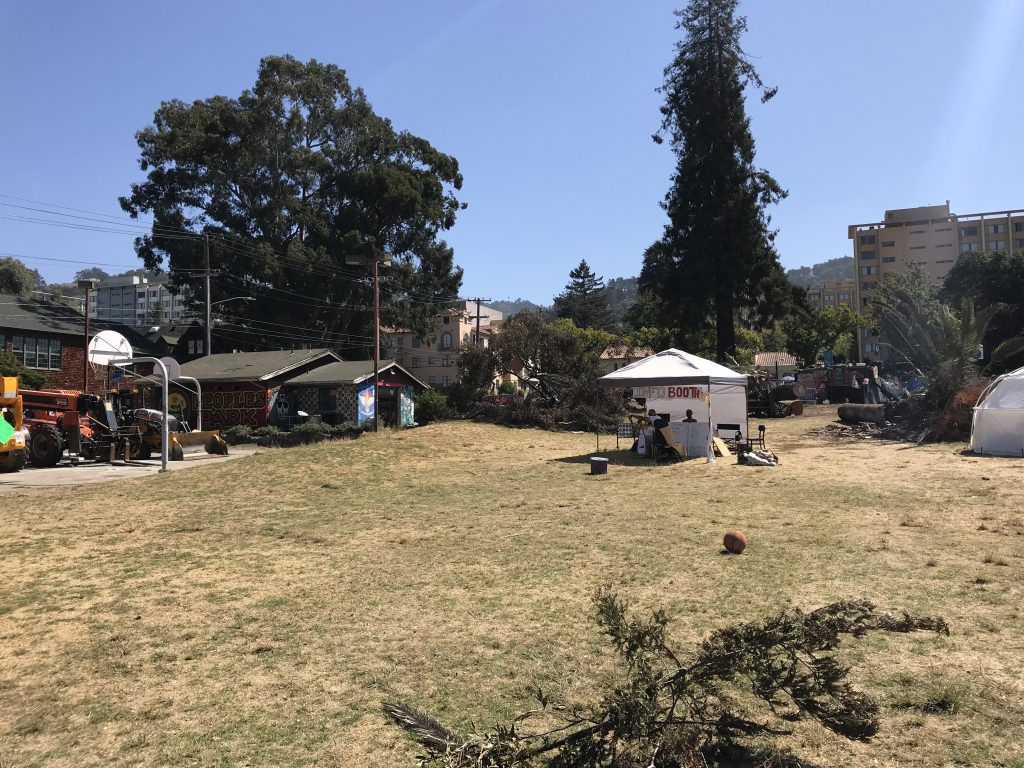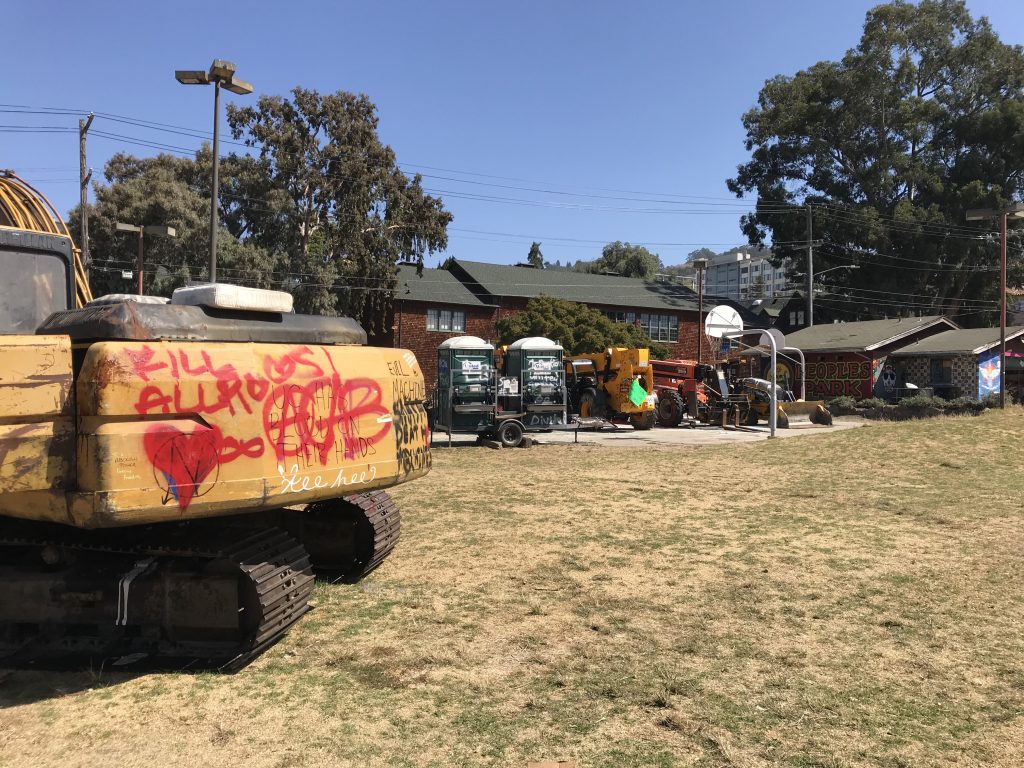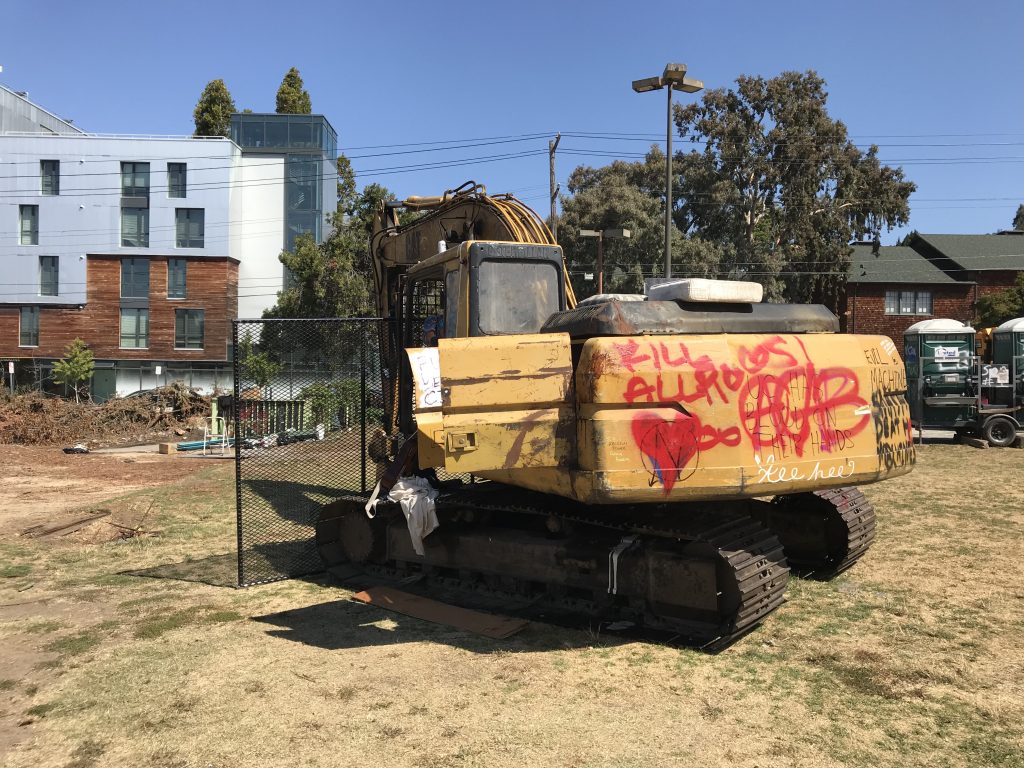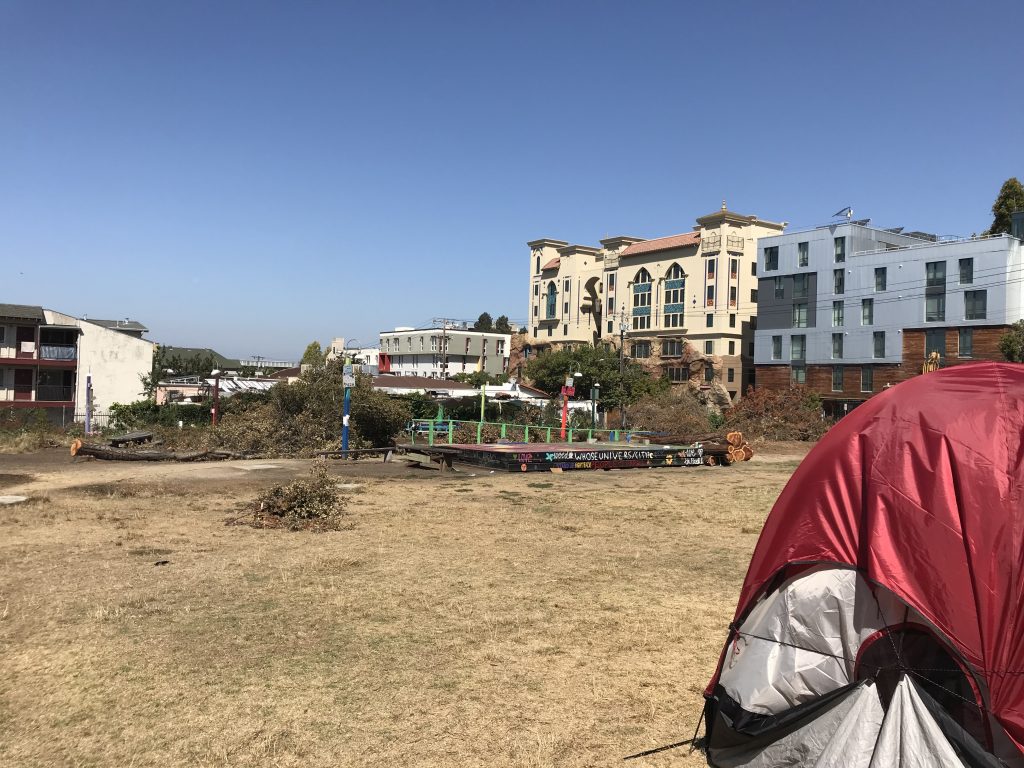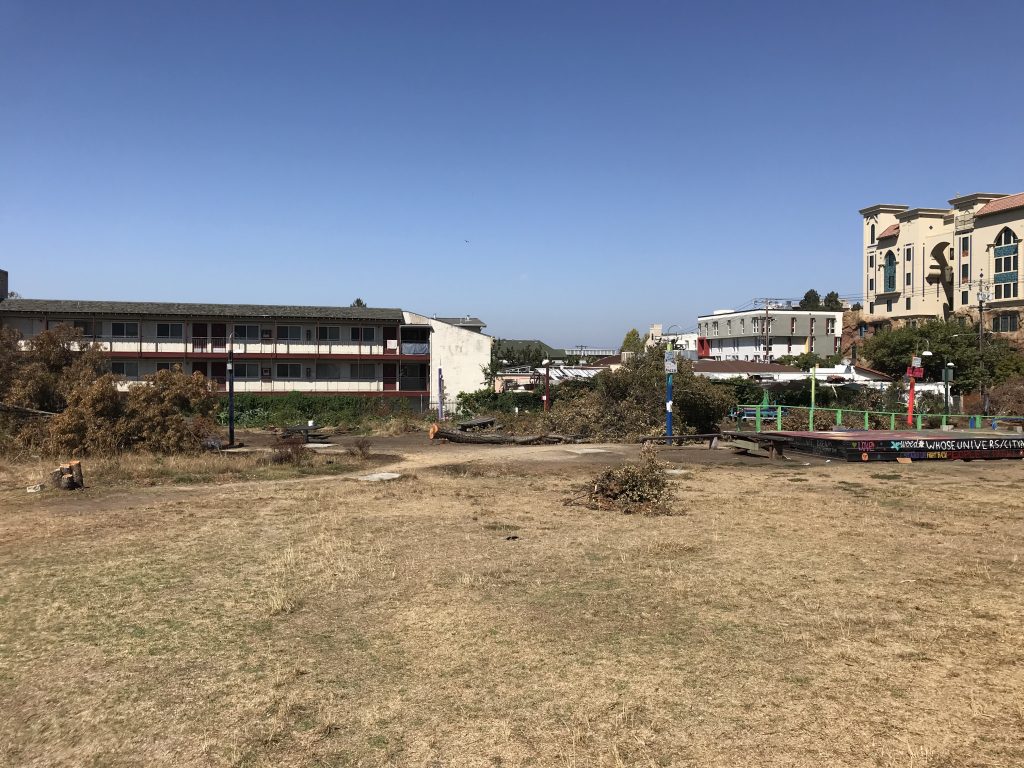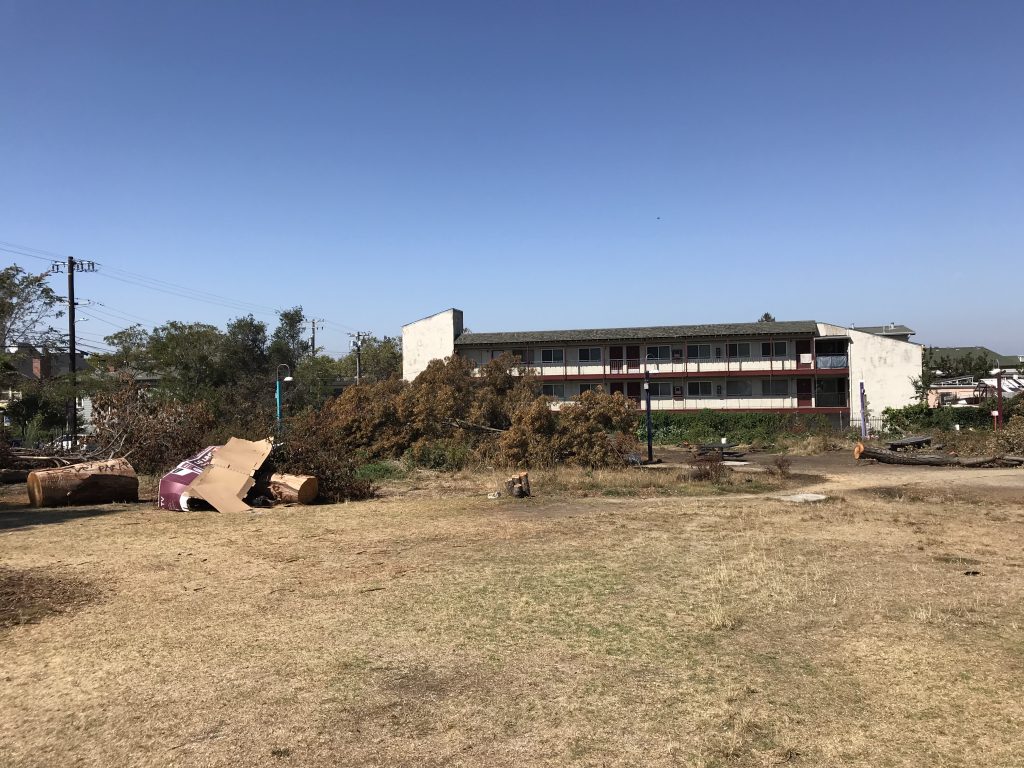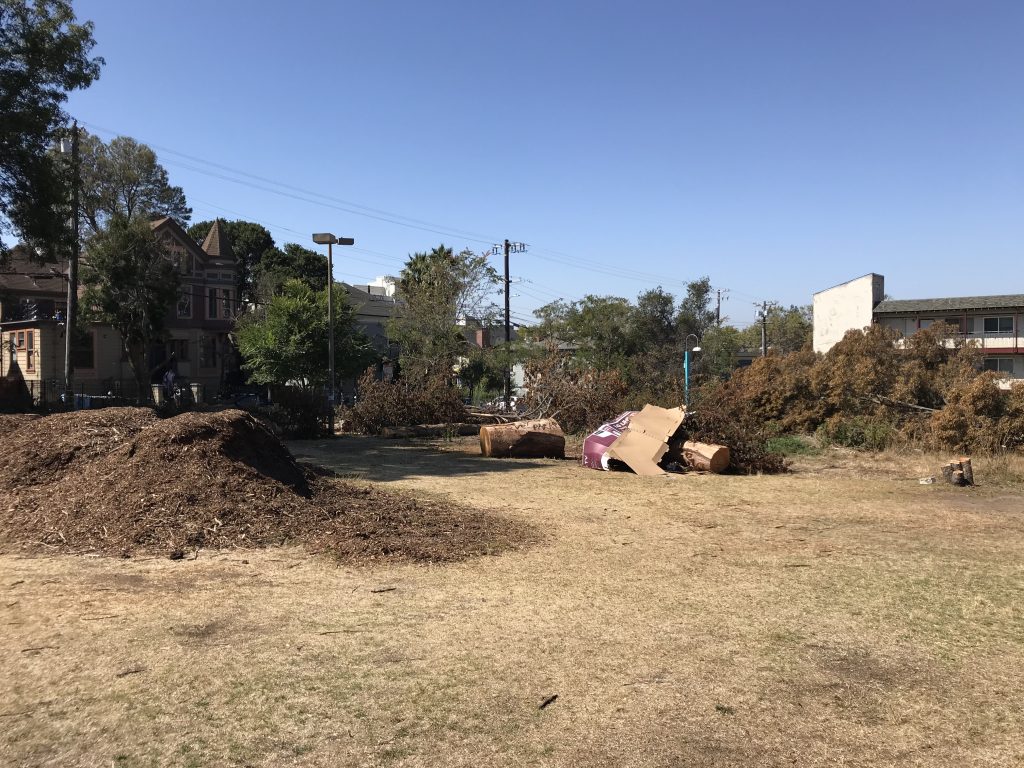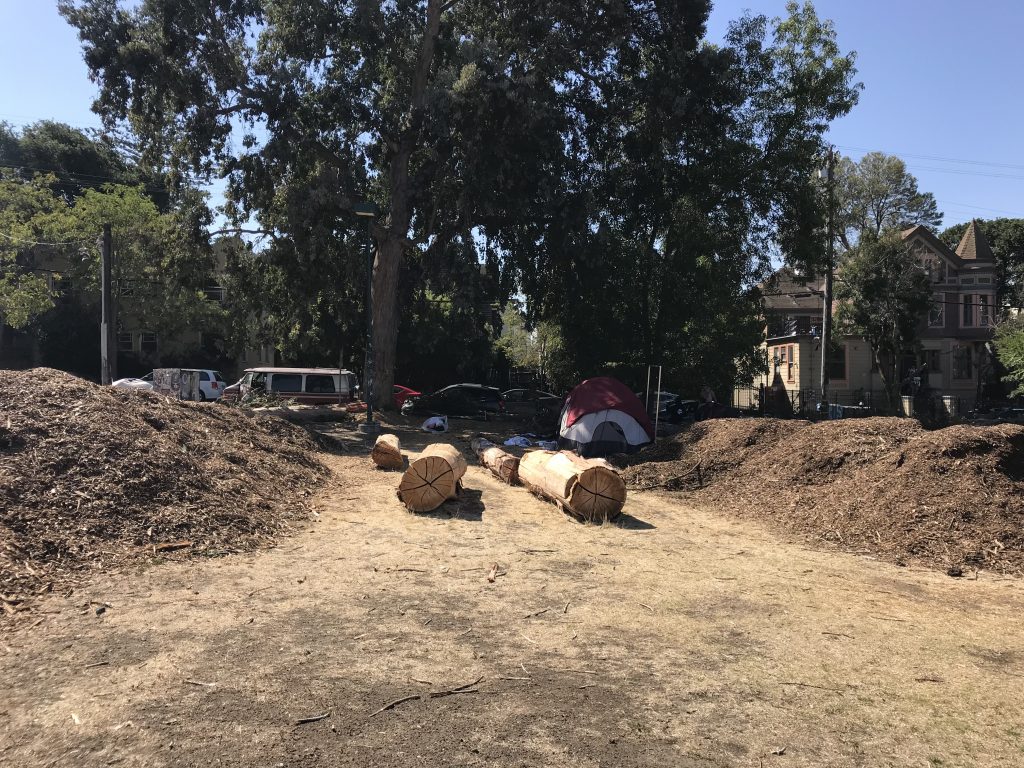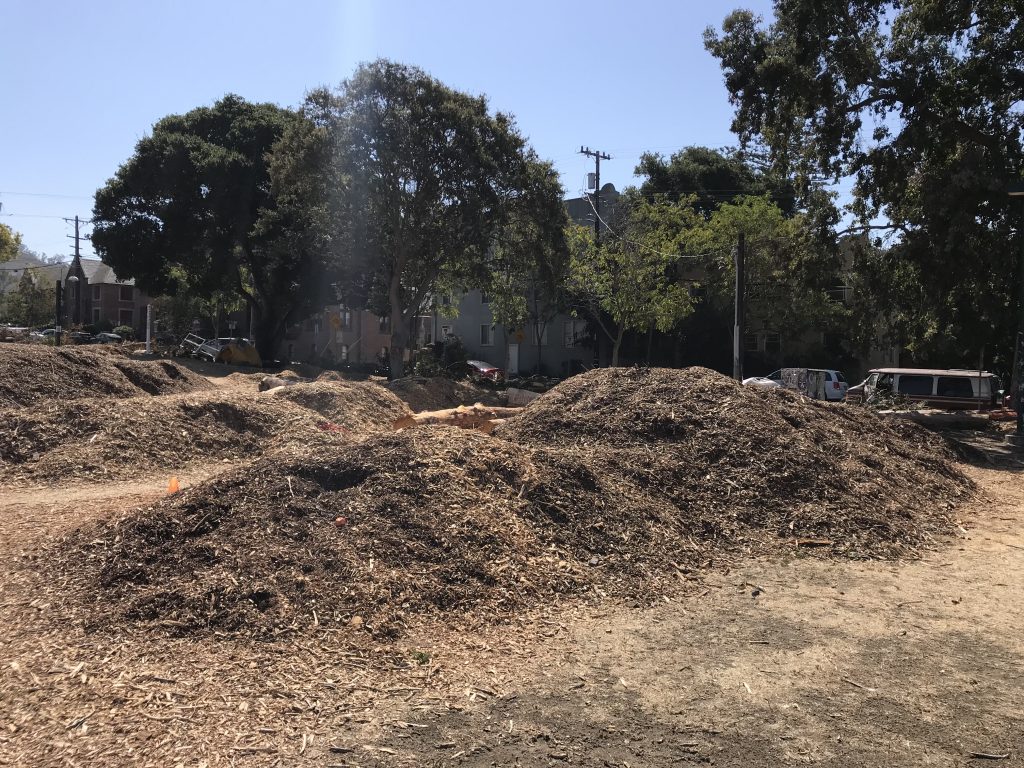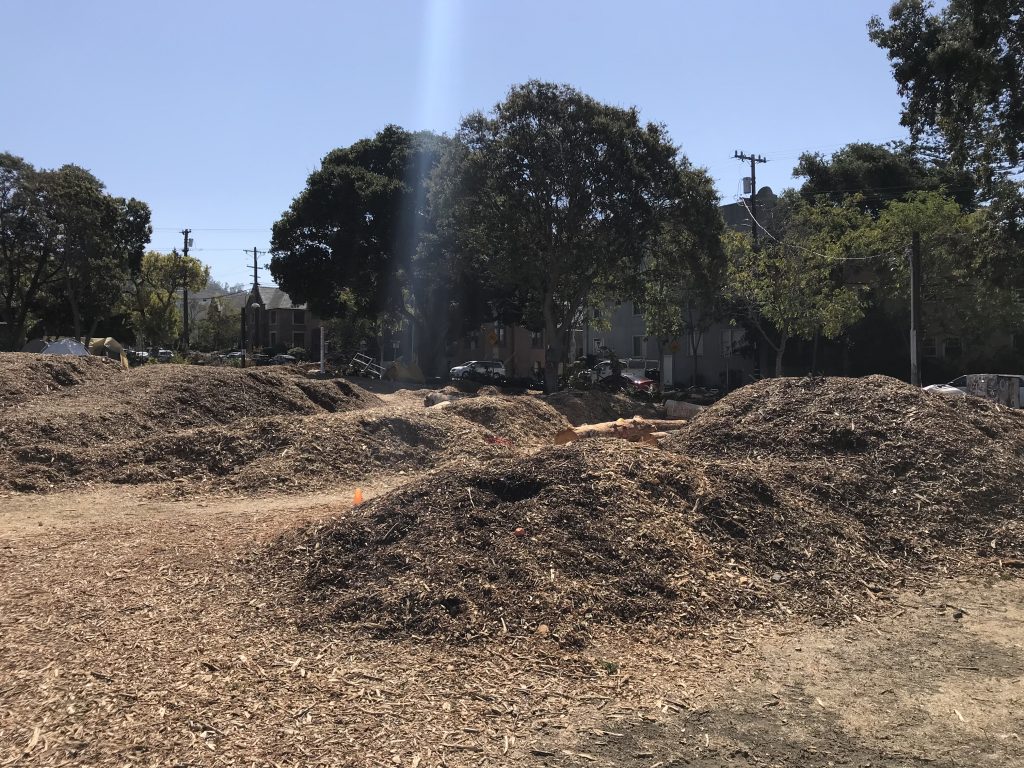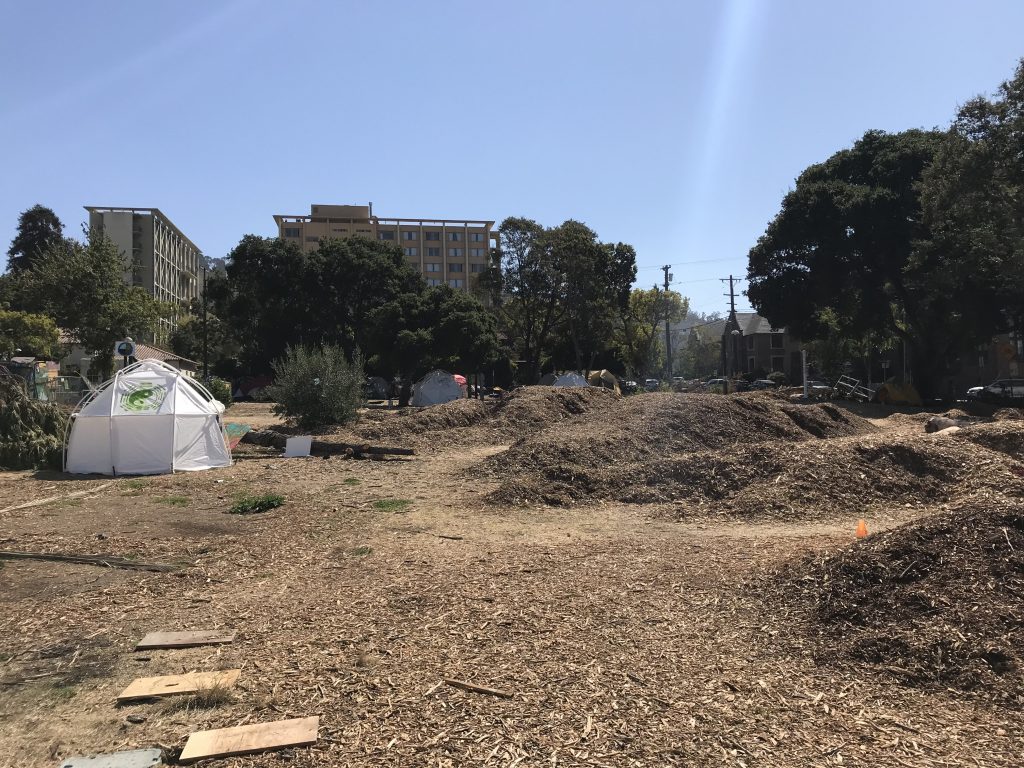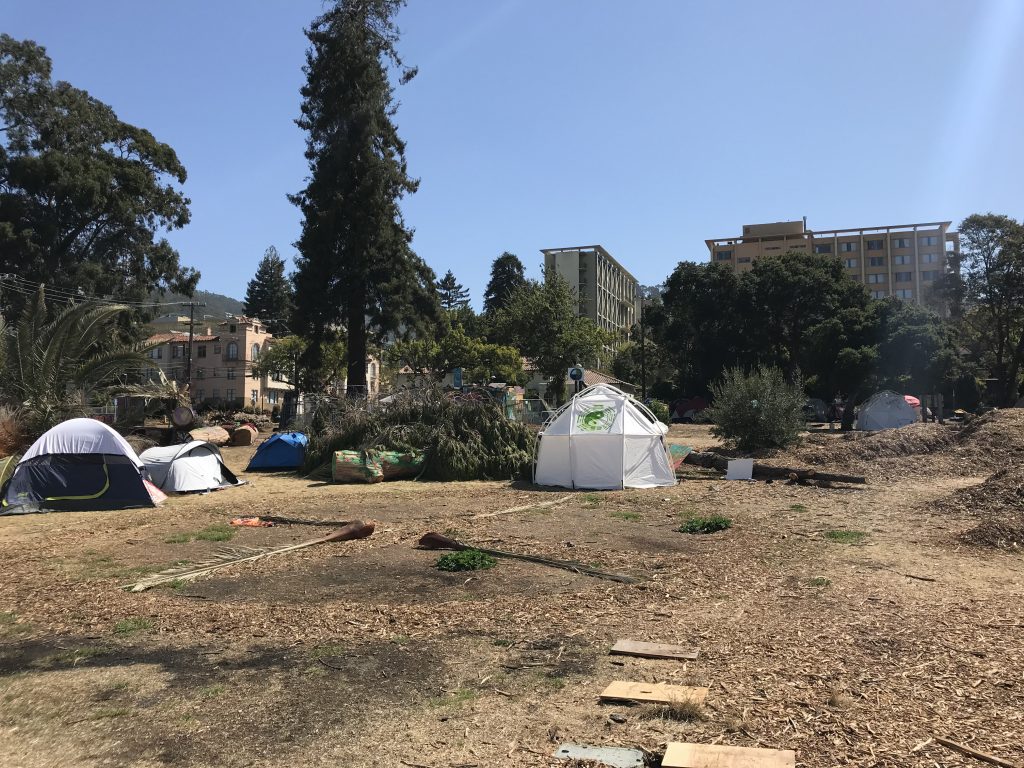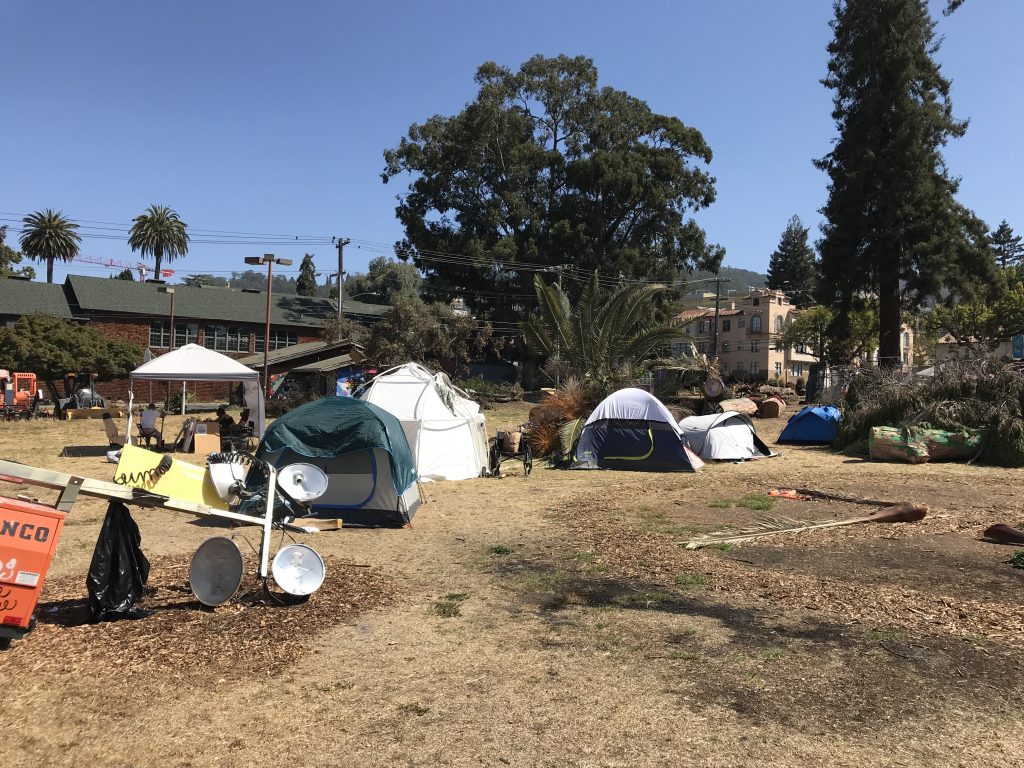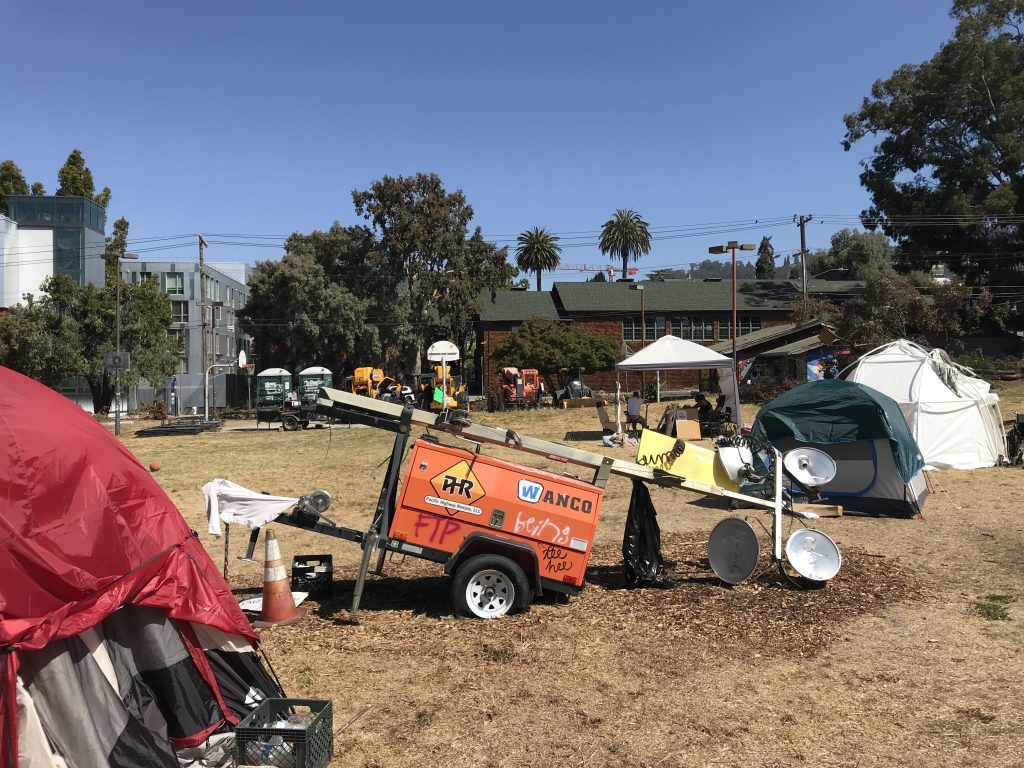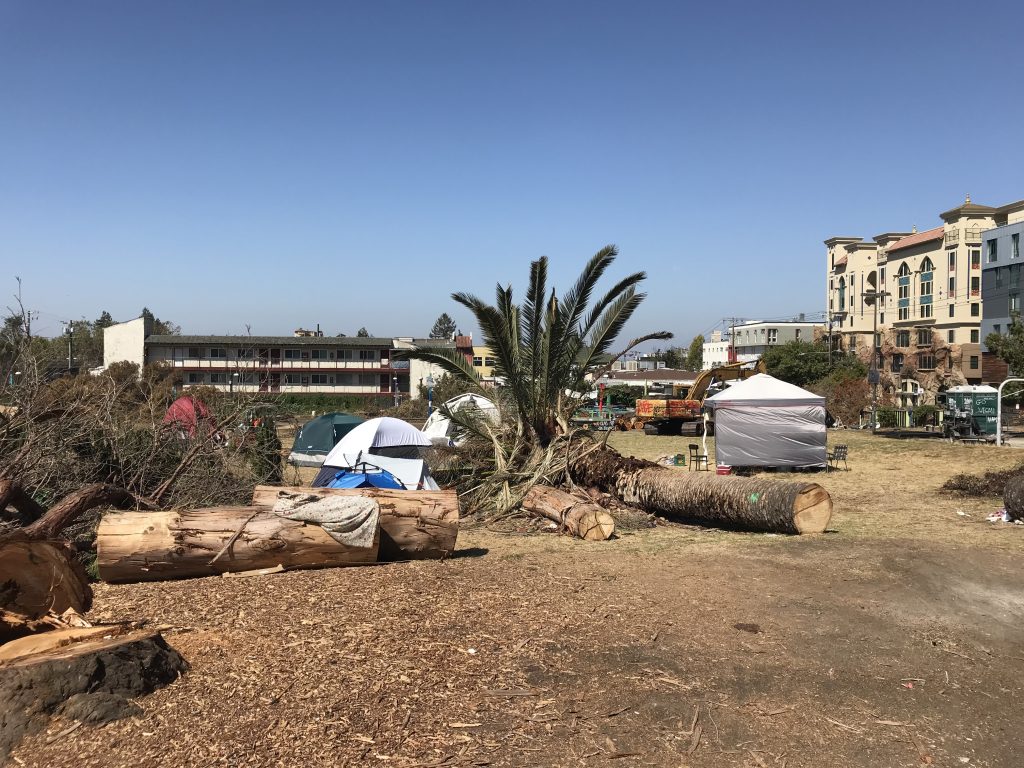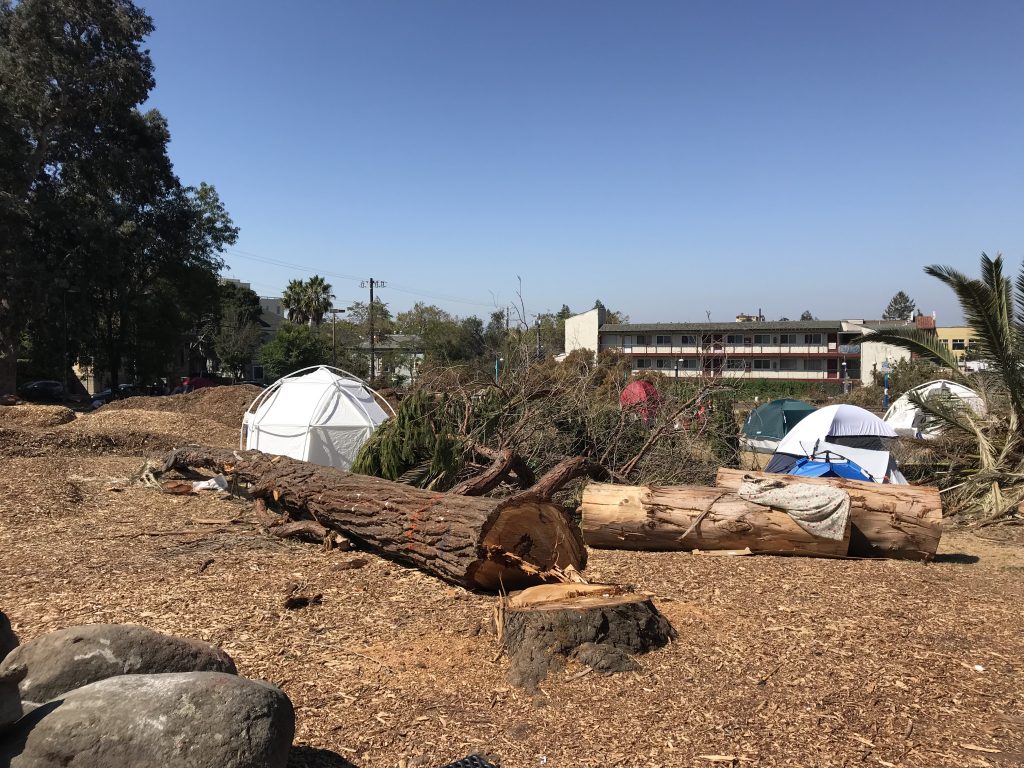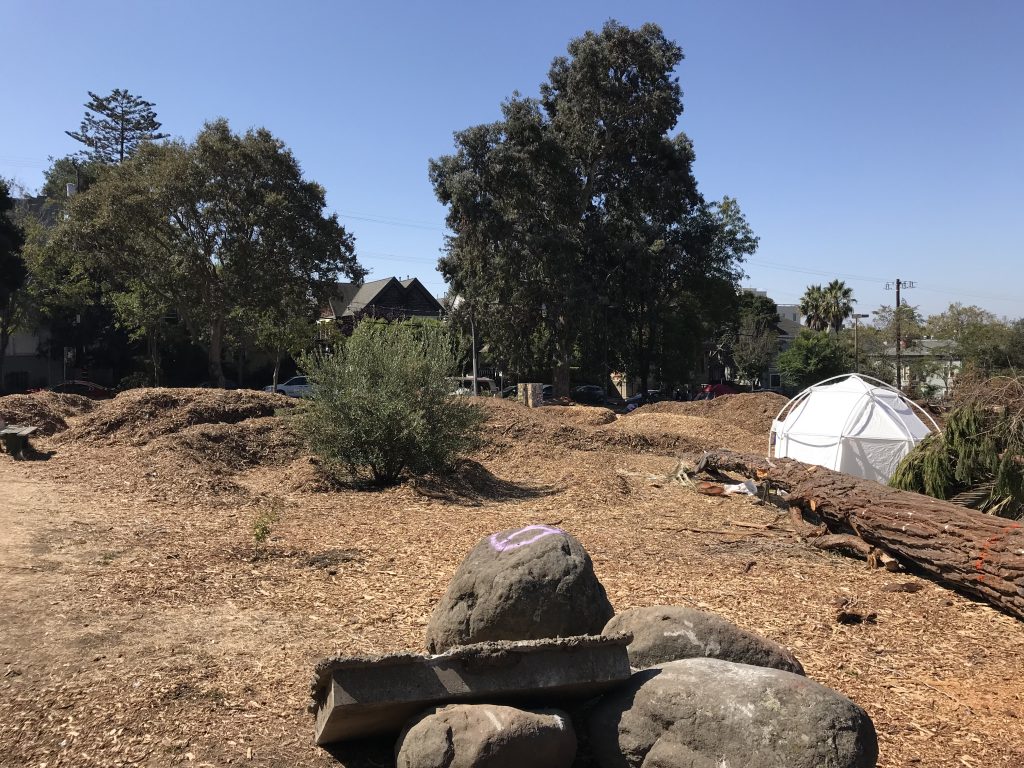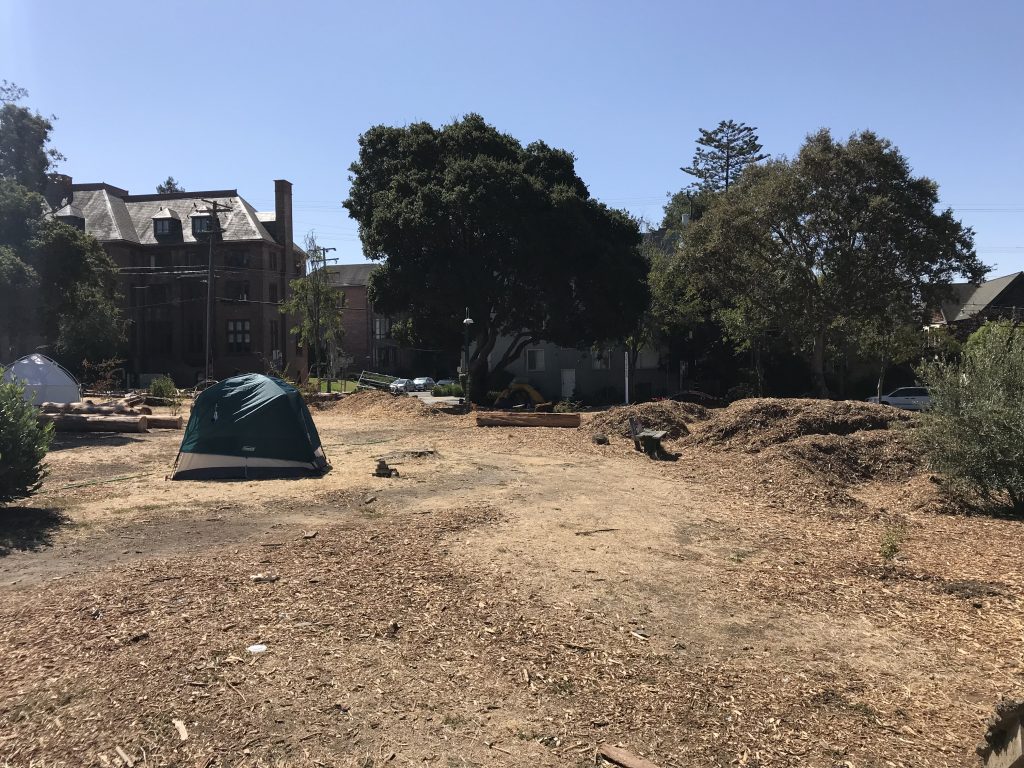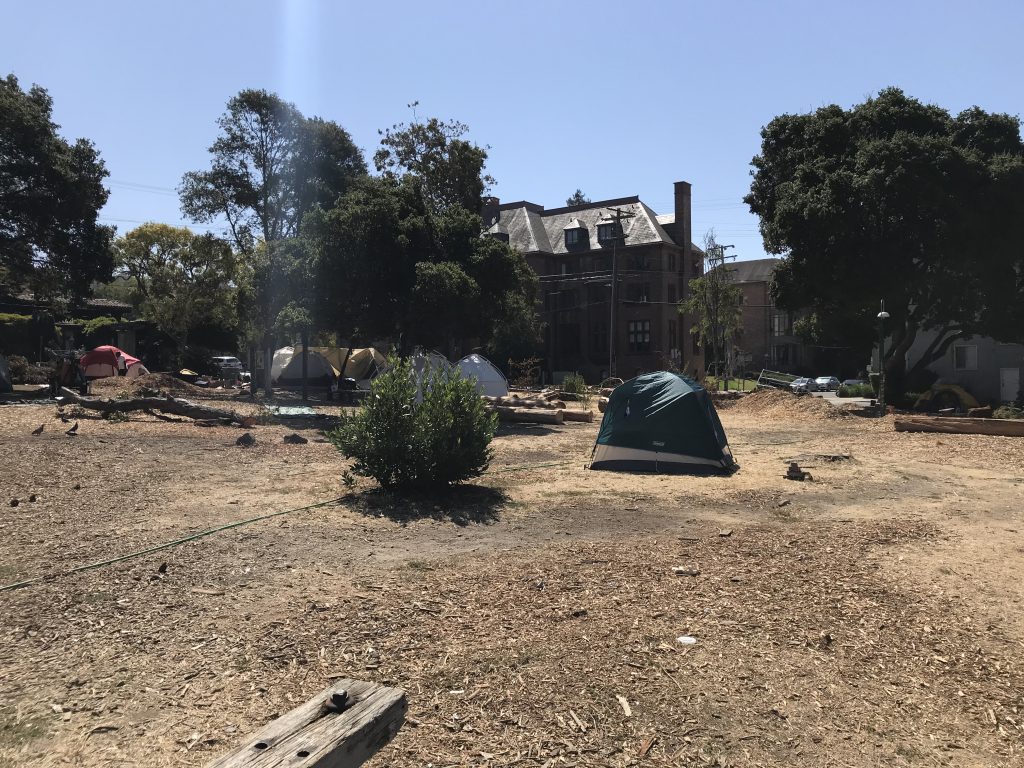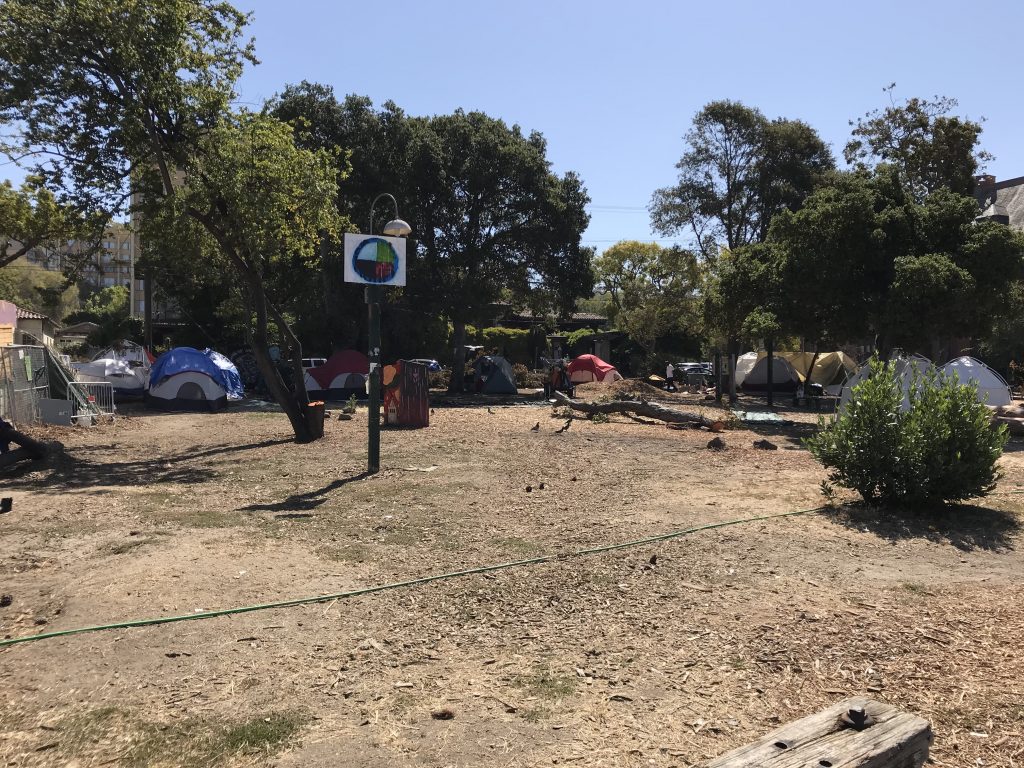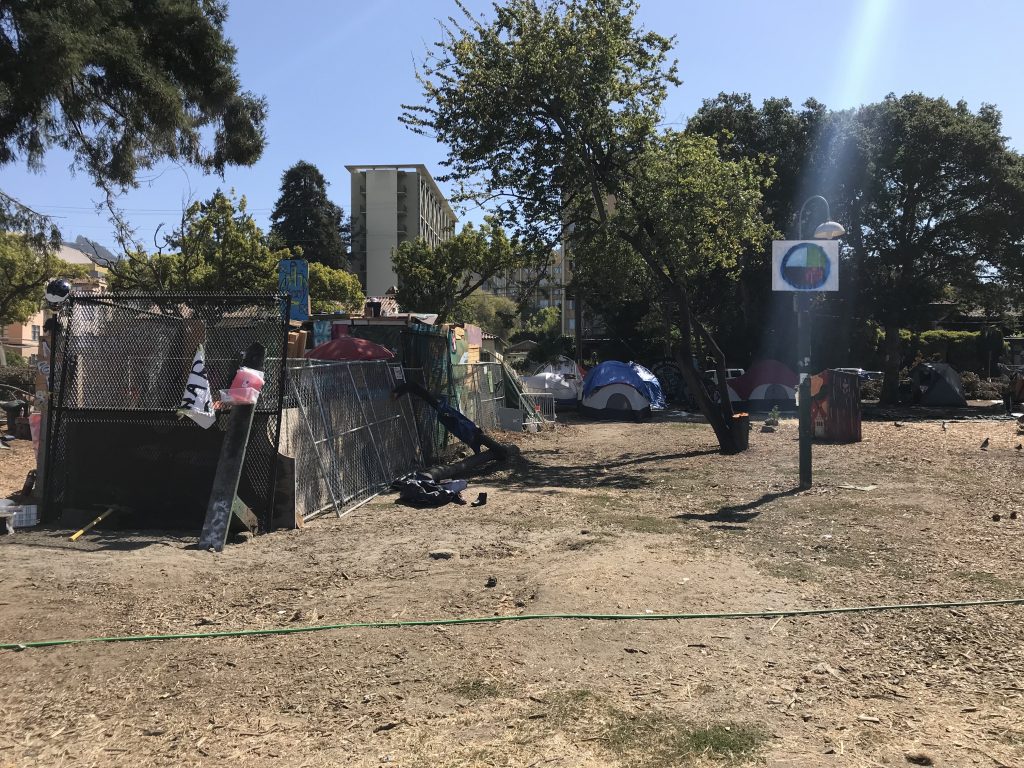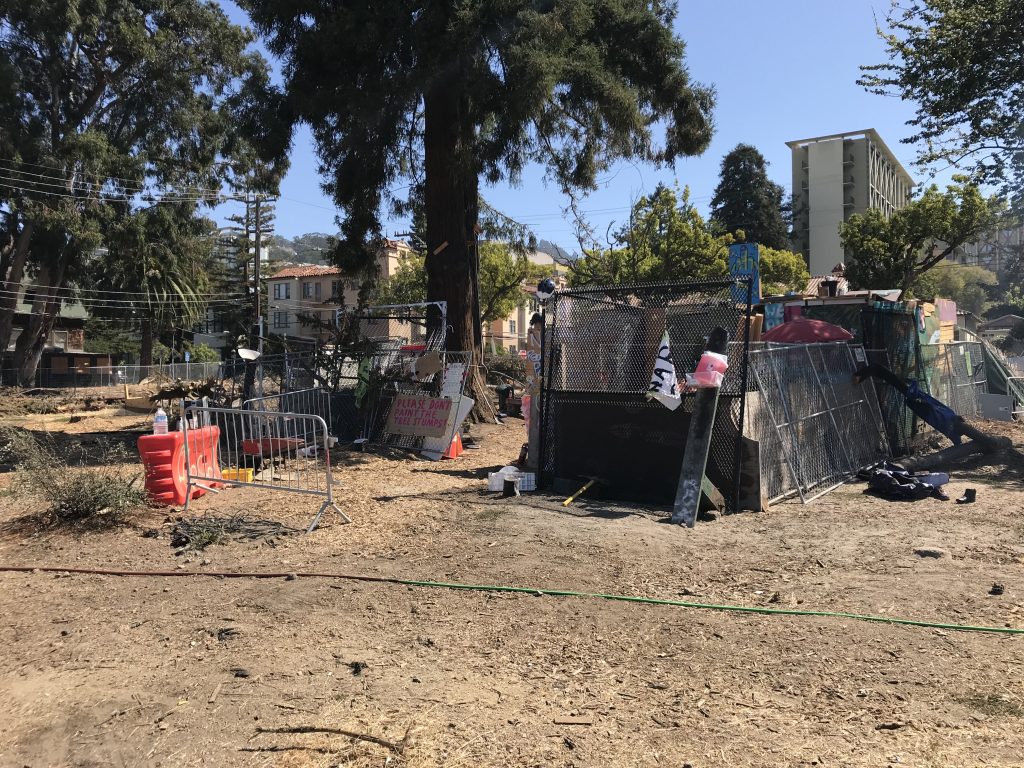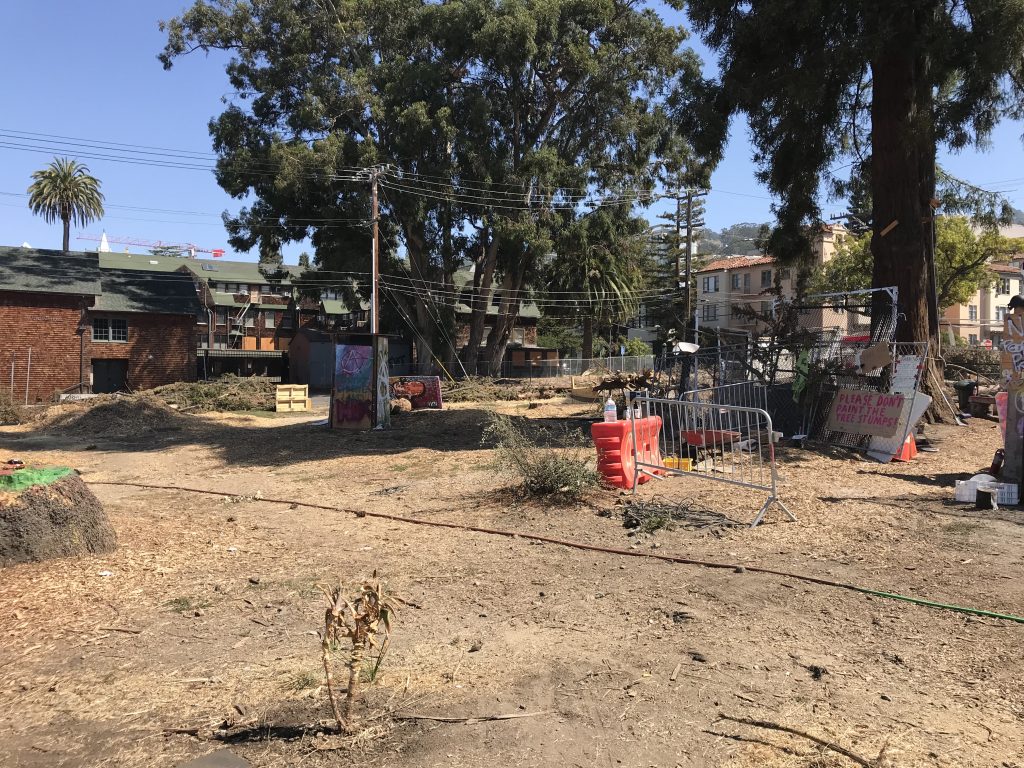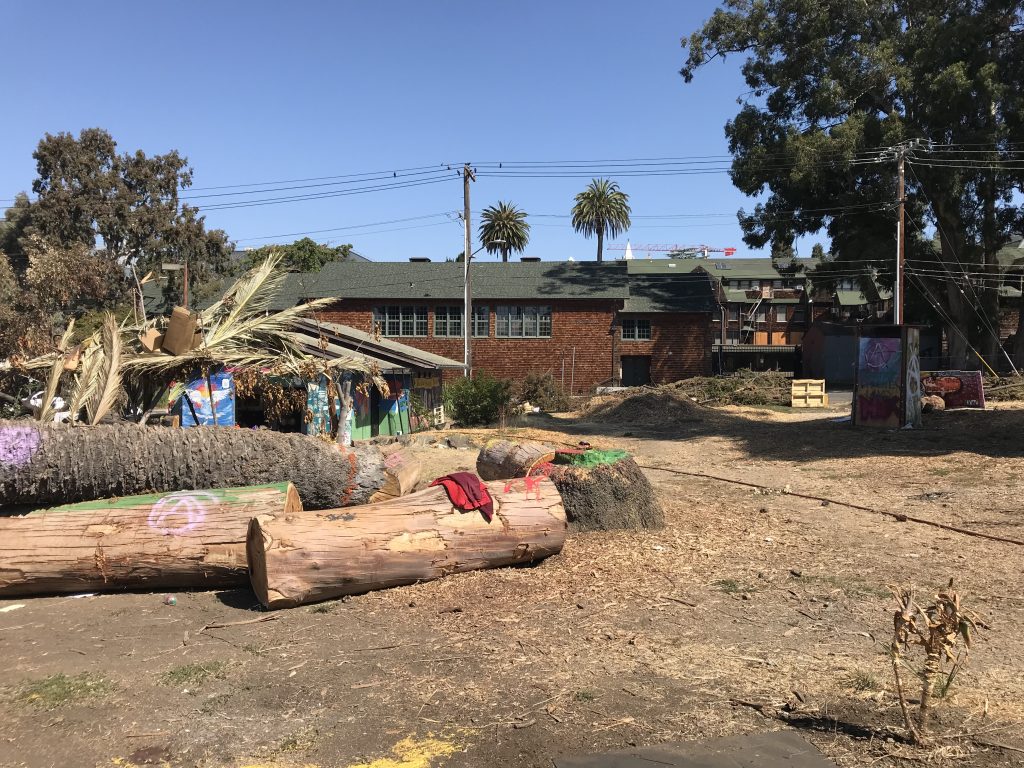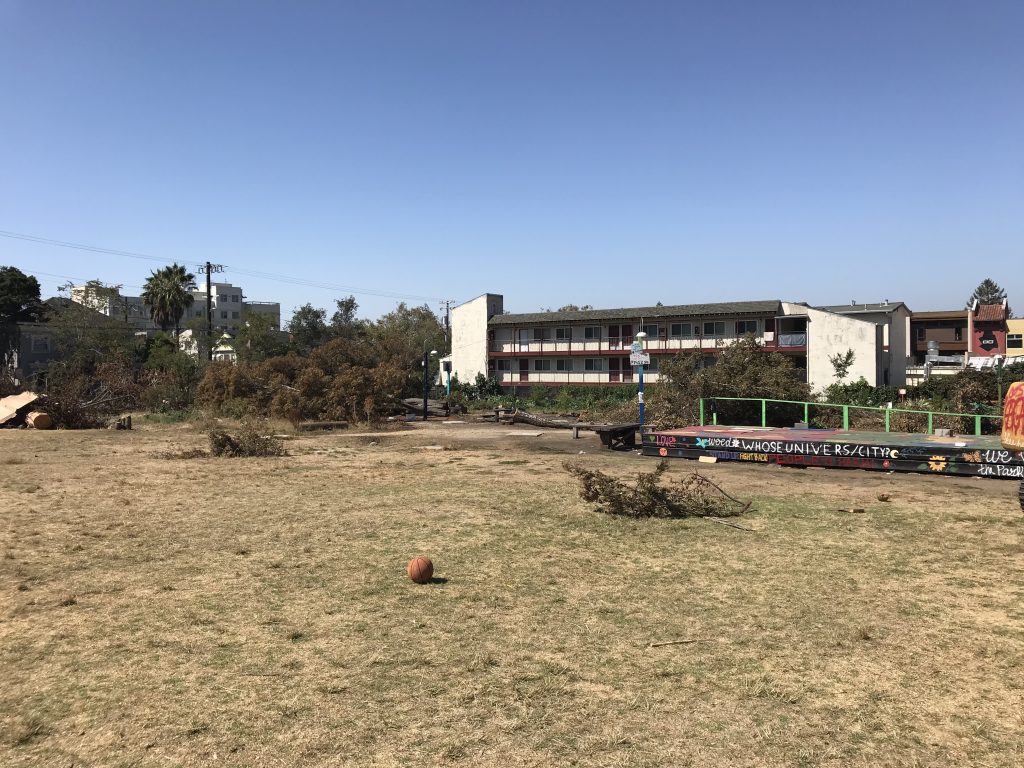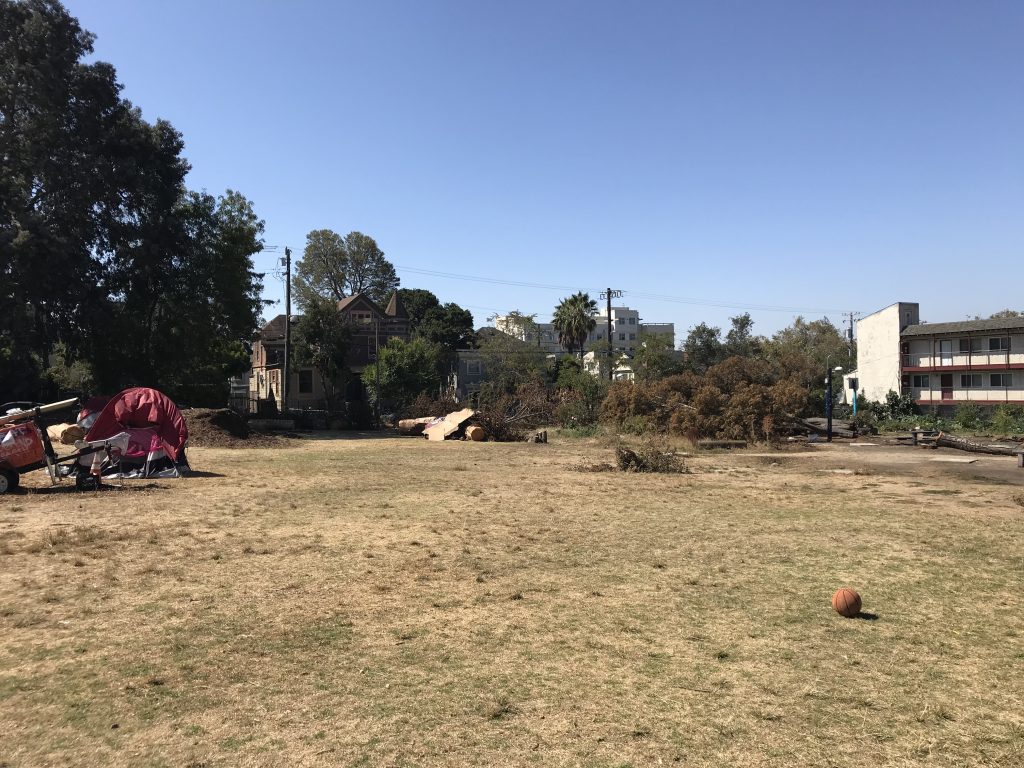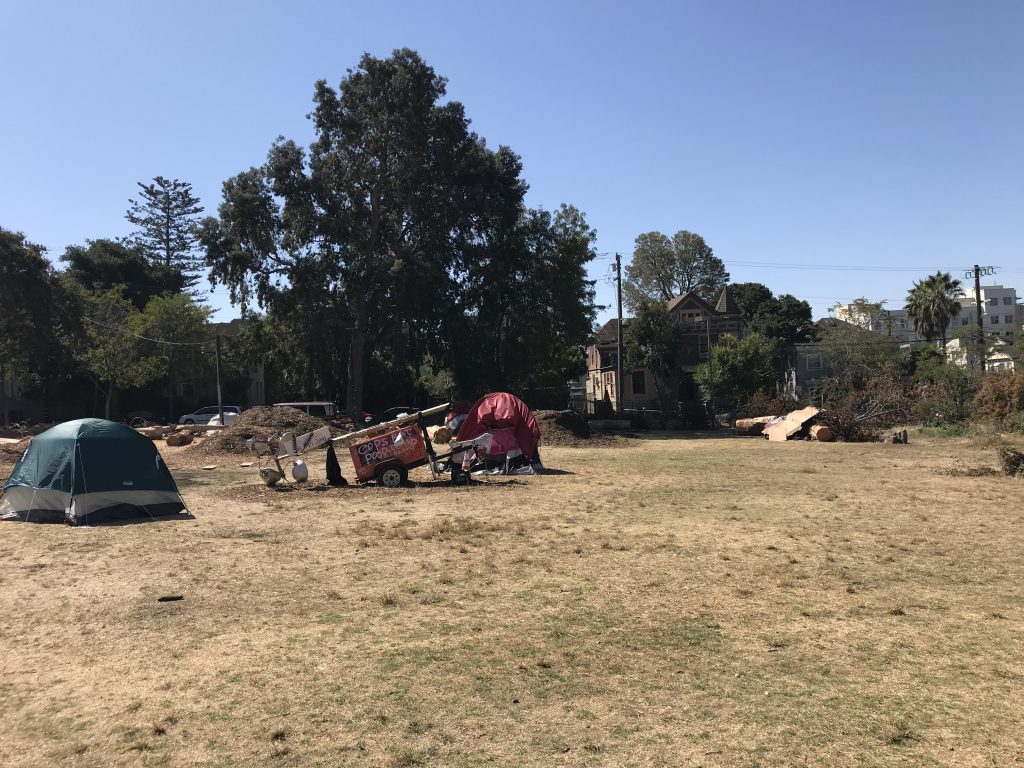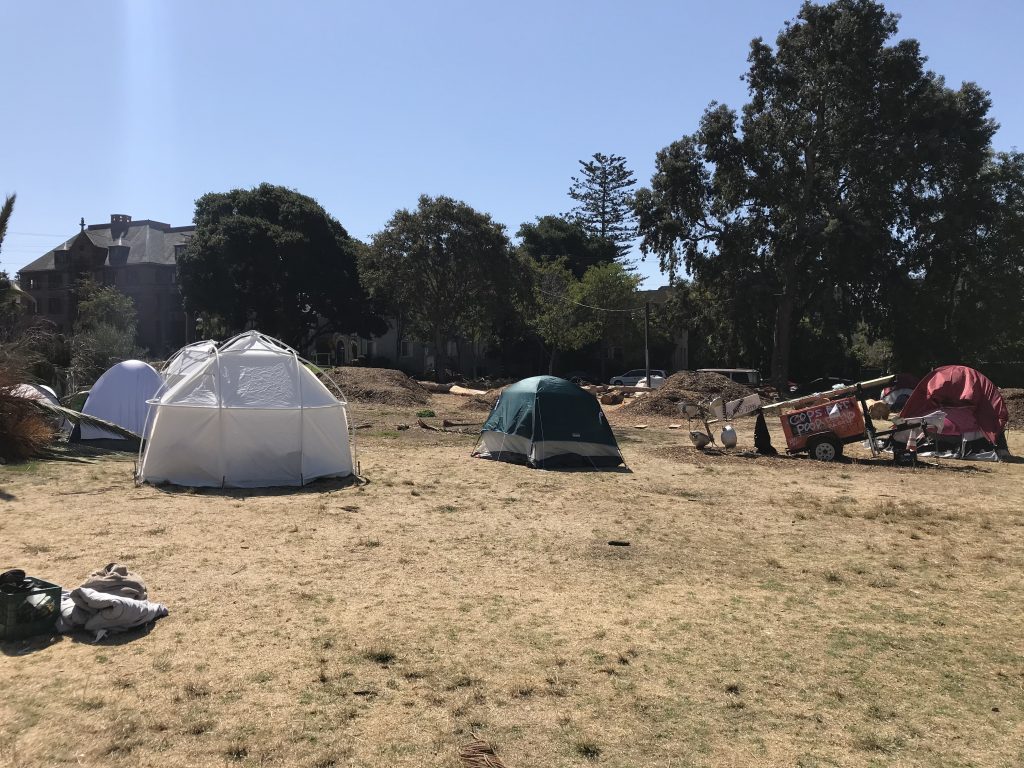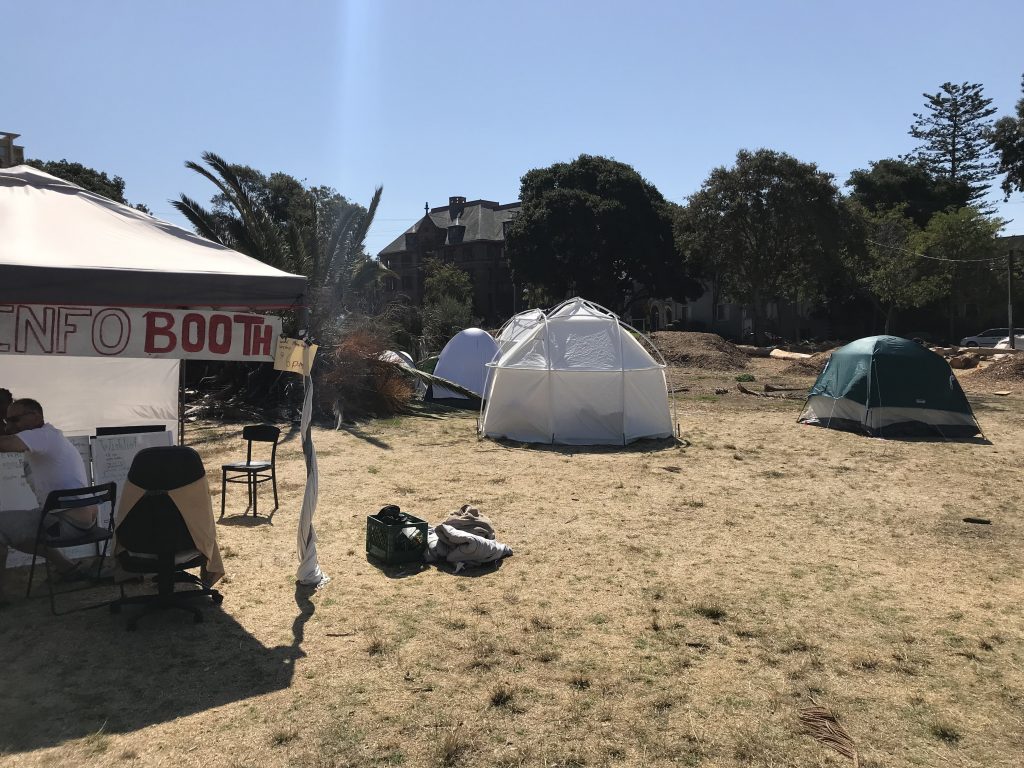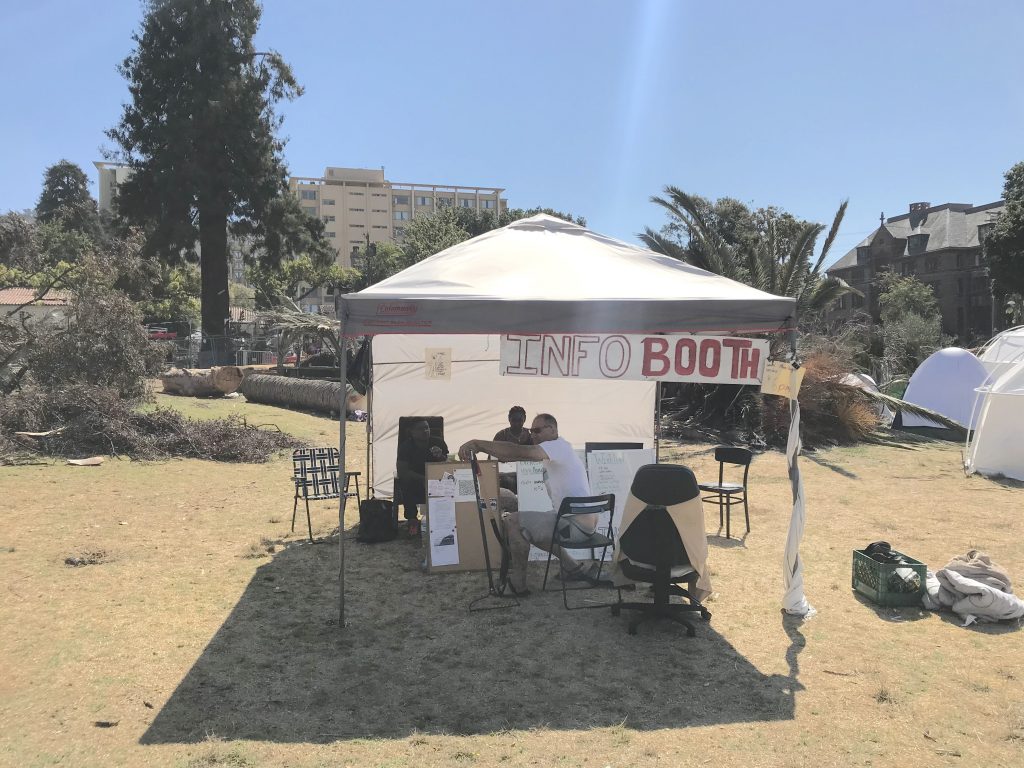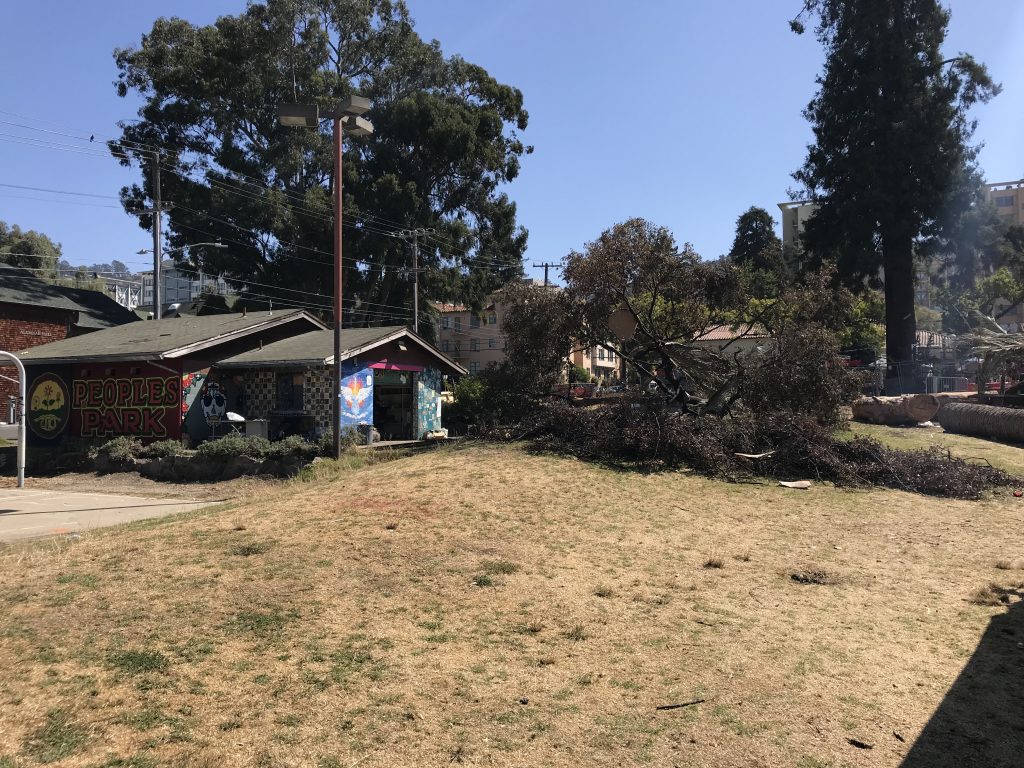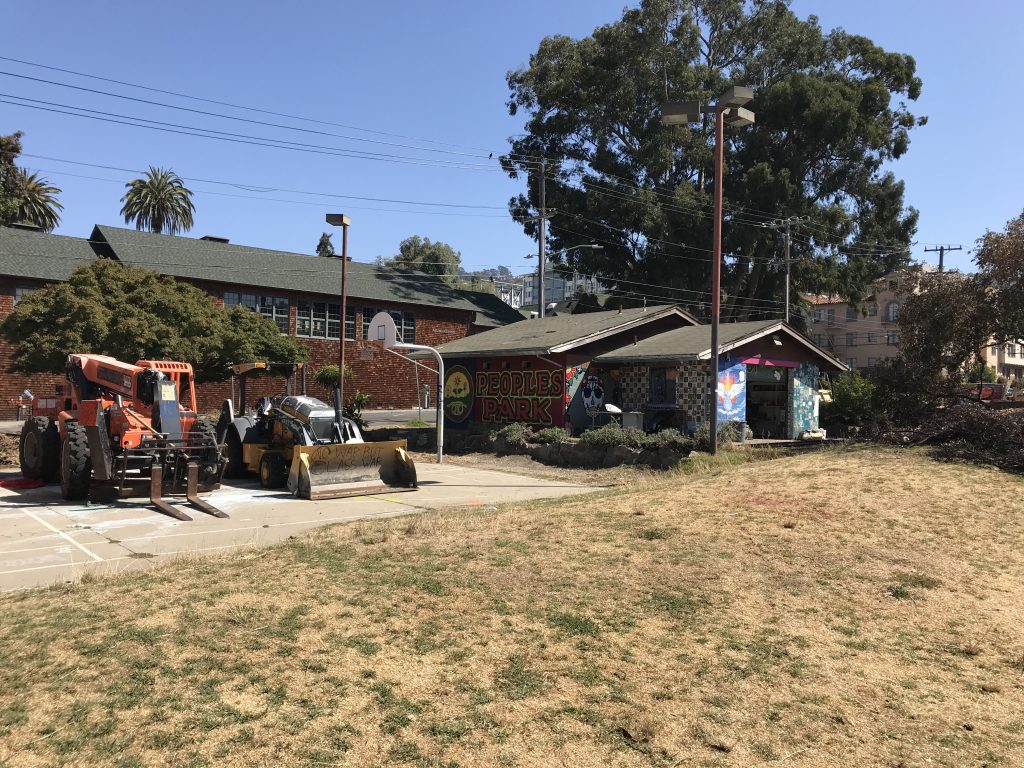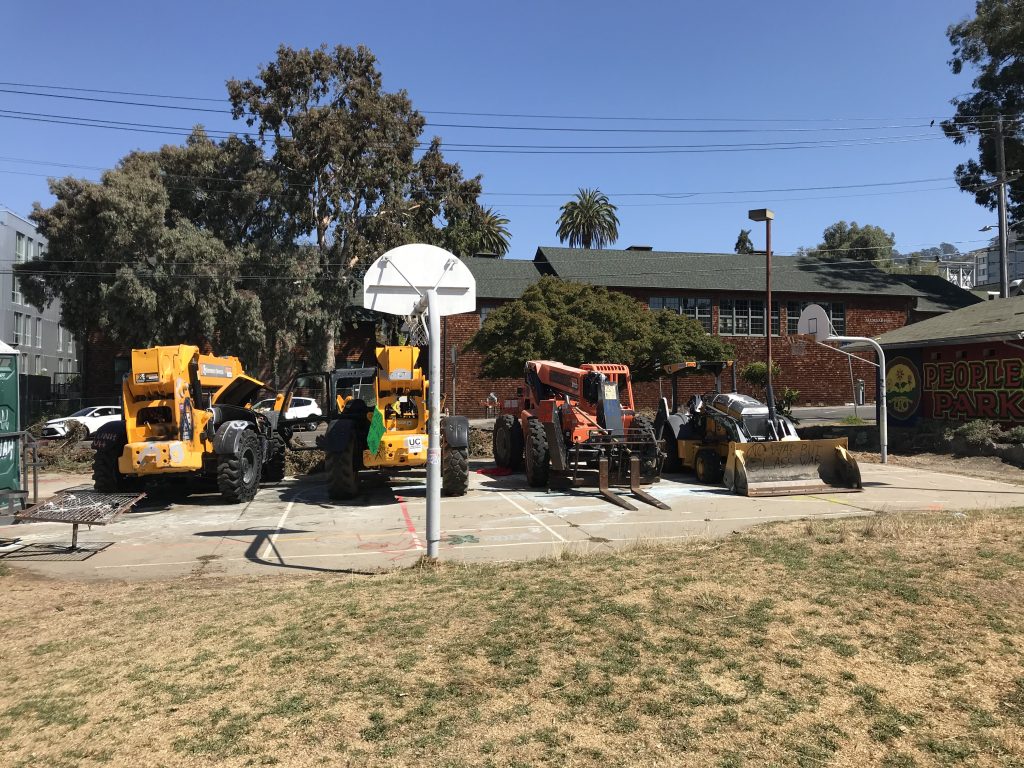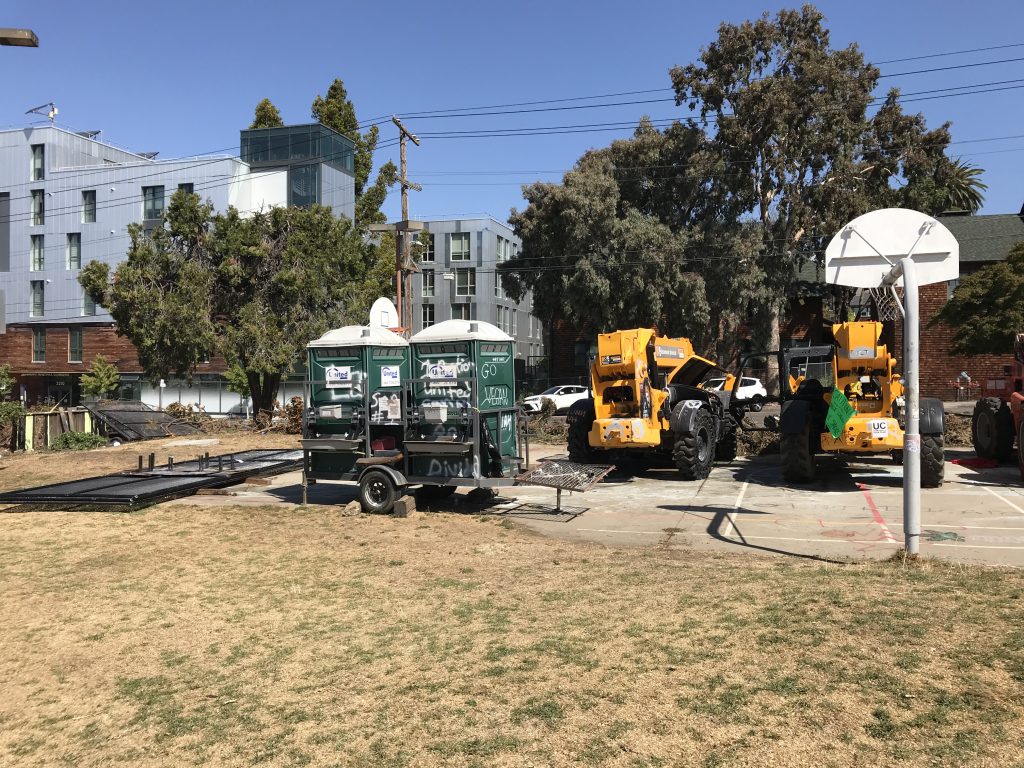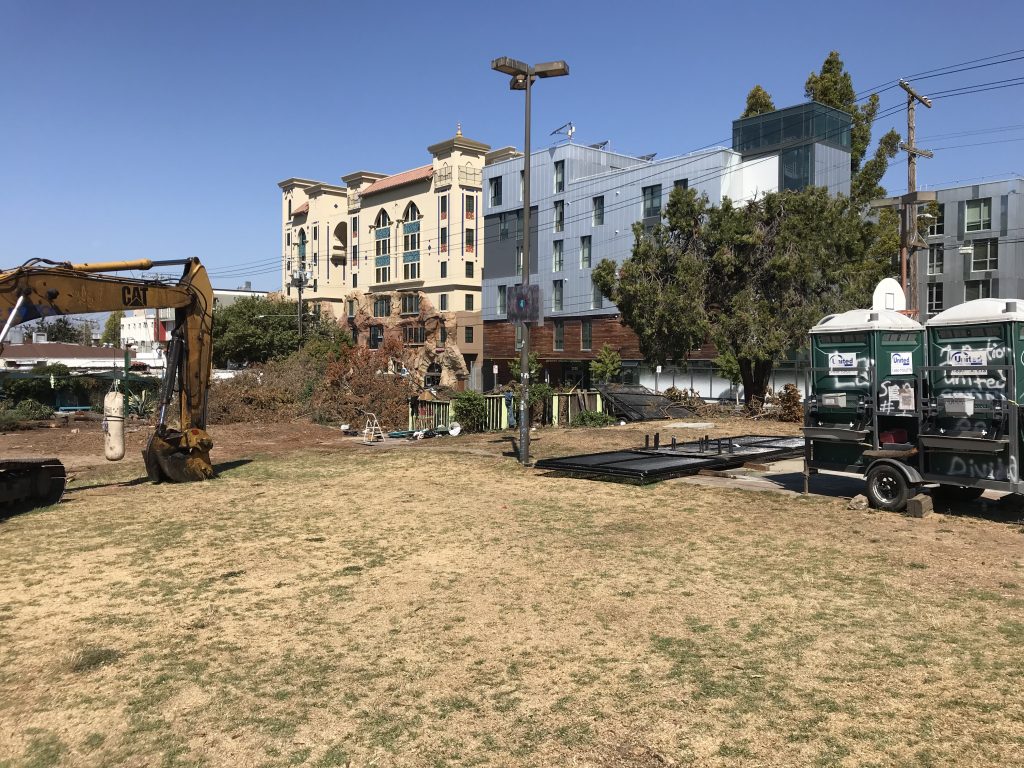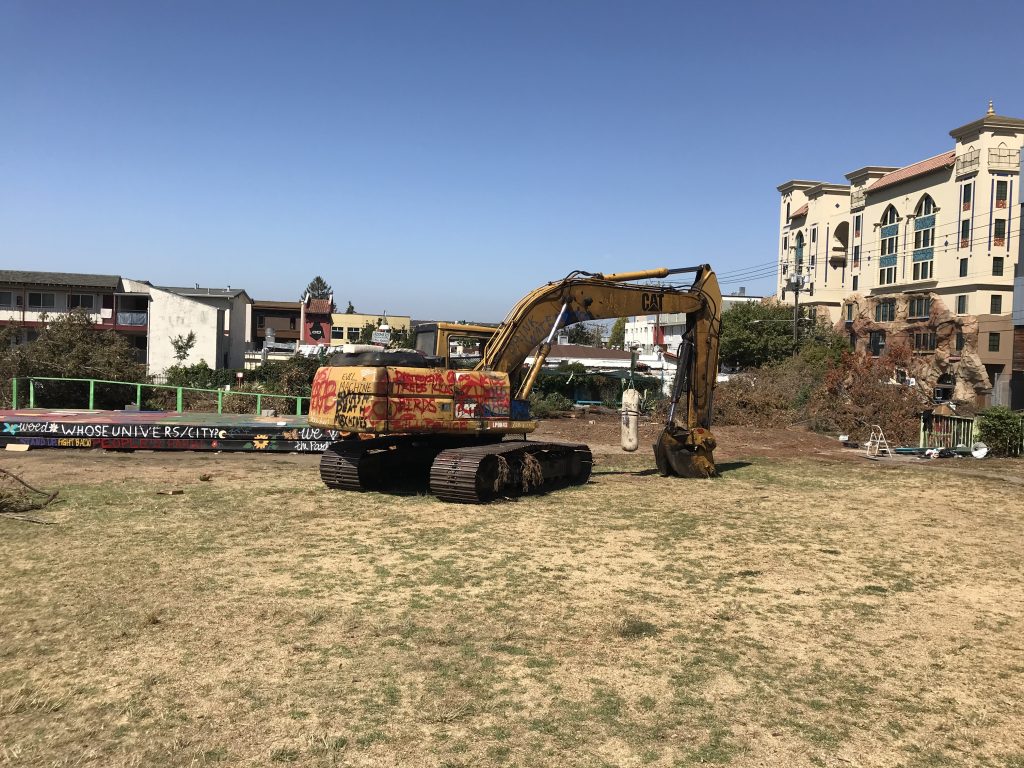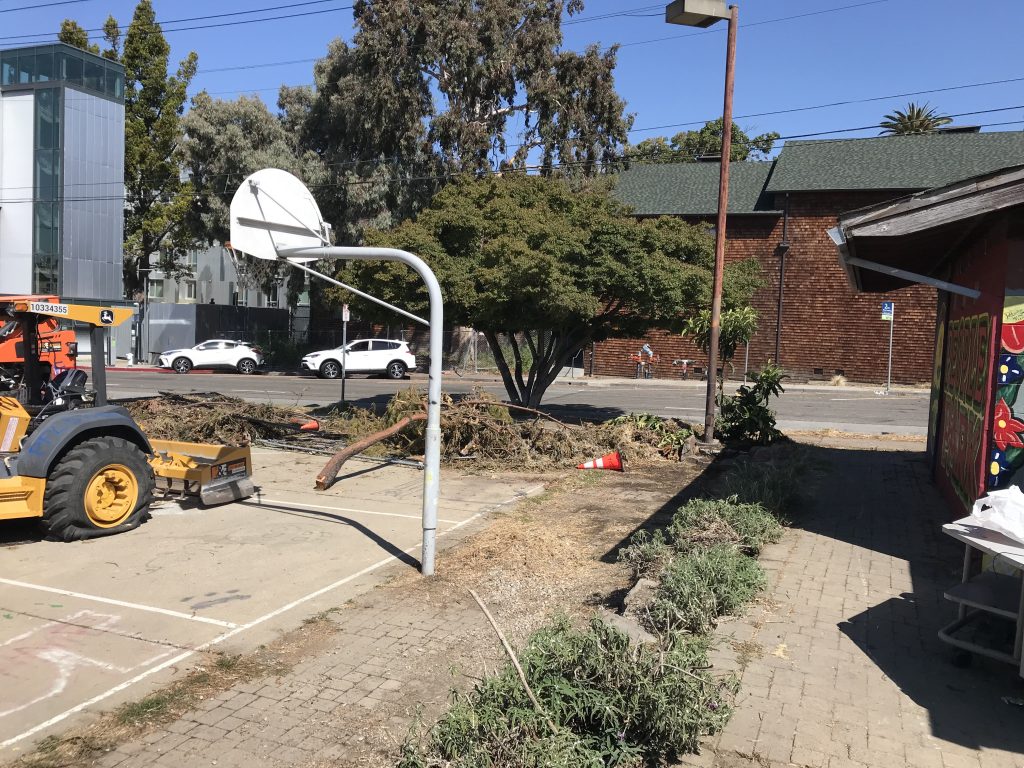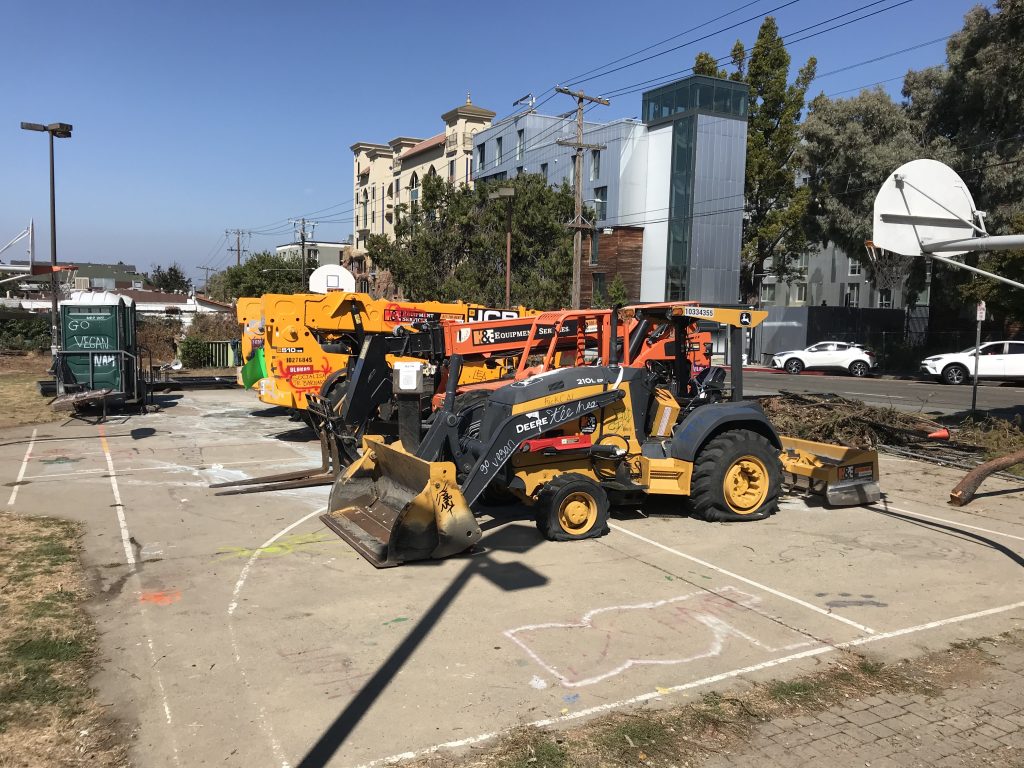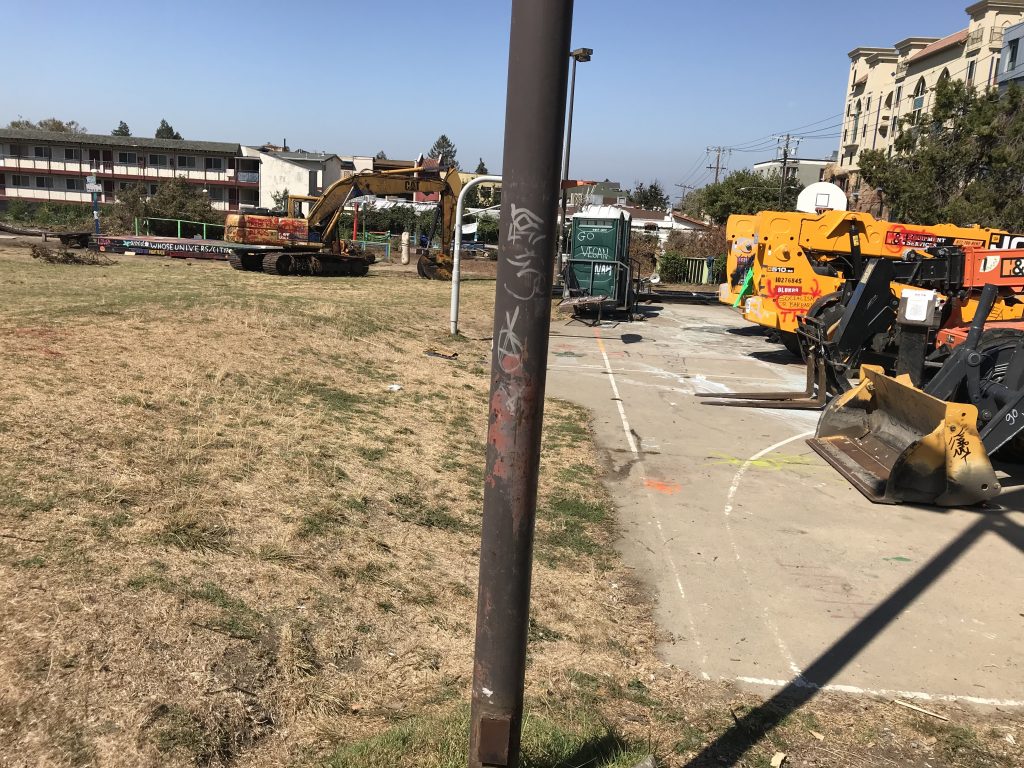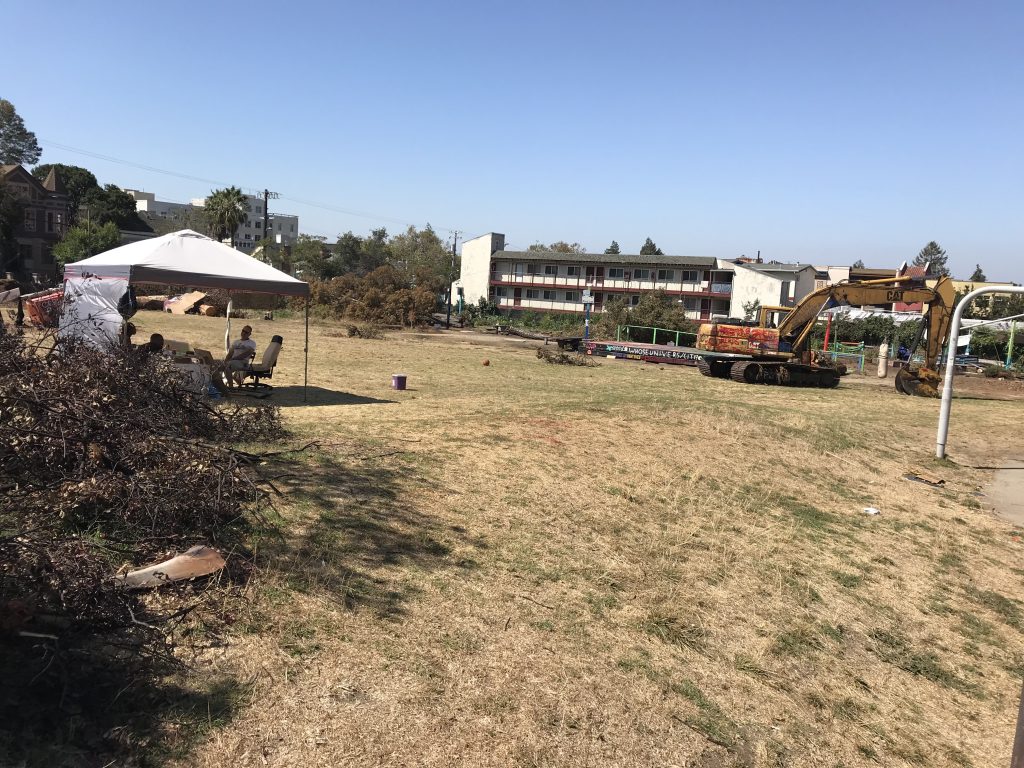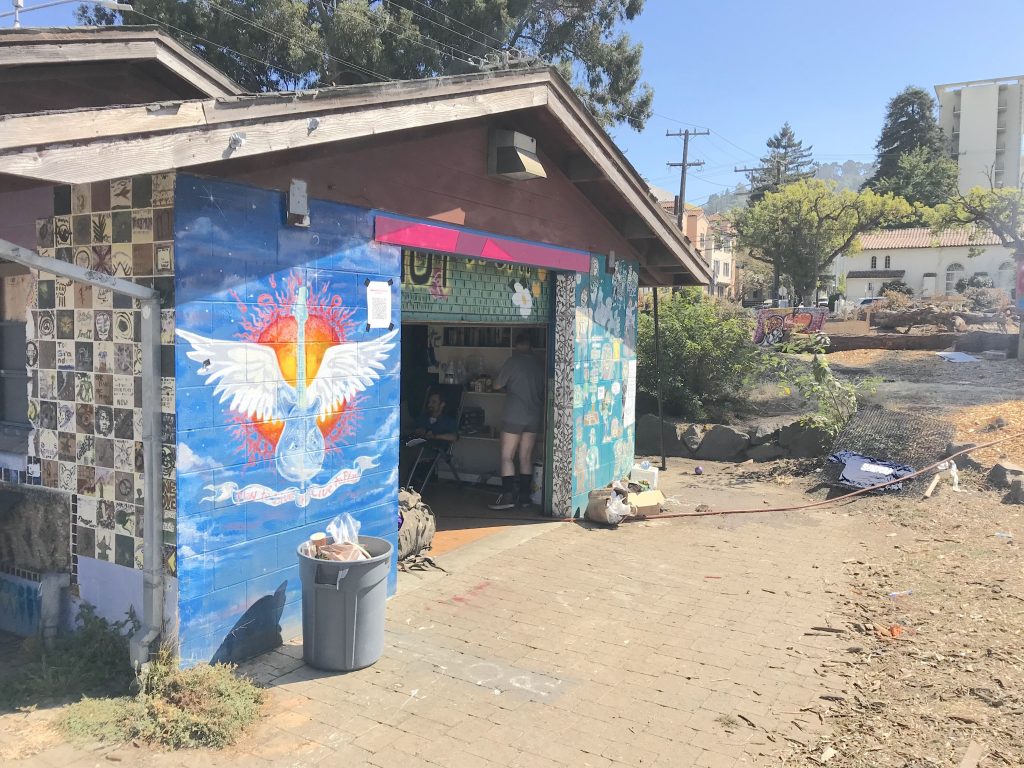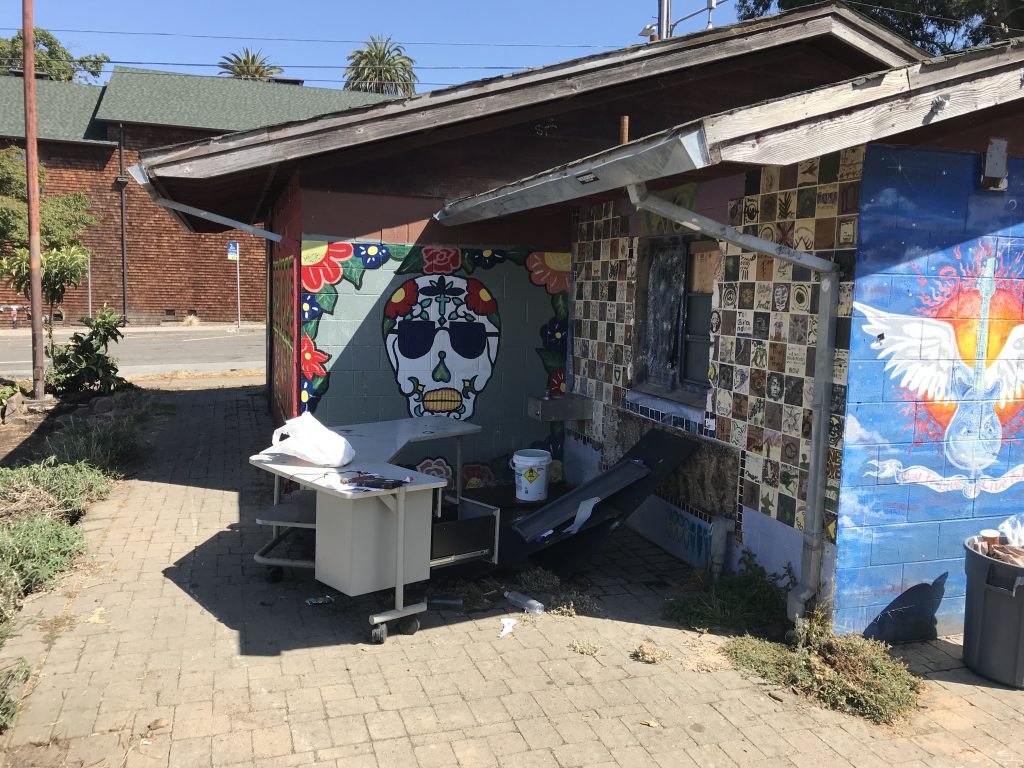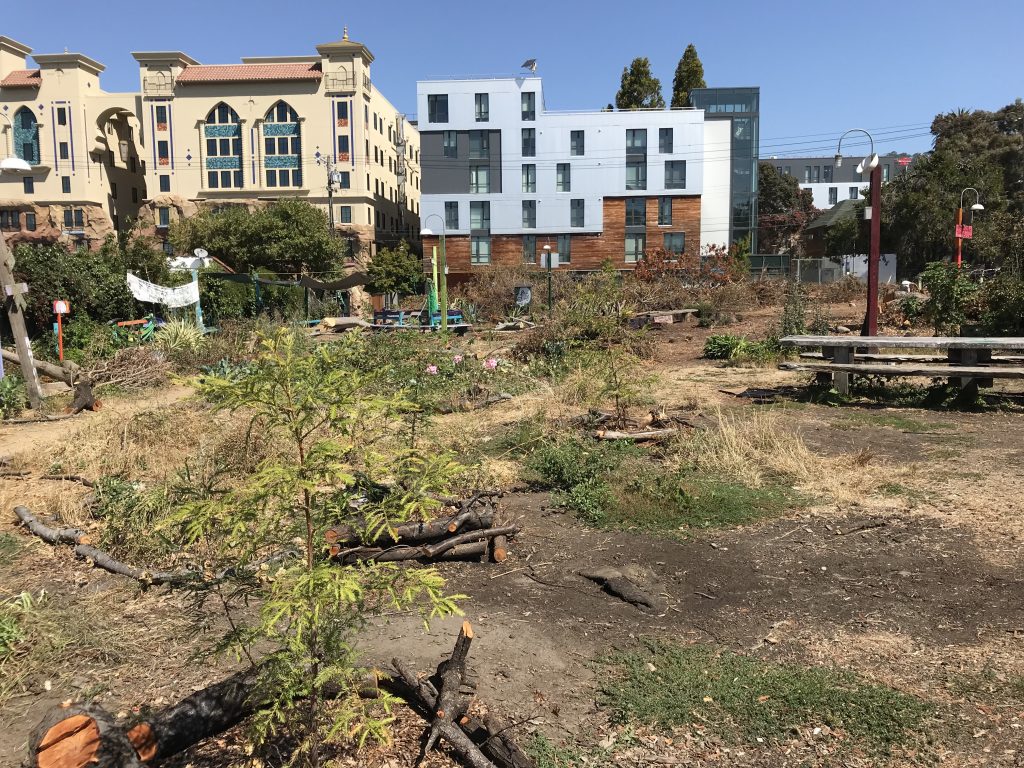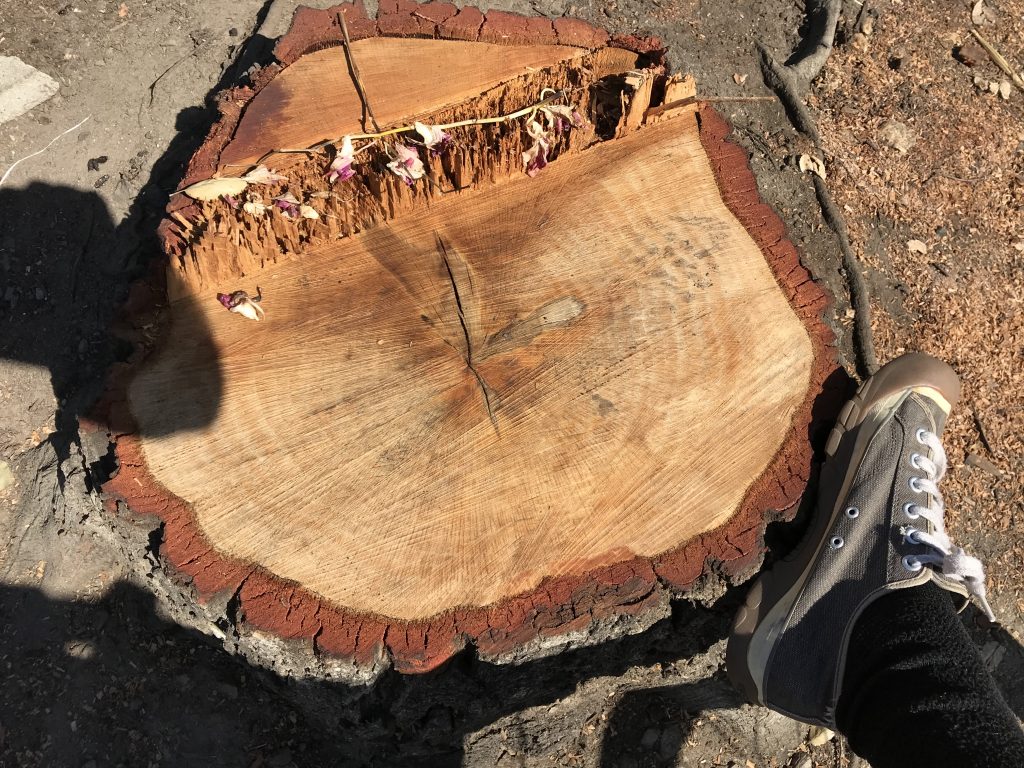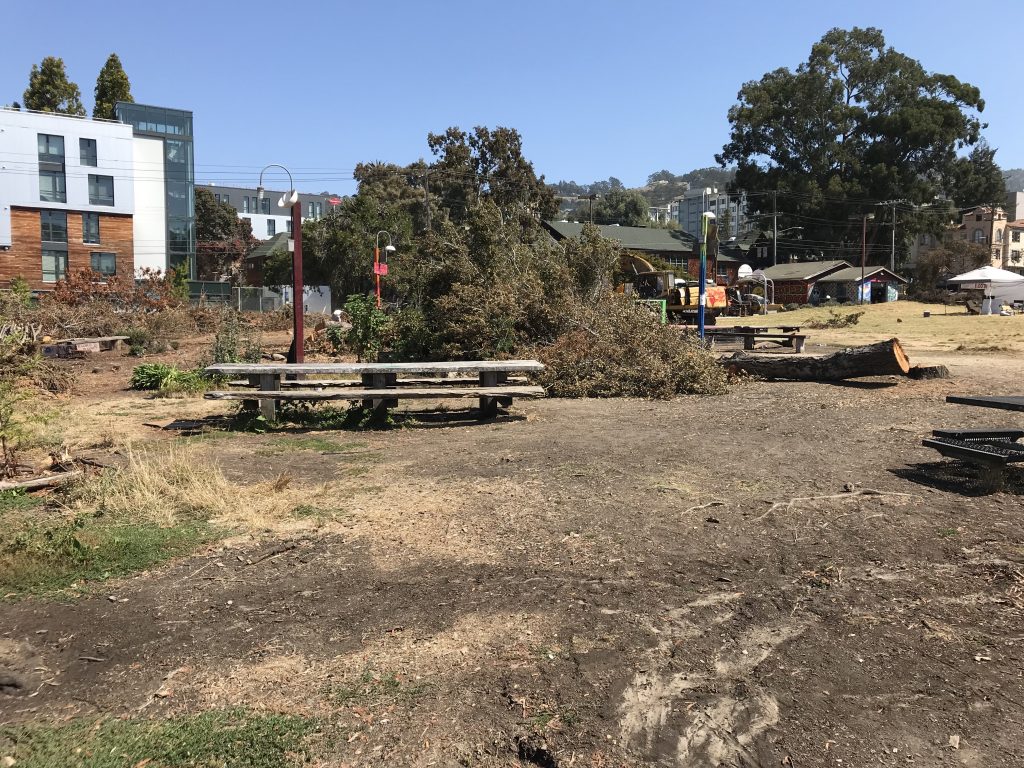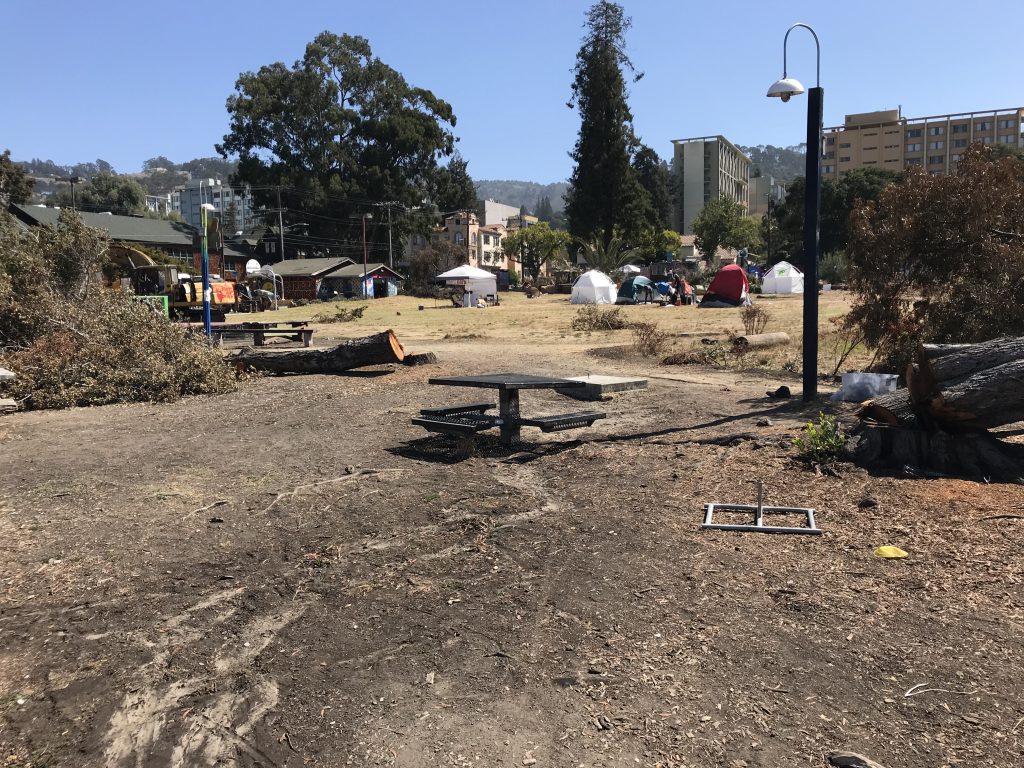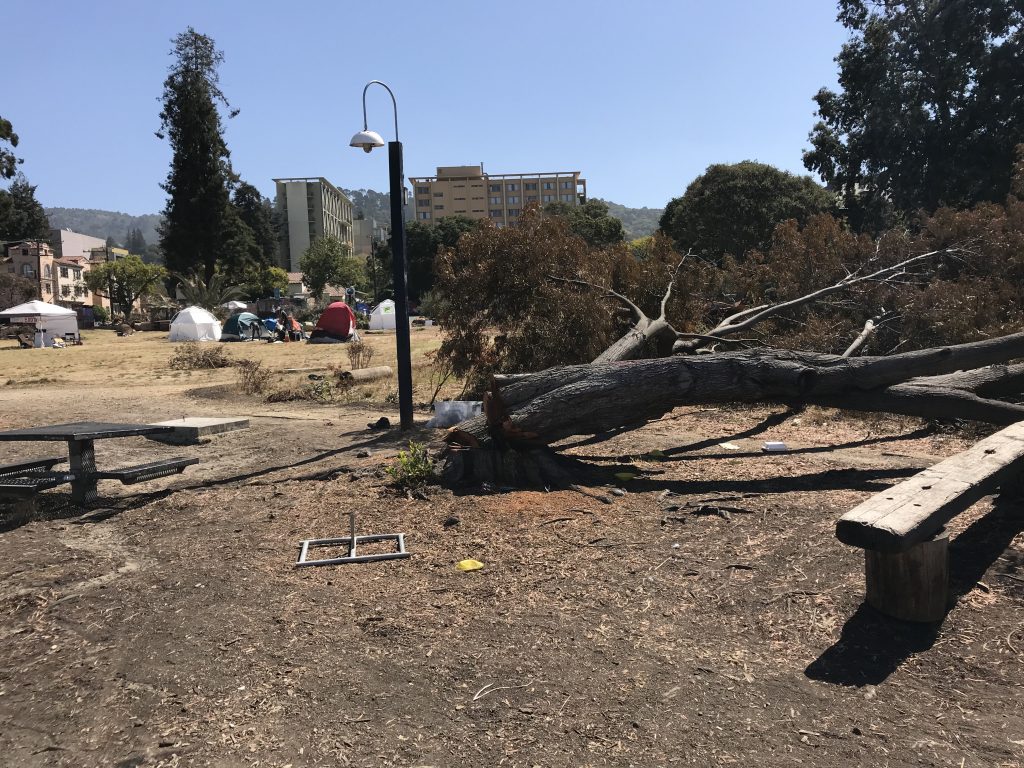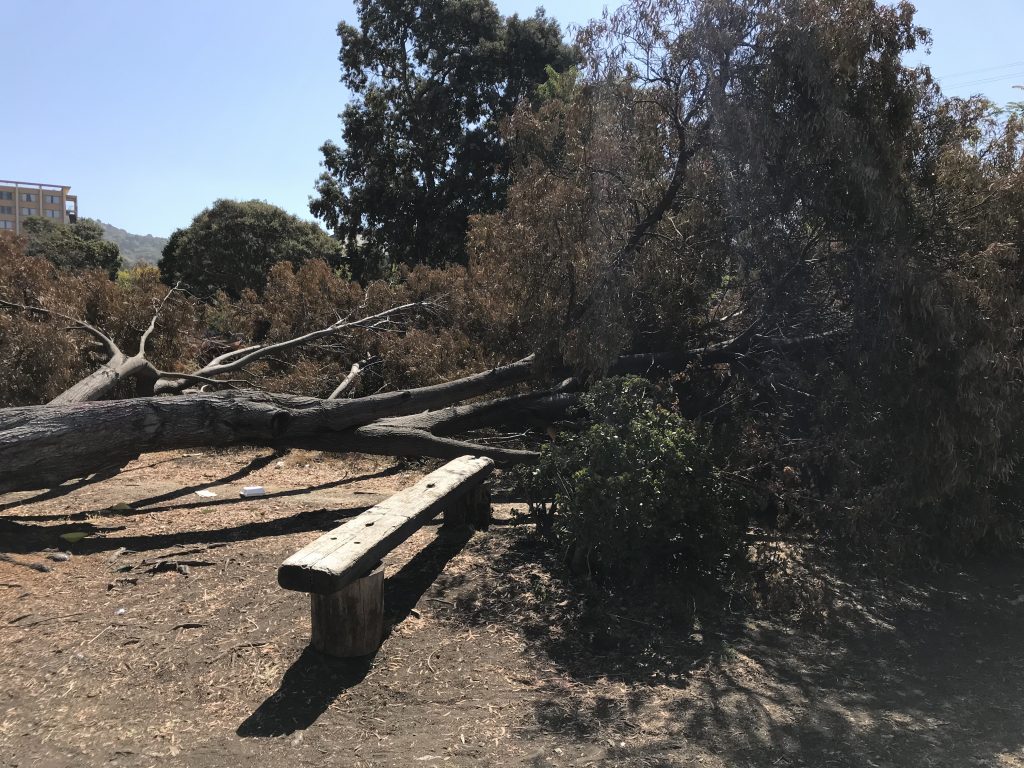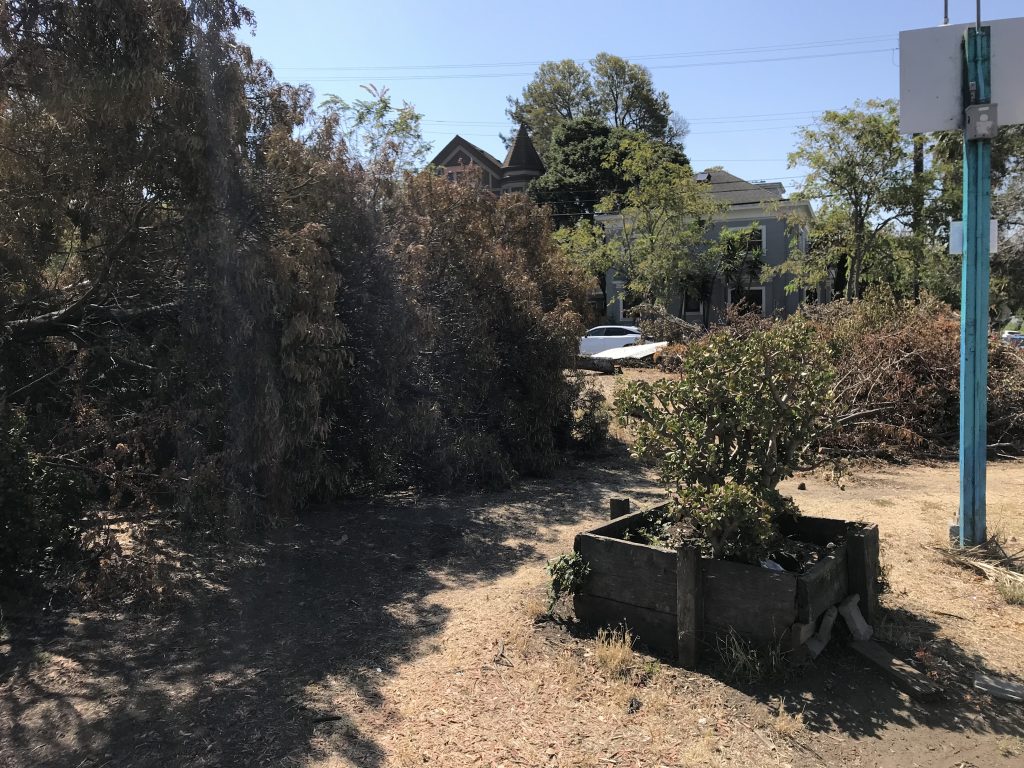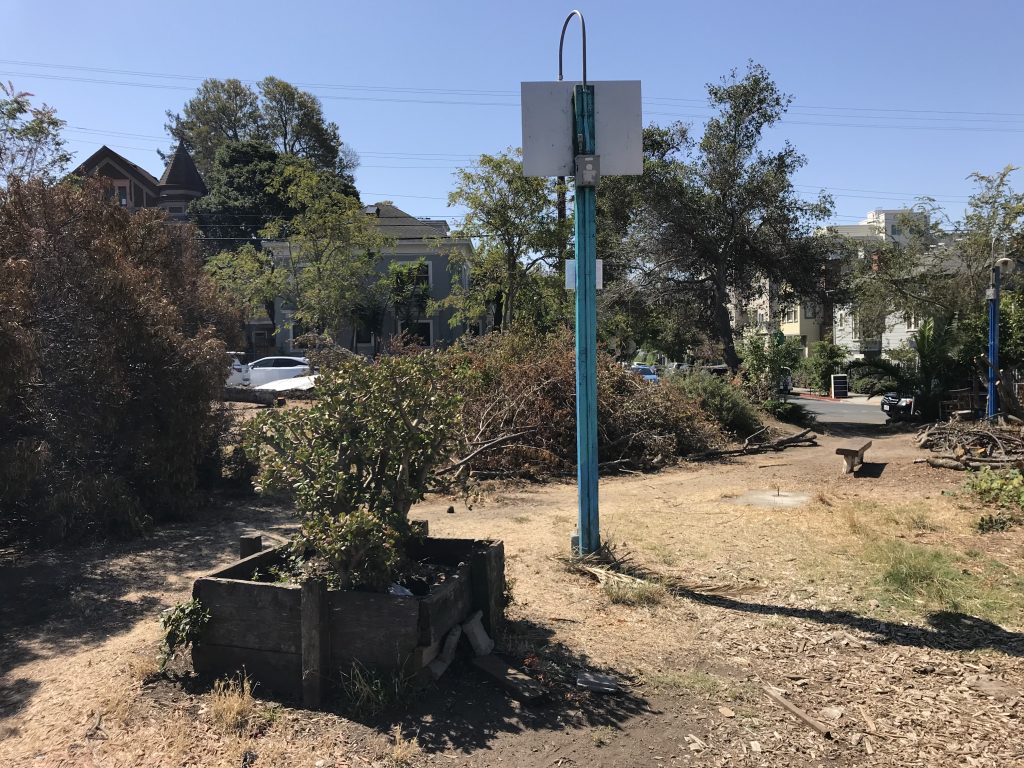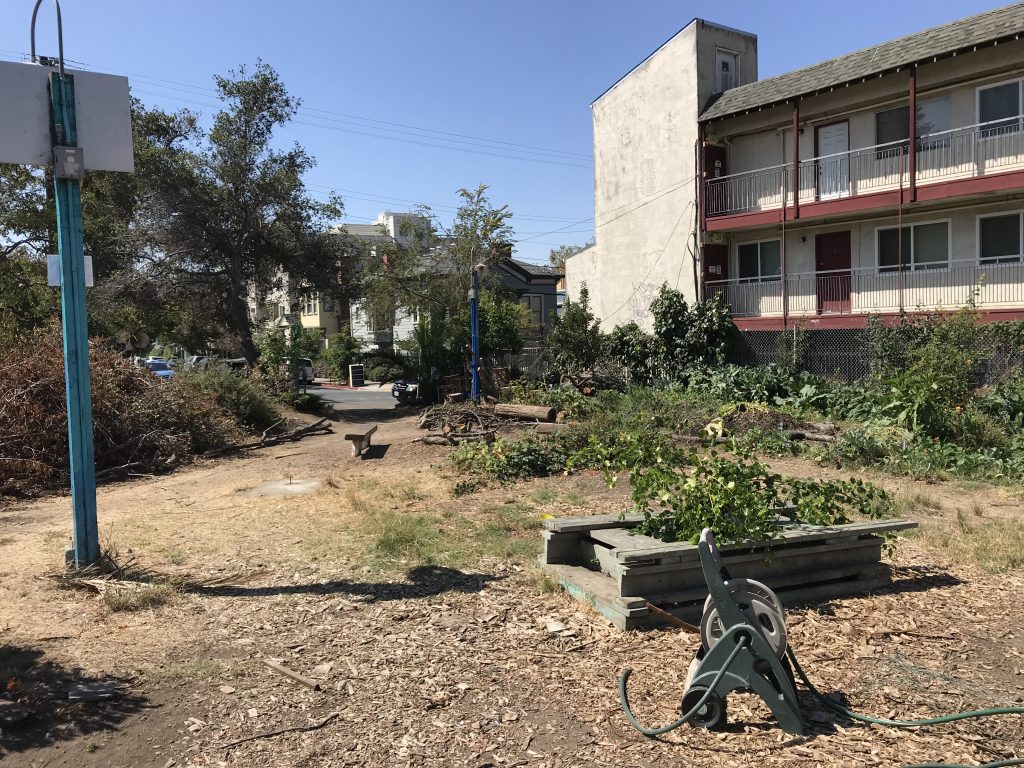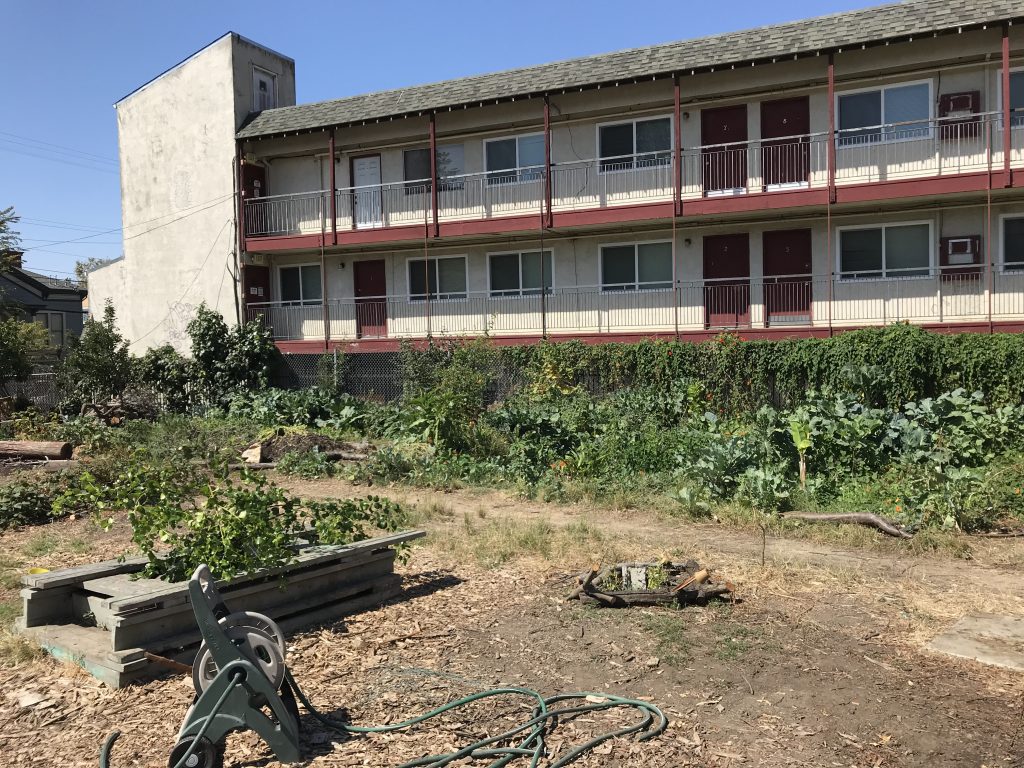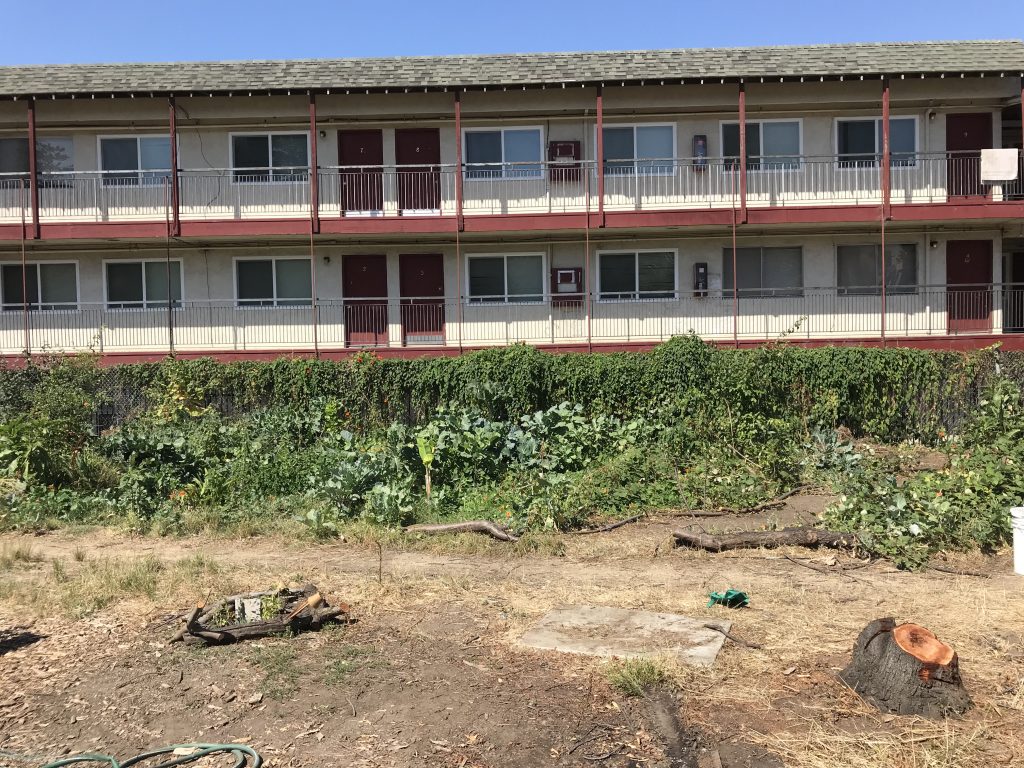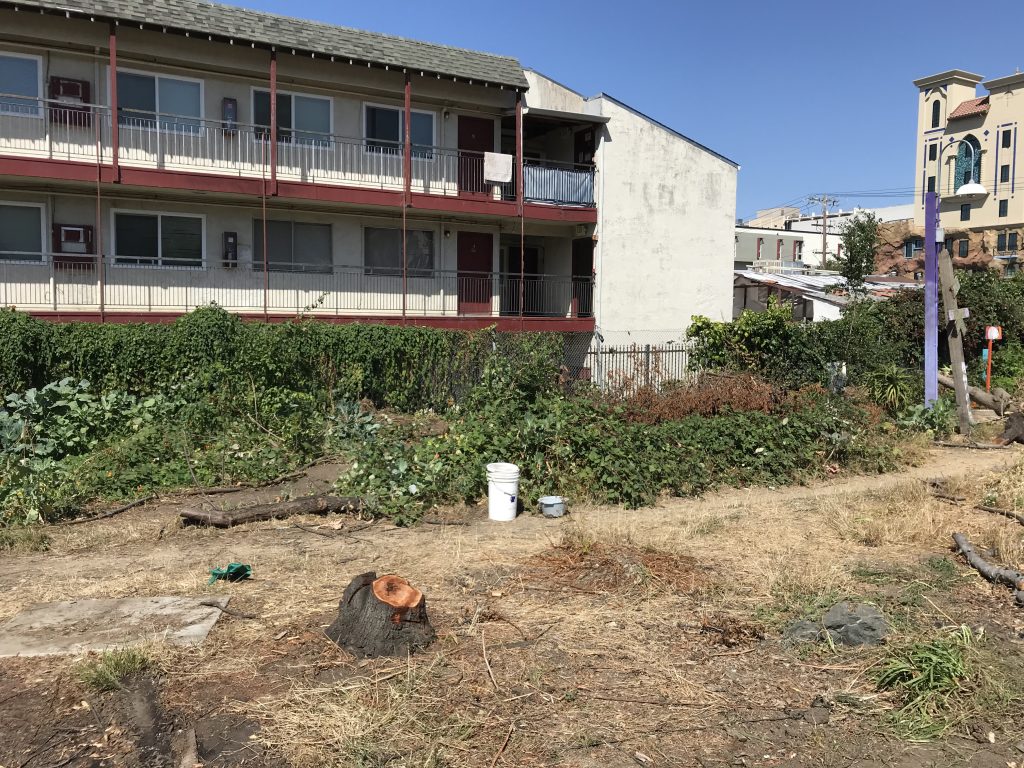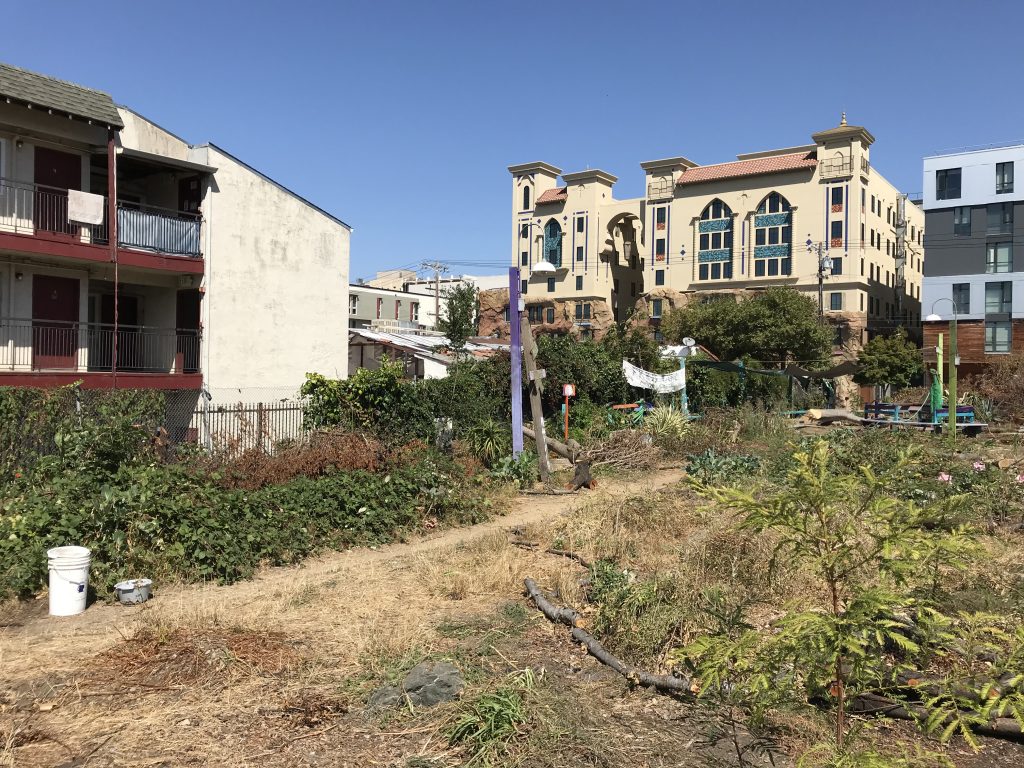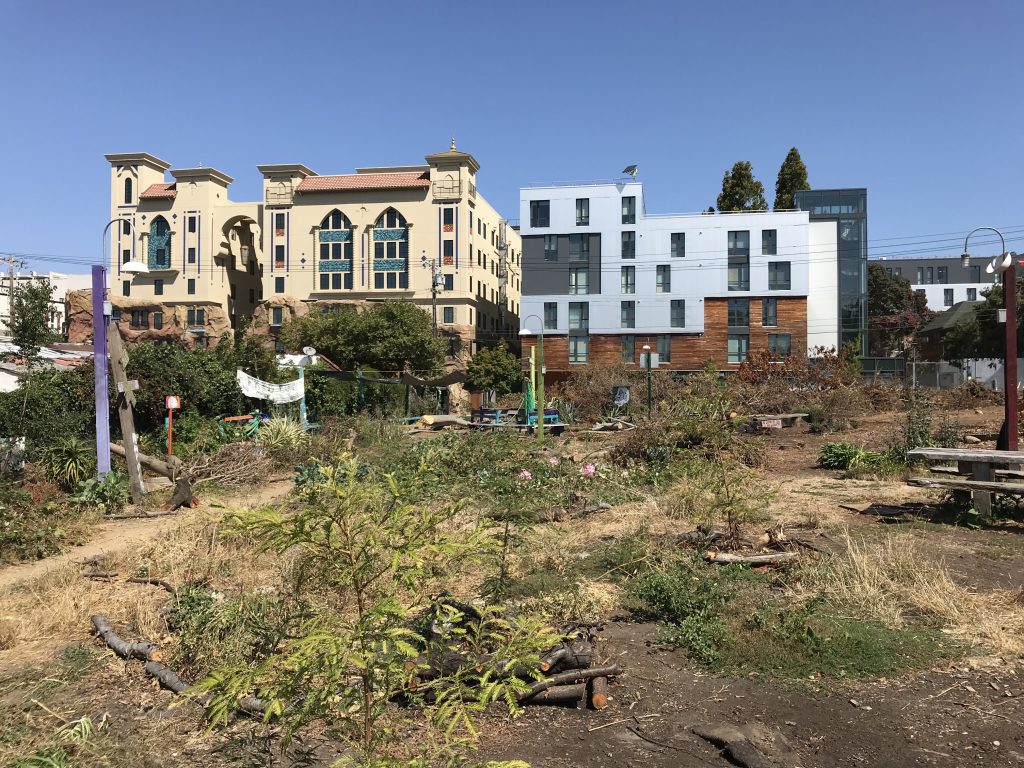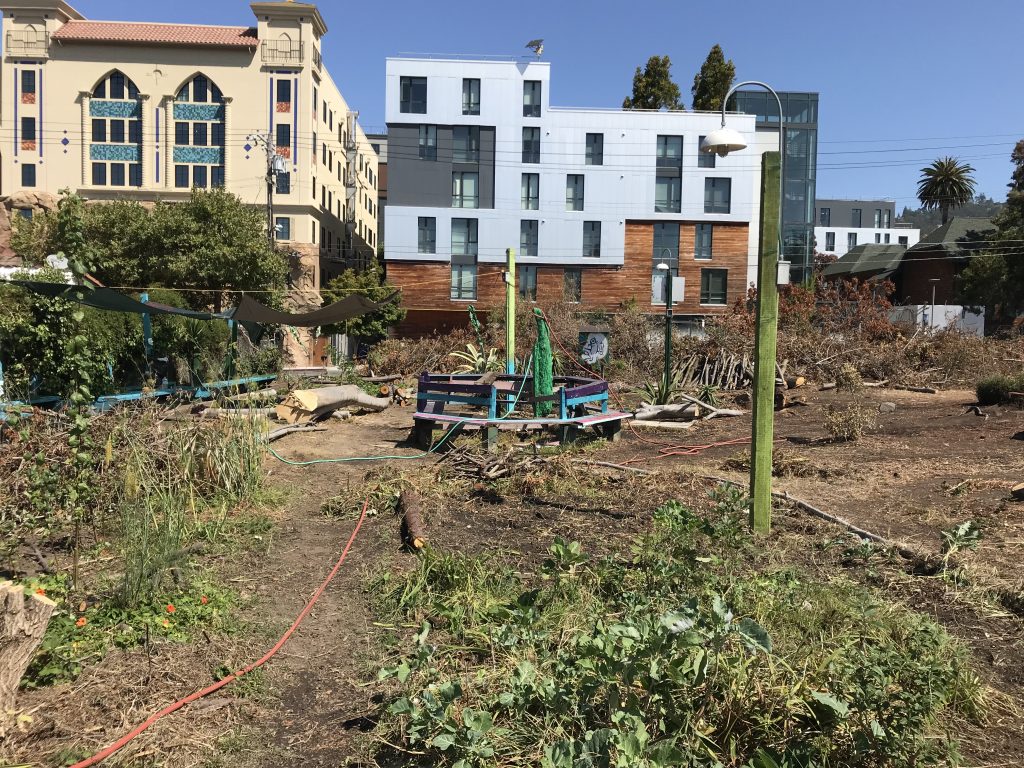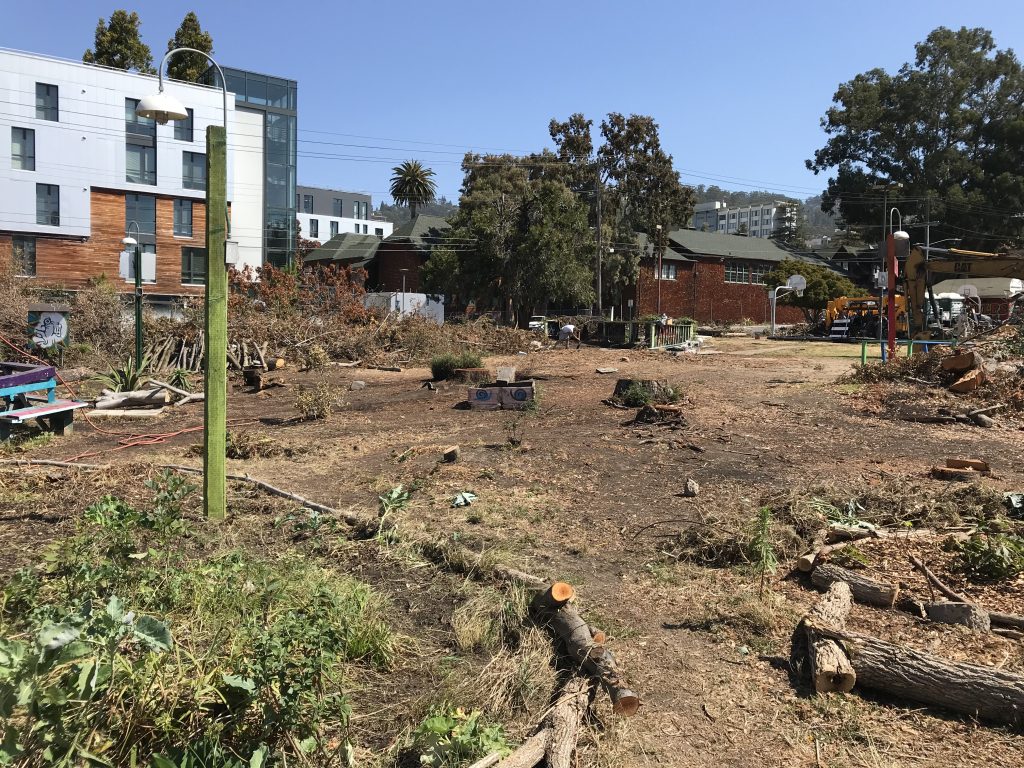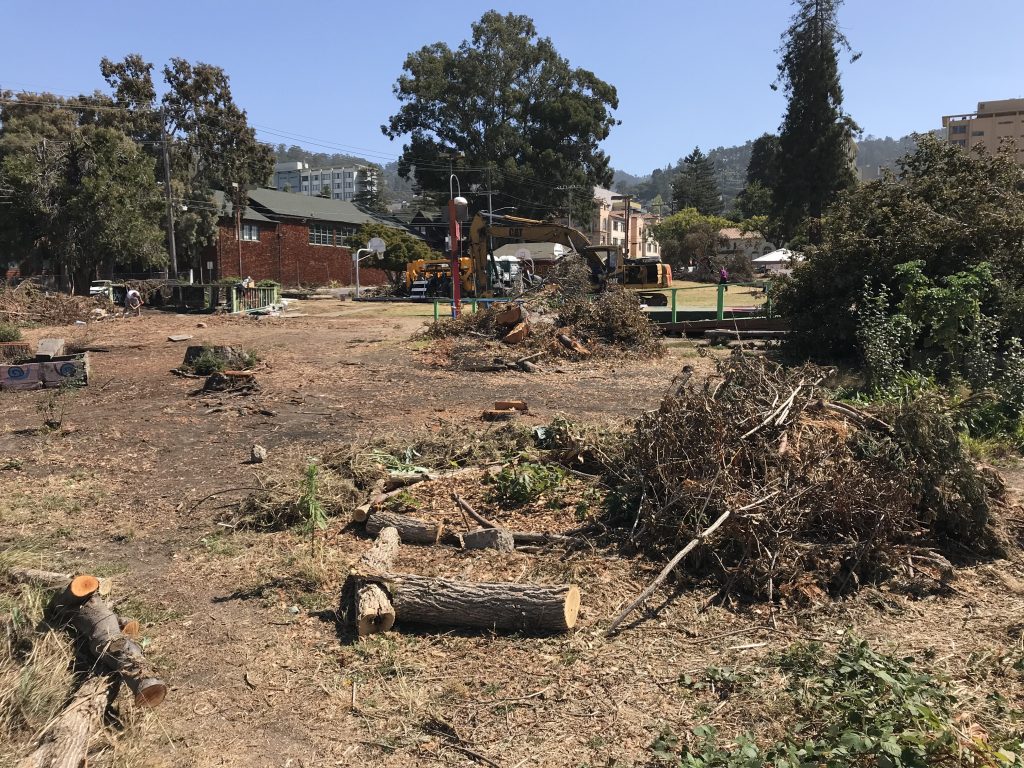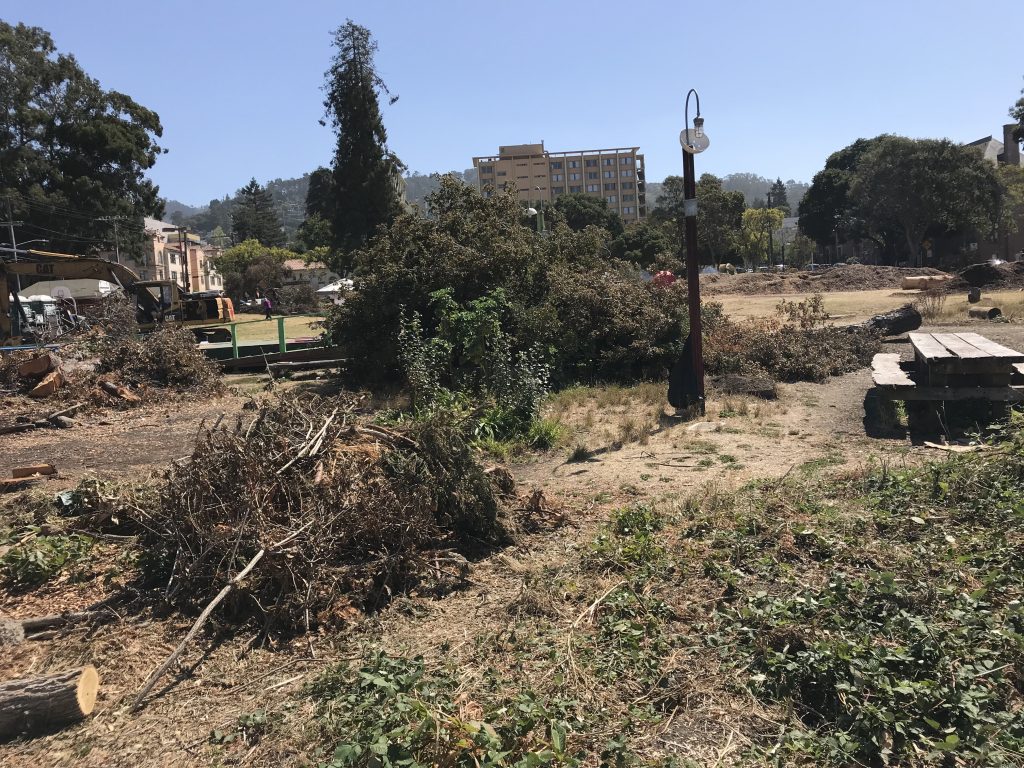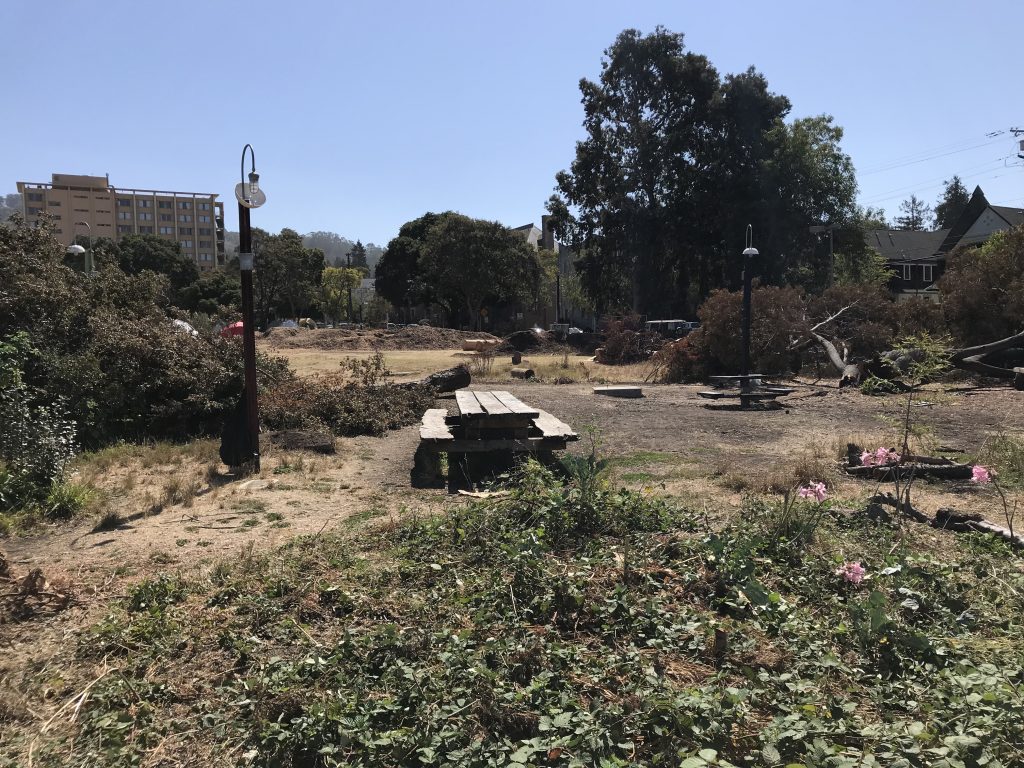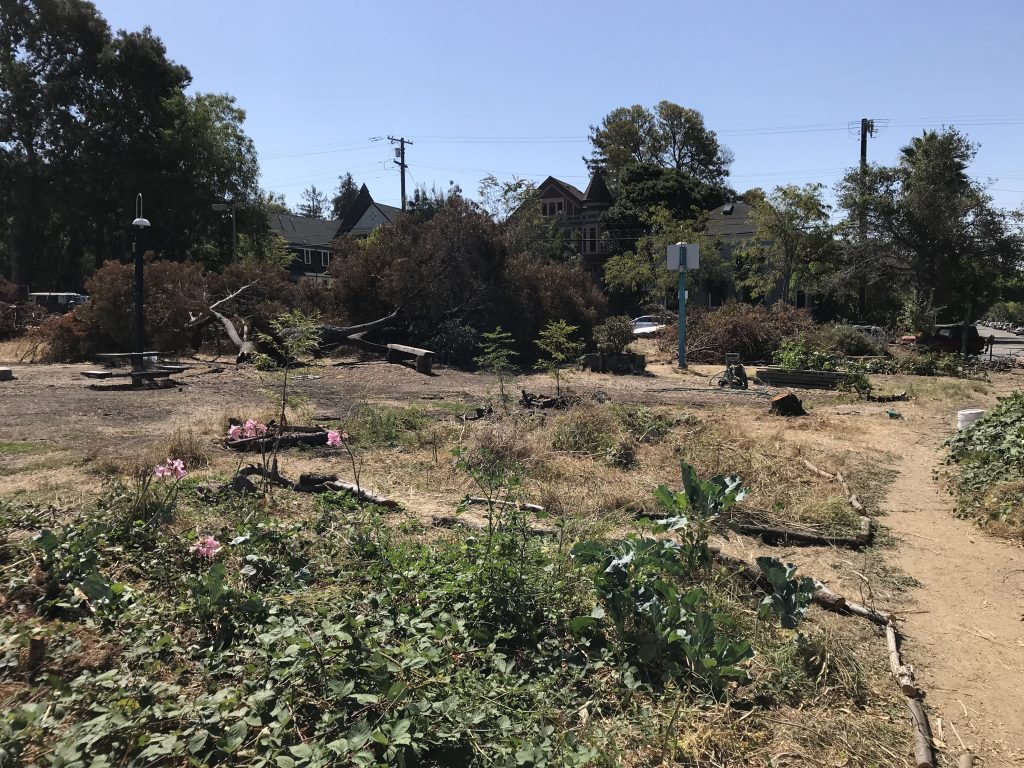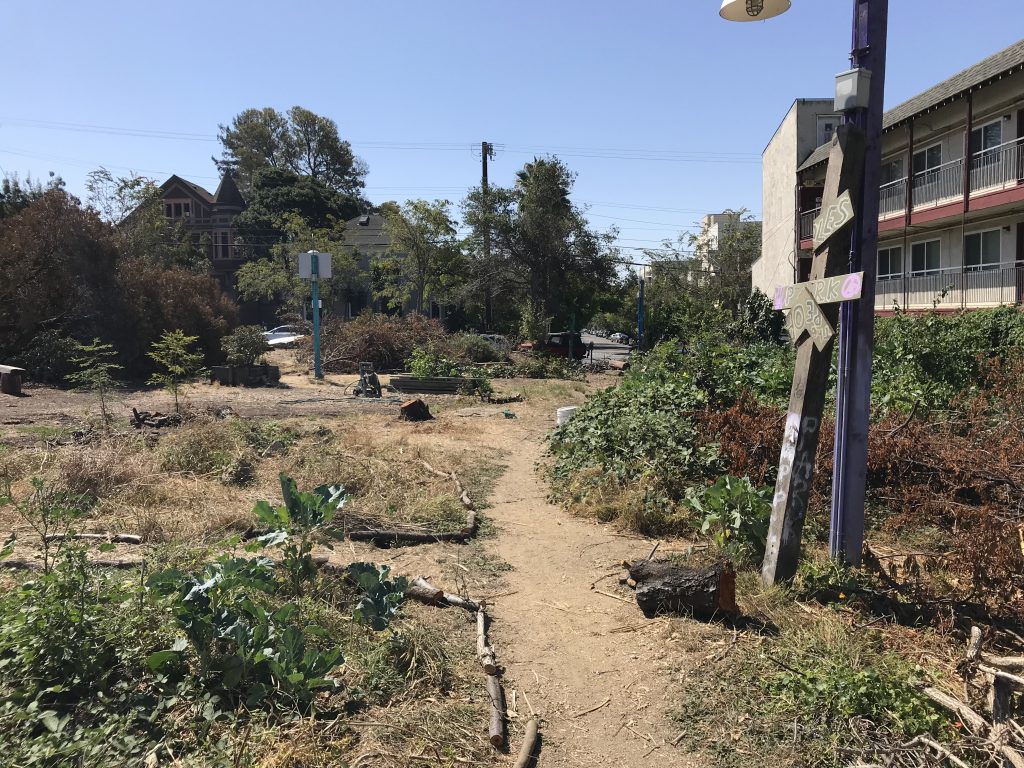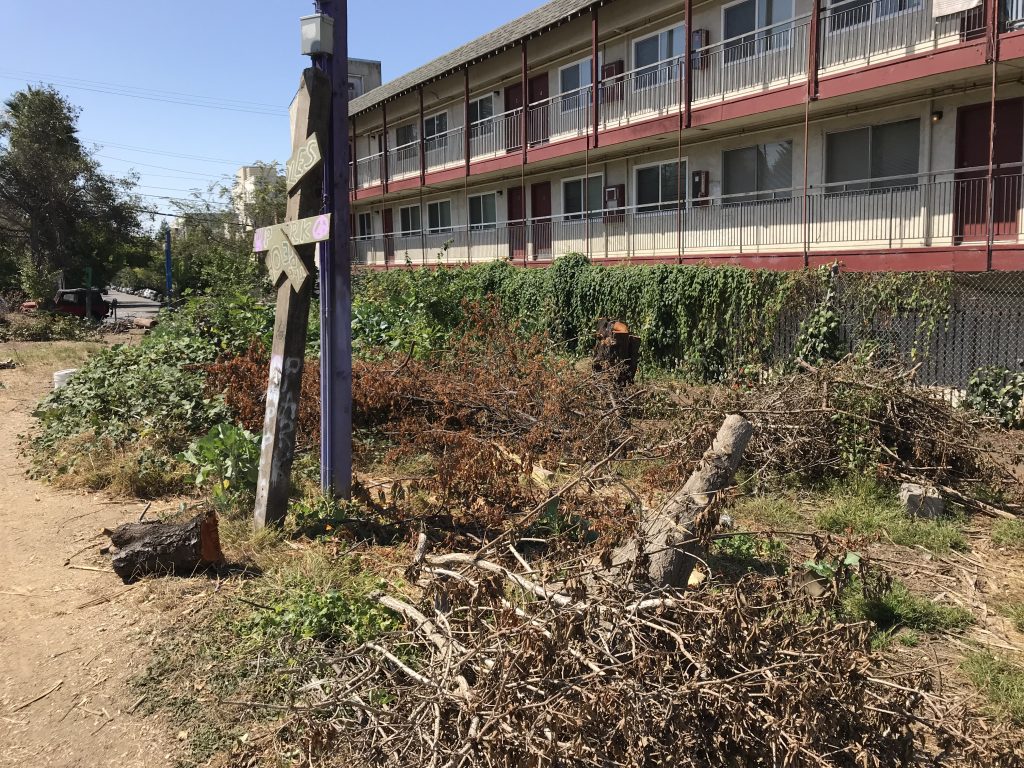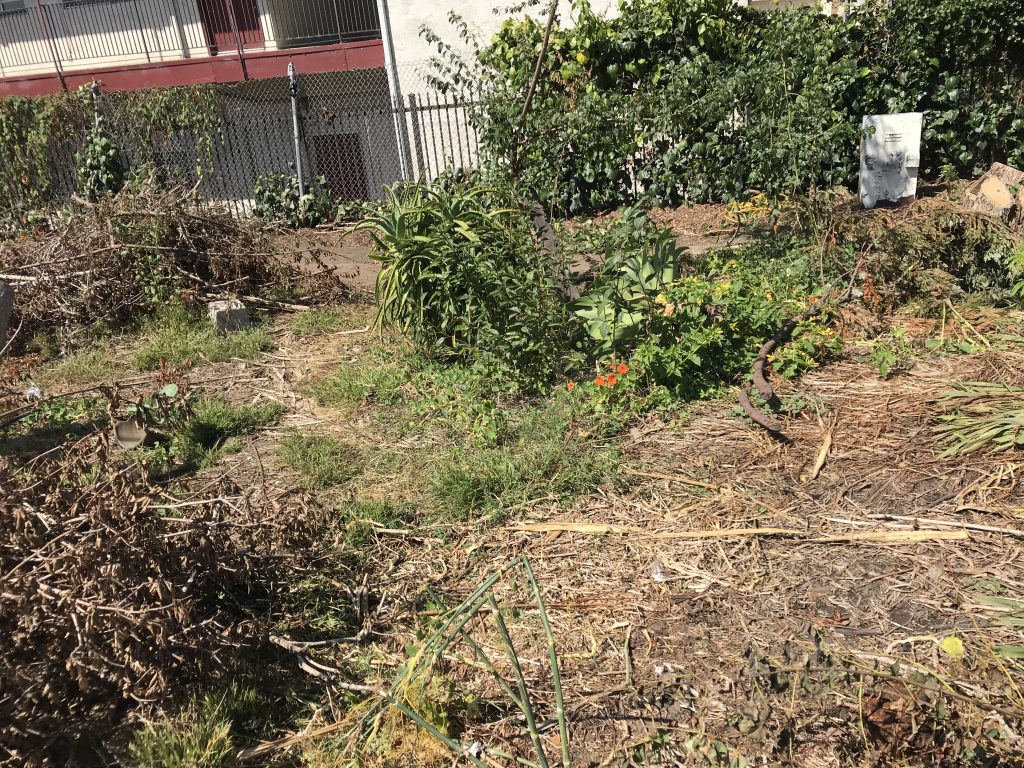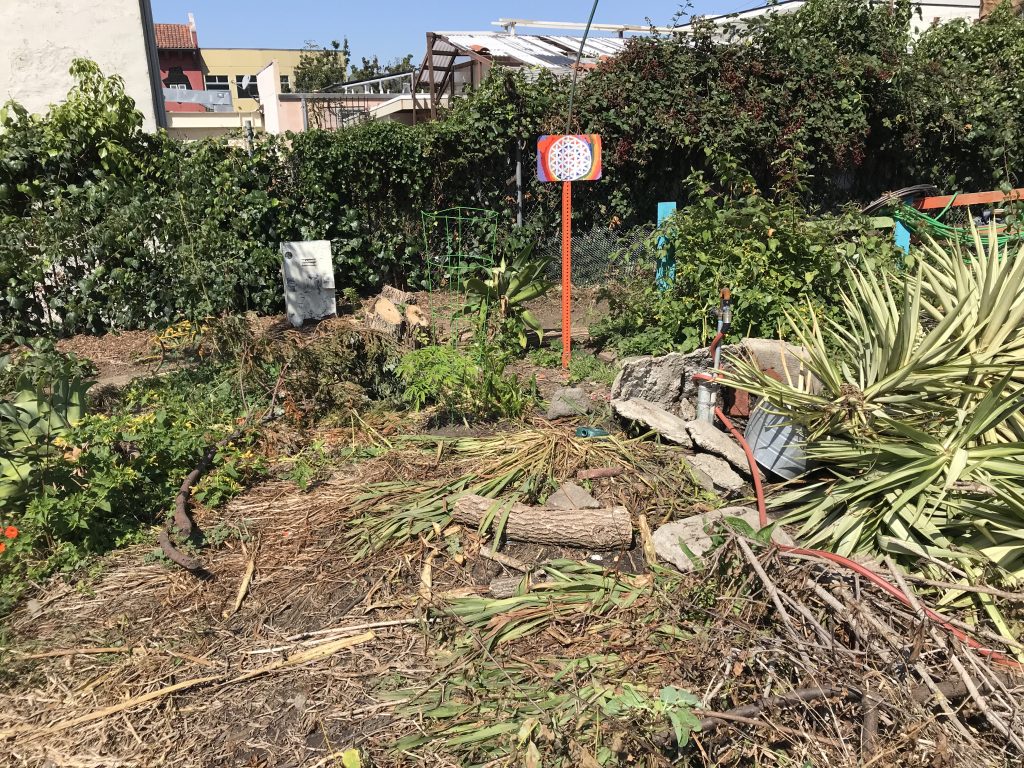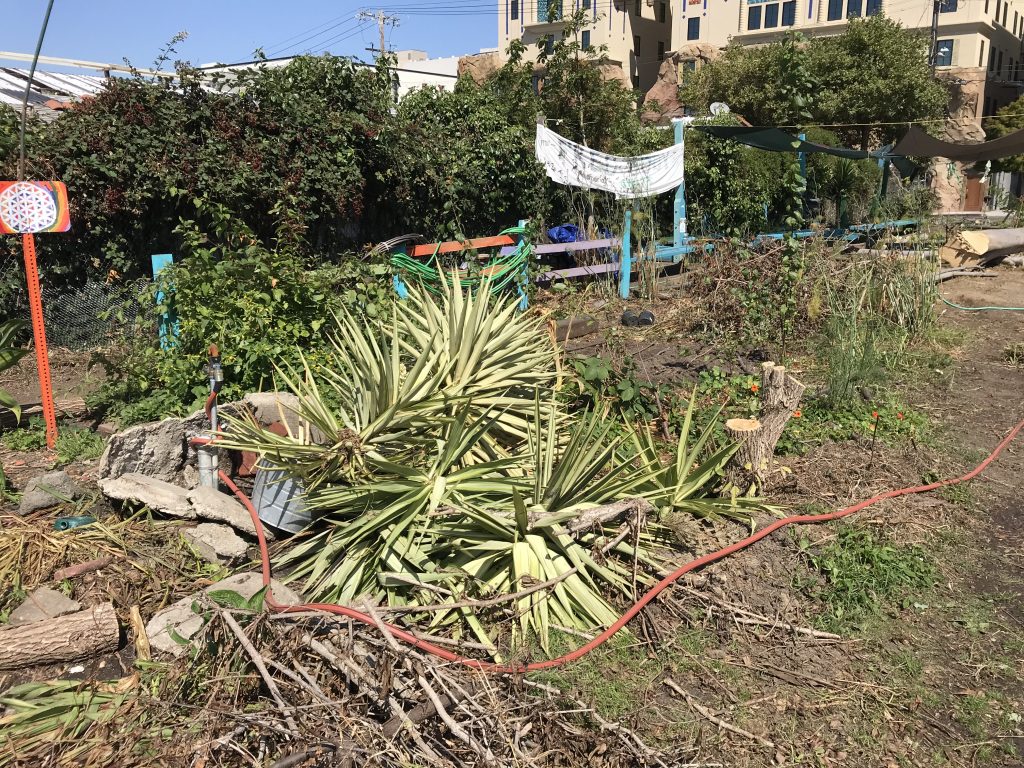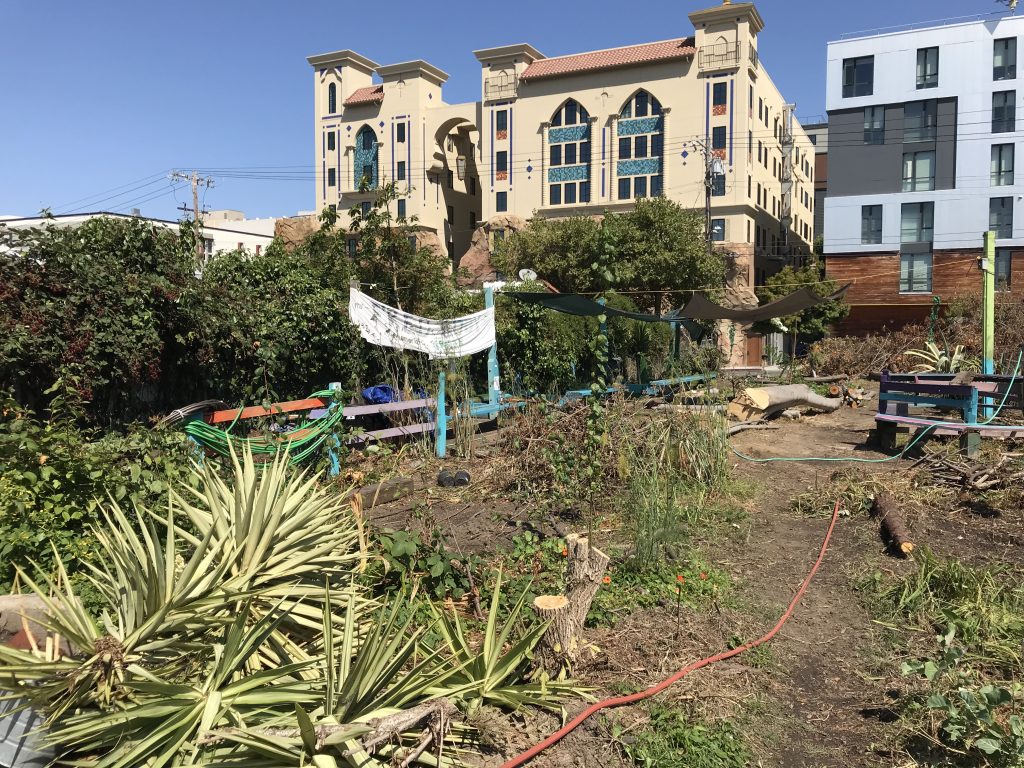On PROGRESS (or lack thereof) in the Matter of MAKE UC A GOOD NEIGHBOR, PEOPLE’S PARK HISTORICAL DISTRICT ADVOCACY GROUP, and PEOPLE’S PARK COUNCIL vs. BERKELEY CITY COUNCIL, MAYOR JESSE ARREGUIN, CITY OF BERKELEY, and REGENTS OF THE UNIVERSITY OF CALIFORNIA d.b.a. UNIVERSITY OF CALIFORNIA AT BERKELEY, Alameda County Superior Court Case No. RG21105966:
Our lawsuit on behalf of three (3) People’s Park groups commenced over a year ago, August 2, 2021, as a Petition for Writ of Mandate against the Berkeley City Council and Mayor for violation of the California open-meeting law (the Ralph M. Brown Act) and for violation of certain laws, including Berkeley Measure L and Measure N (true copies of which are attached to this email message).
Berkeley Measure L and Measure N (PDF)
The case, originally a Petition against the City Defendants, has now morphed essentially into a Complaint for Breach of Contract against the University of California (“UC”).
Under the purview of Hon. Frank Roesch, an Alameda Superior Court judge, People’s Park’s pleadings have now been amended four (4) times in response to demurrers and other motions designed to defeat the people’s efforts to challenge the Berkeley City Council and Mayor’s secret agreement with UC, a deal by which the City corruptly colluded with UC to sell out the public interest in controlling overcrowding, in receiving equitable compensation for City services, in maintaining low-income housing, and in preserving parks and open space within the City limits, most notably, People’s Park.
On behalf of People’s Park Council and the two other non-profit community groups, I filed the 4th Amended Petition and Complaint on November 17, 2022, and directed a copy to David M. Robinson, Chief Campus Counsel for UC Berkeley. I then appeared before Judge Frank Roesch the following morning in a Zoom hearing for Case Management and Compliance. The next Case Management Conference is set for February 3, 2023, at 9:00 a.m. in Dept. 17.
The current incarnation of this People’s Park lawsuit, namely the 4th Amended Petition and Complaint, largely consists of an action against the Regents of the University of California (UC) alleging breach of contact. Specifically, UC breached multiple agreements with People’s Park Council and with the founding Park gardening group, People’s Park Project/ Native Plant Forum, agreements that date back as far as 1978 and 1979.
At least two (2) of these agreements were written and signed by representatives for People’s Park and the UC Berkeley campus administration, the Letter of Agreement dated May 8, 1978, and the Letter of Understanding, dated January 5, 1979. Some of the other agreements, both written and verbal, expressed and implied, were described in an open letter dated August 31, 1979, from Associate Vice Chancellor T. E. “Ted” Chenoweth to his boss, Vice Chancellor R. F. “Bob” Kerley. True copies of all three (3) contractual “Letters” are attached to this email message.
3 Letters of Agreement – University of California, Berkeley Campus Chancellor’s Office and the People’s Park Project/Native Plant Forum (PDF)
UC had systematically breached its solemn agreements with People’s Park organizations for many years, even before the most recent wanton and tragic acts of destruction, especially those wrought last summer, 2022. We will pursue the ongoing action for breach of contract, as well as planning to claim property damages in a separate proceeding.
Breach of contract may not be a crime, it’s true, but destruction of property and vandalism ARE indeed crimes. UC has wantonly and brazenly acted to destroy People’s Park, harming and killing trees, shrubs, wildlife habitat, and many other landscape features, including damage to the ramp for the People’s Stage.
These living items belong to the people, by and through the People’s Park organizations and volunteers who created them, bought and paid for them, installed and planted them. These items were and are NOT the property of UC or the Campus Administration. The People’s Park agreements that UC has violated are proof of UC’s knowledge, intent, and malice that underlie their recent wave of senseless damage, destruction, and desecration.
UC has willfully stifled and vandalized the fruits of our creativity. UC has also heartlessly employed unfortunate social ills and challenges, such as homelessness and drug use, as a cynical weapon to discredit and defame People’s Park and the Park community, blaming the victim for the very problems of neglect that UC has fostered and focussed upon the sacred ground of People’s Park.
With unity, persistence and love, we can hold UC accountable for these wrongs, and commence the process of transforming the Berkeley campus administration from a purveyor of public corruption and higher ignorance, into an institution of higher learning and public cooperation.
Wishing good luck and a happy holiday to all,
David
DAVID L. AXELROD,
Attorney at Law
Documents:
Berkeley Measure L and Measure N (PDF)
3 Letters of Agreement – University of California, Berkeley Campus Chancellor’s Office and the People’s Park Project/Native Plant Forum (PDF)
